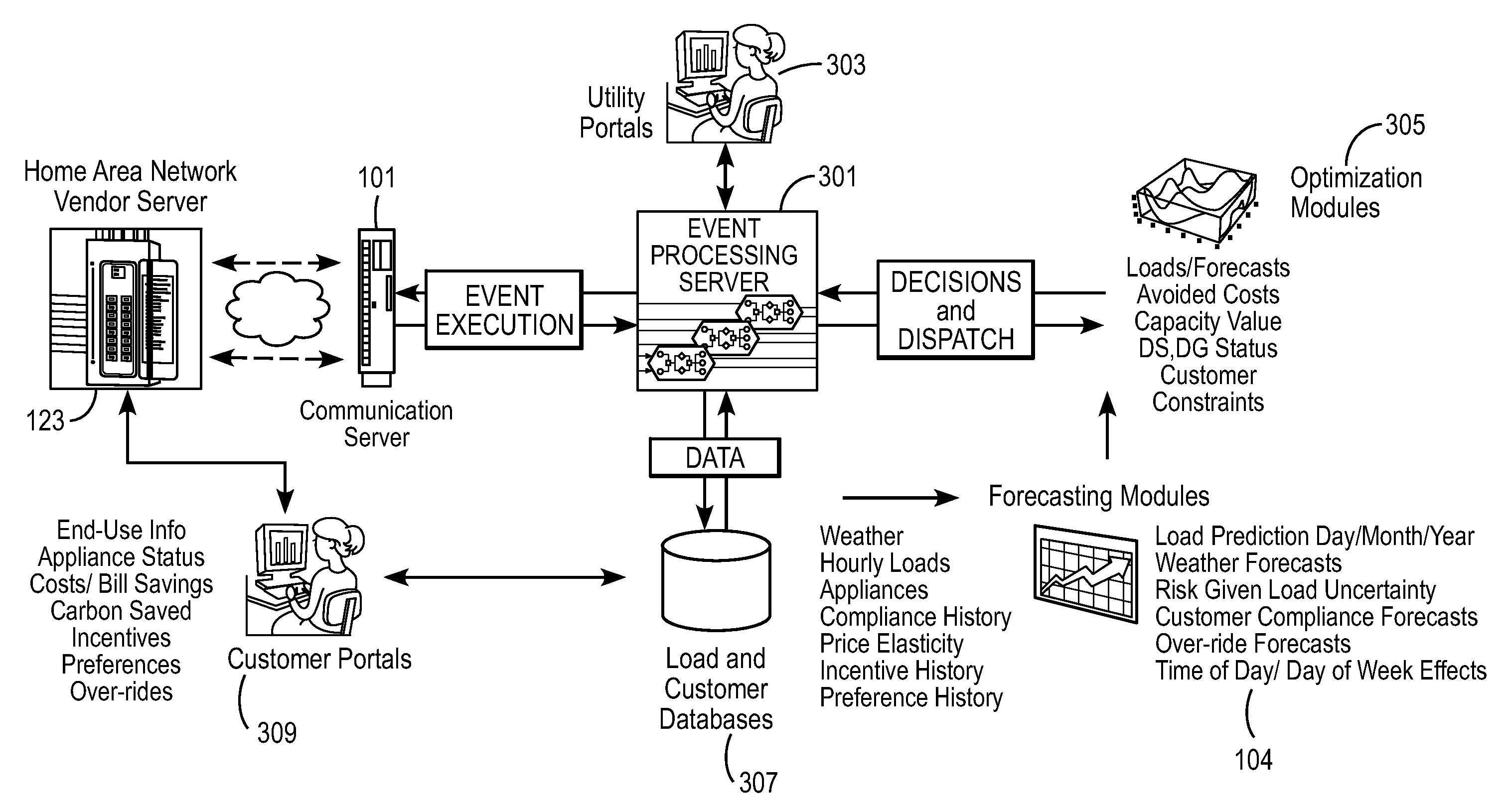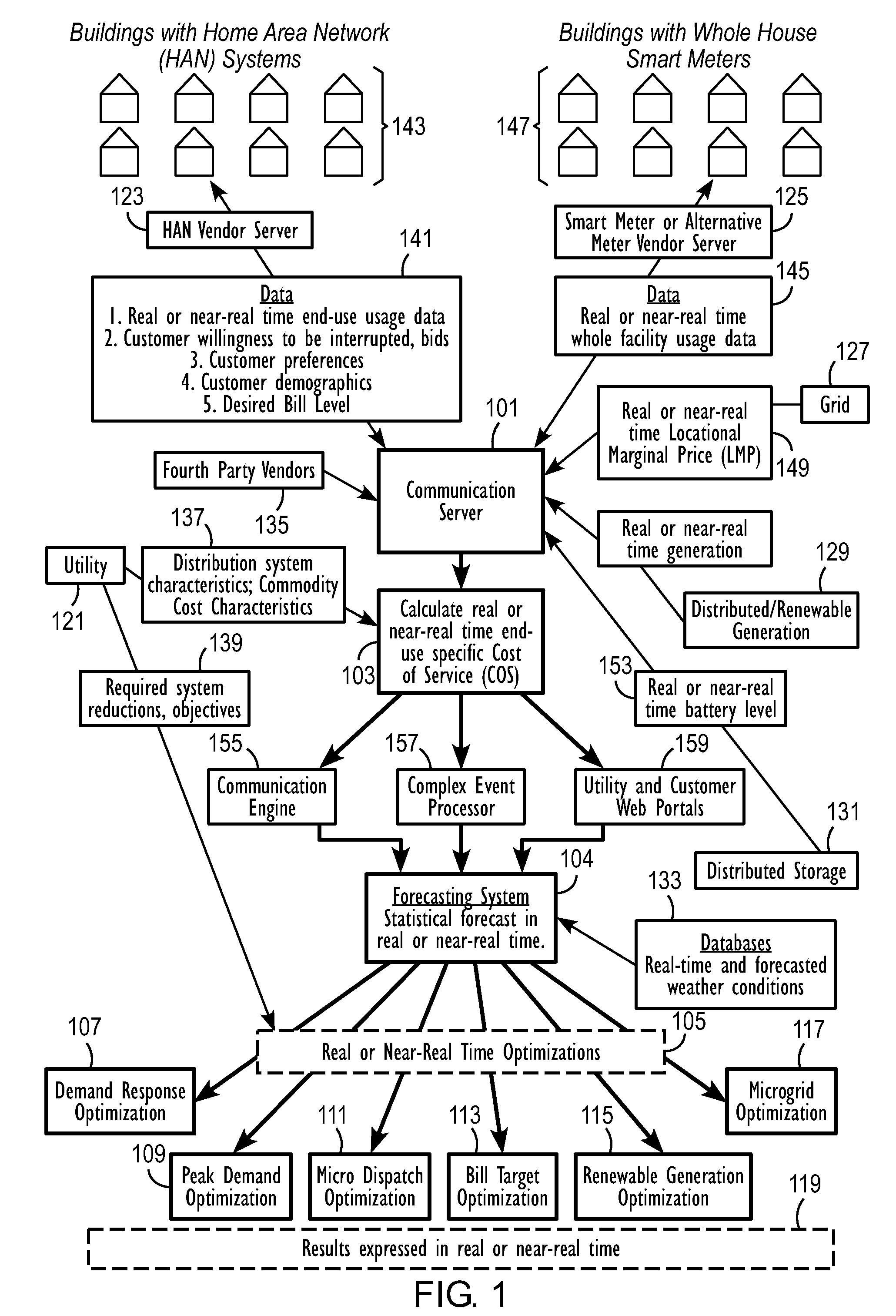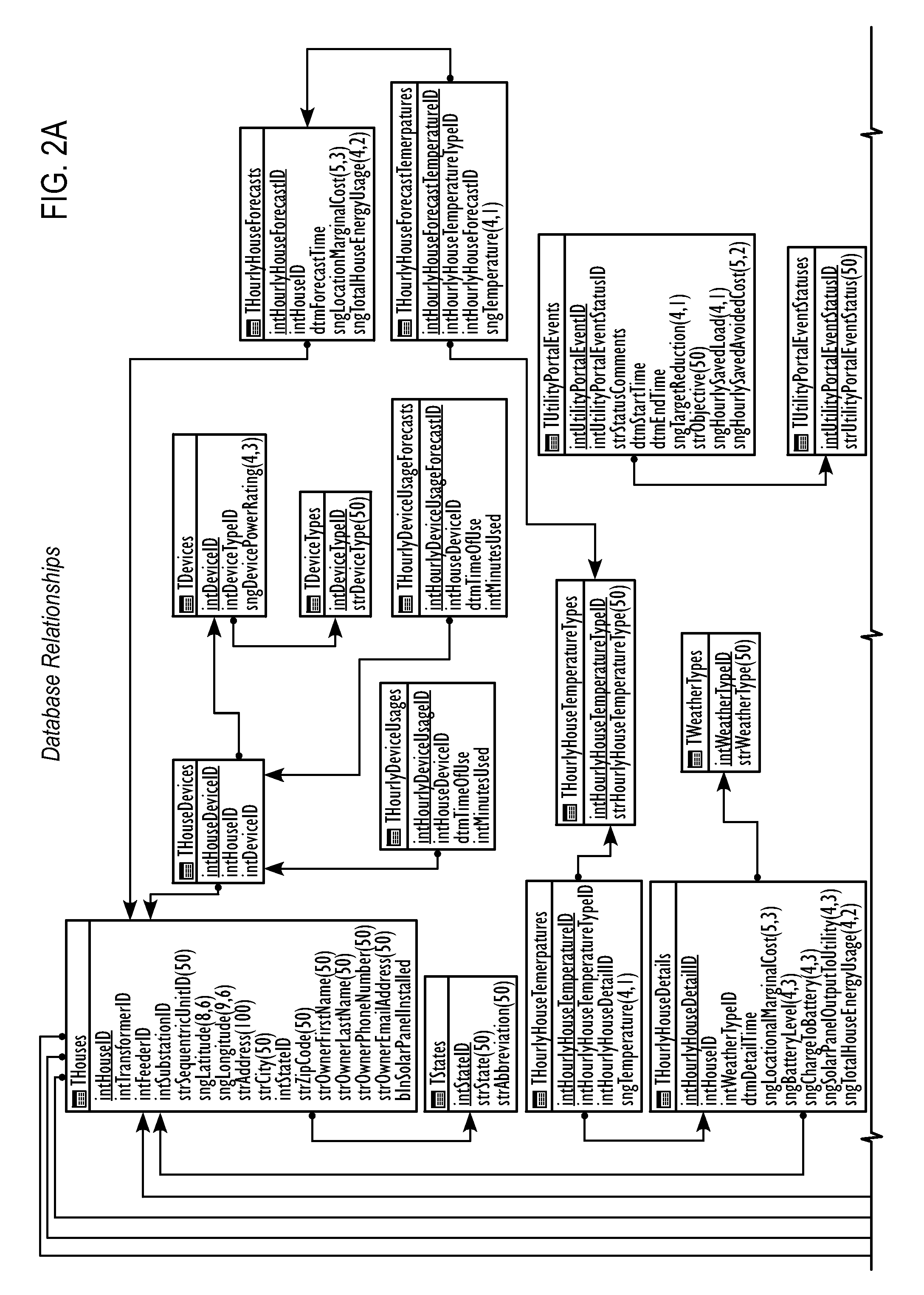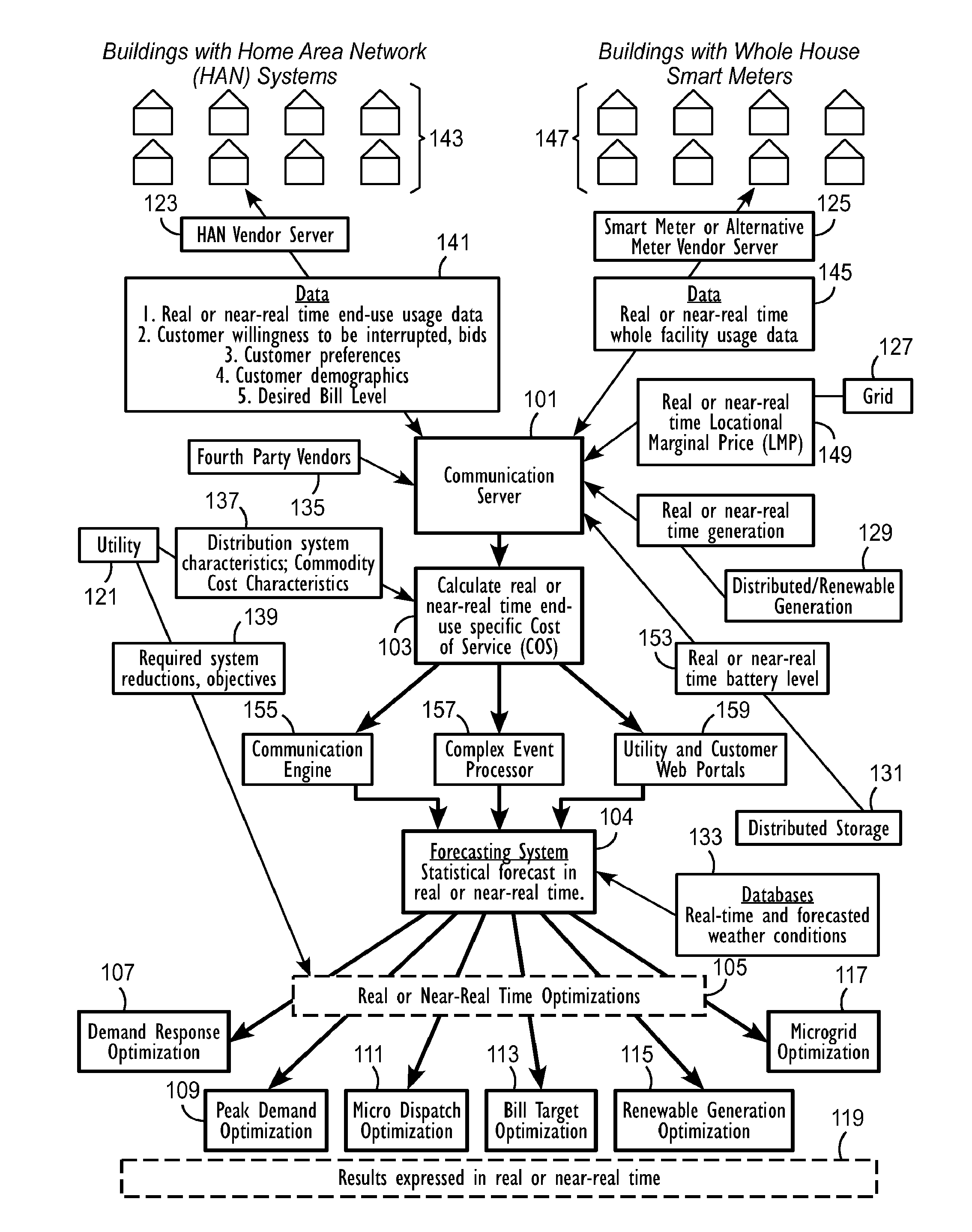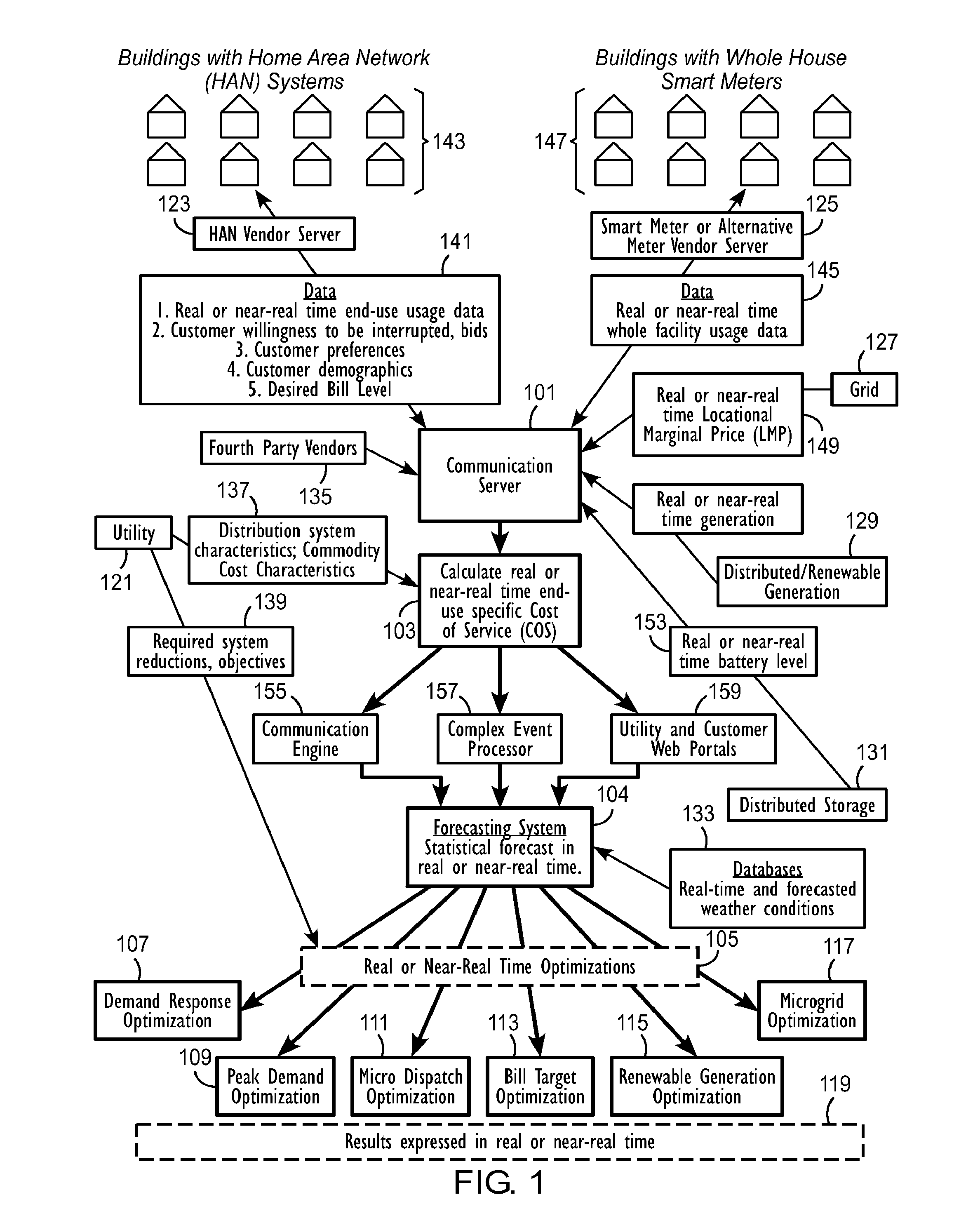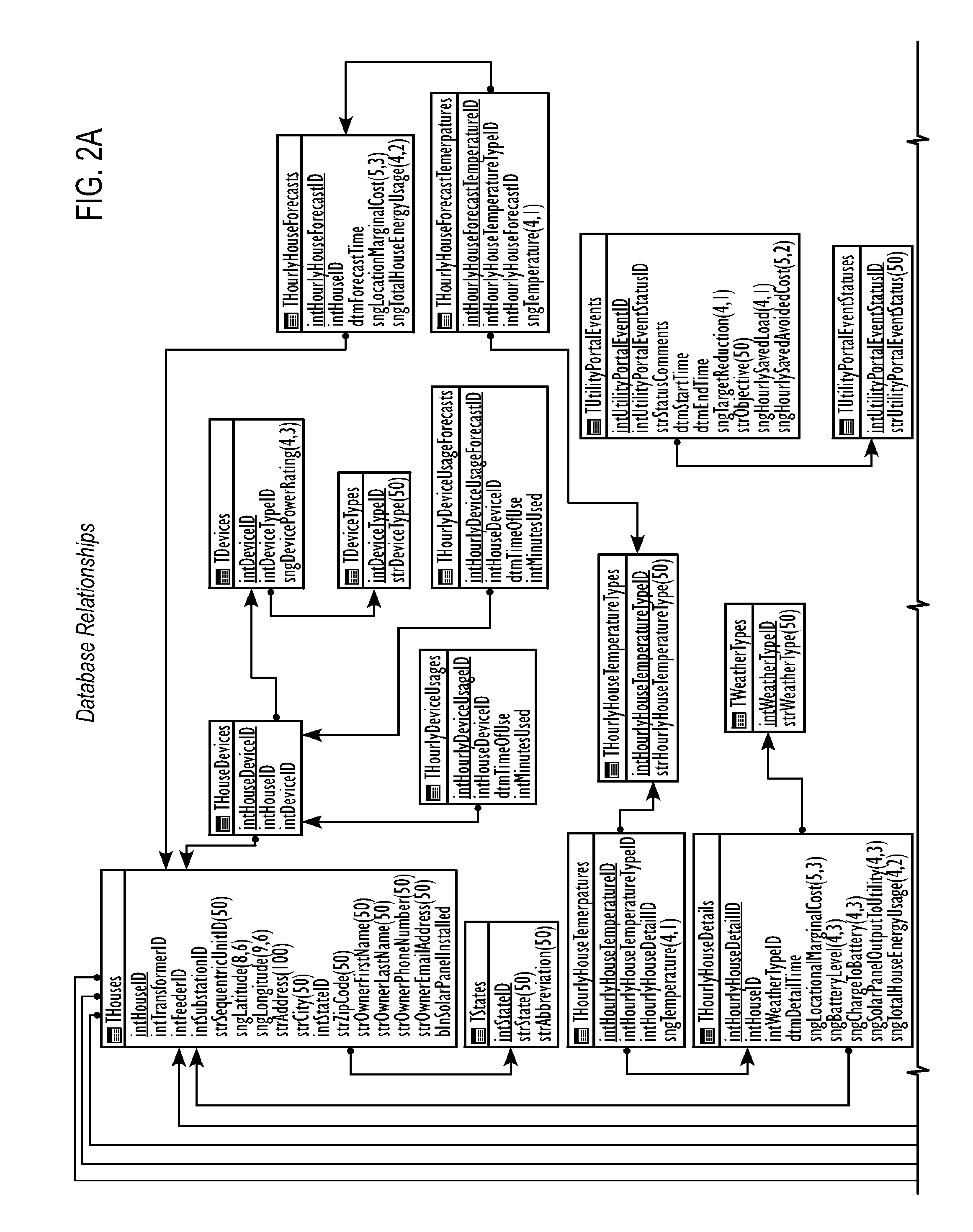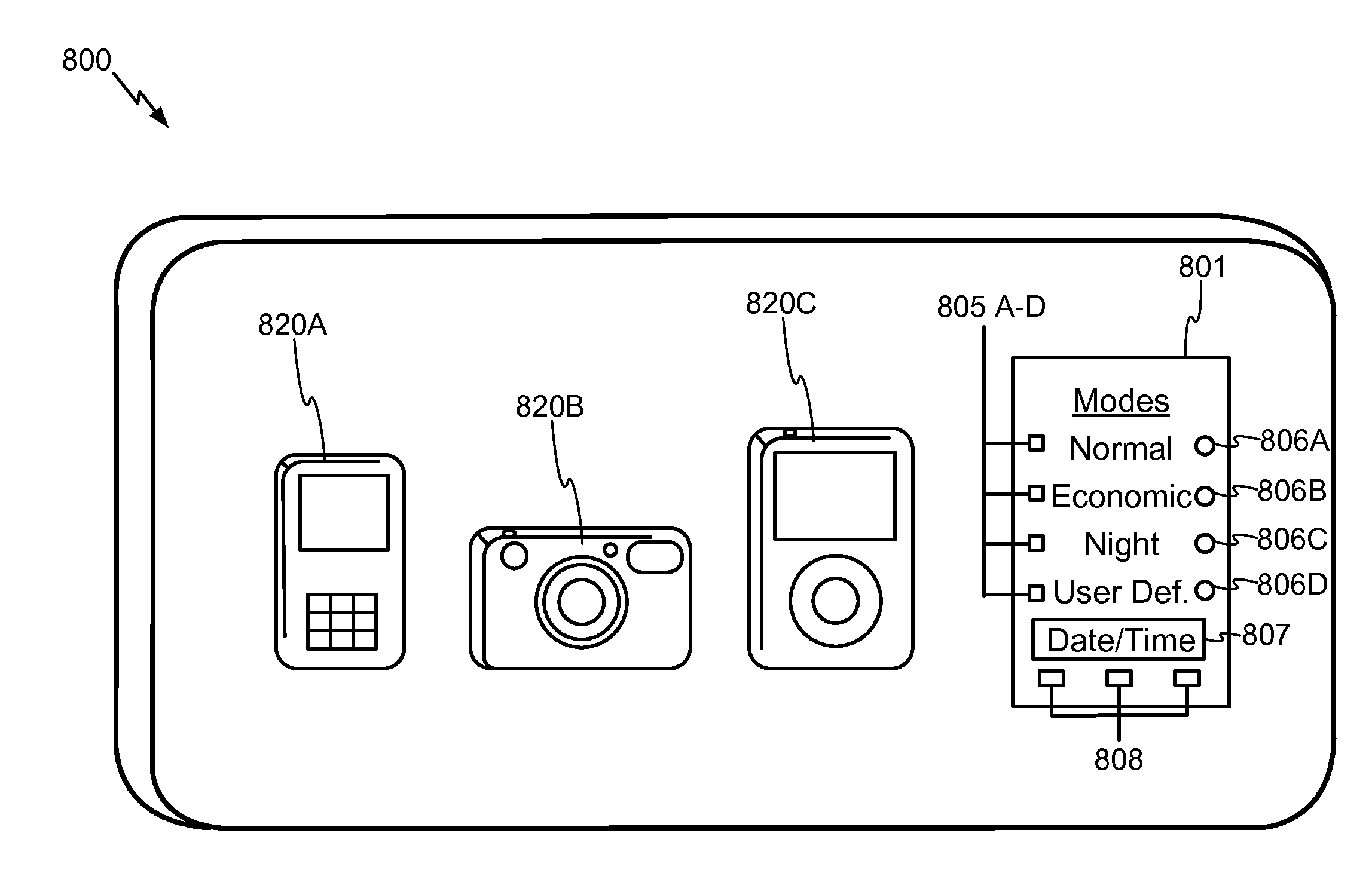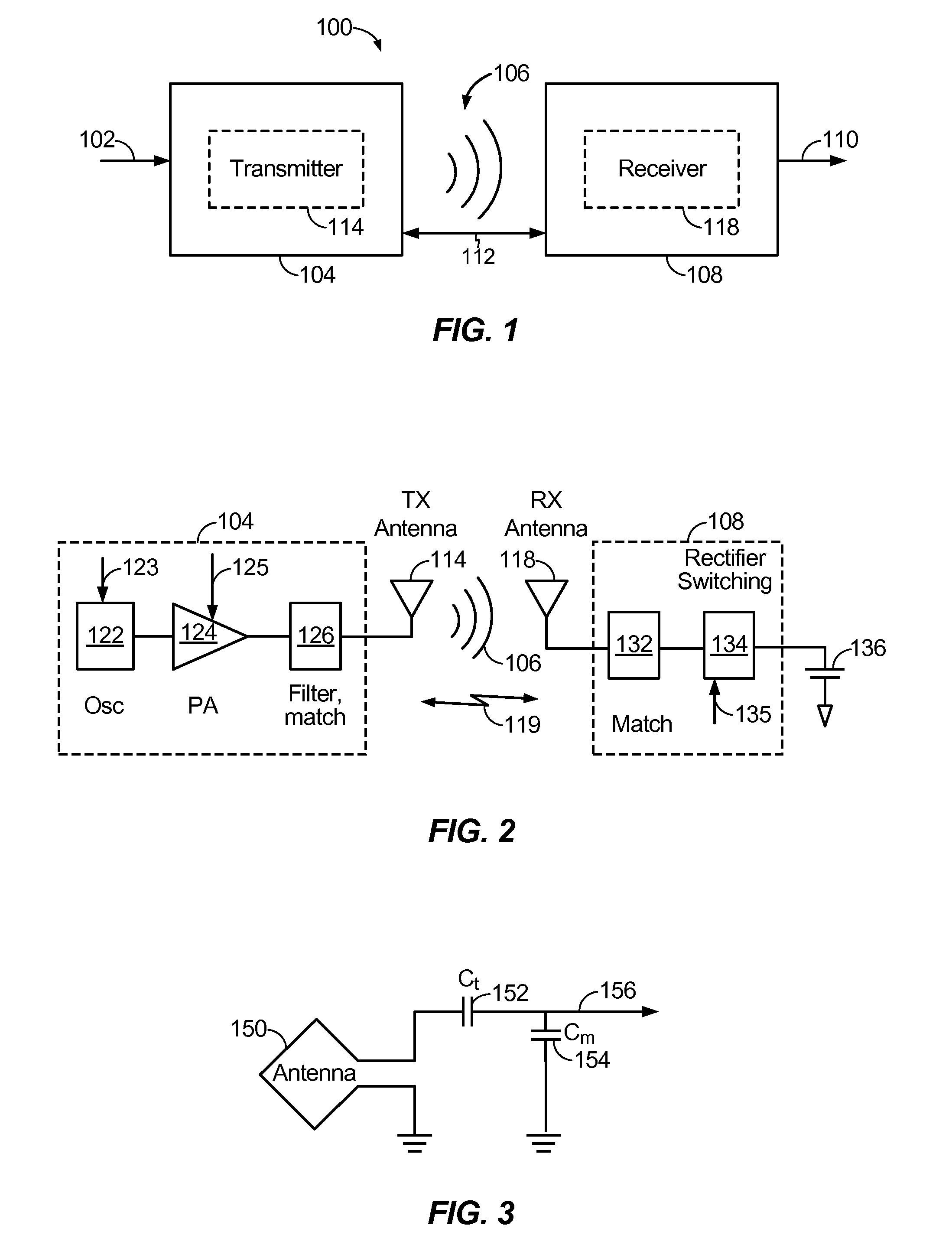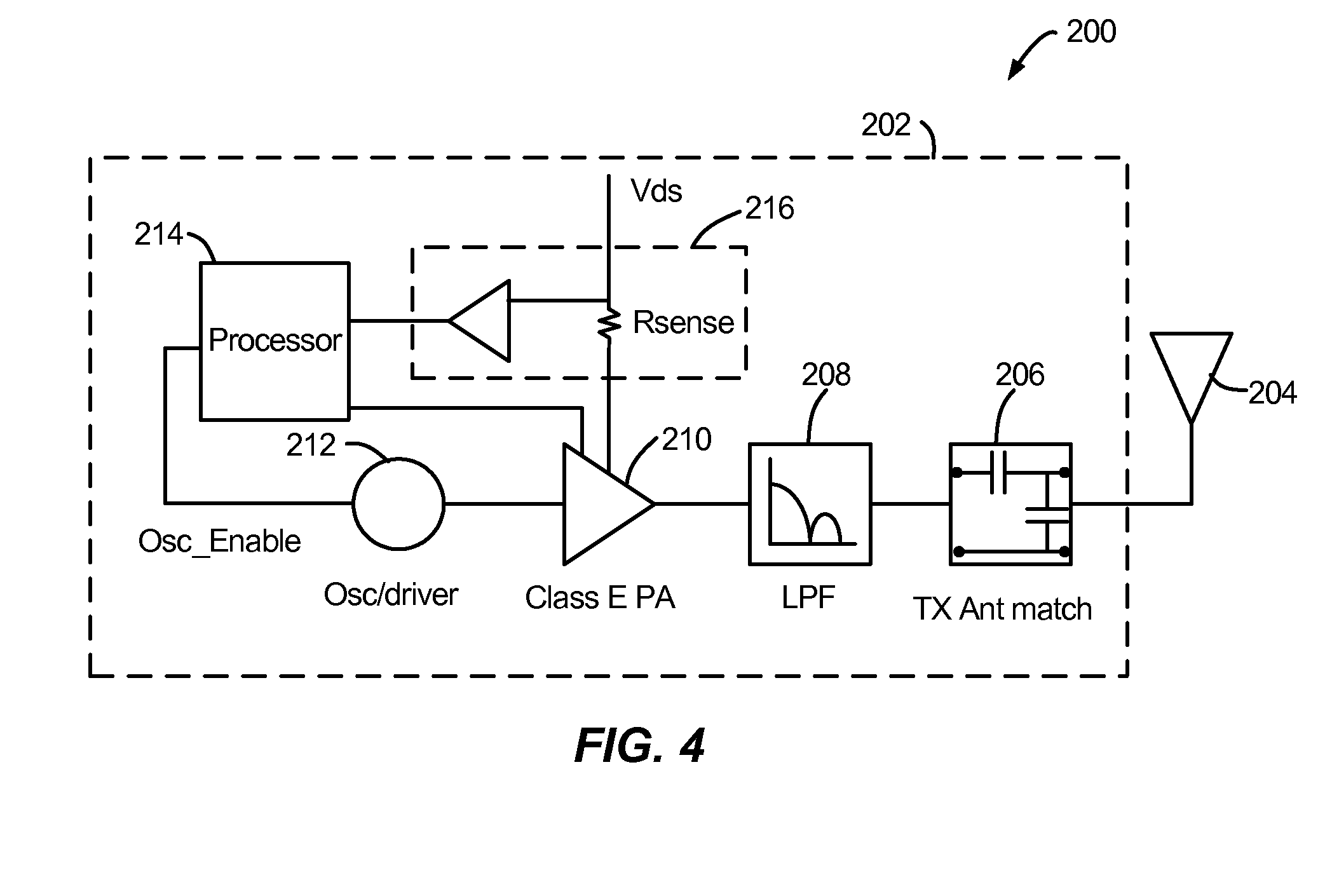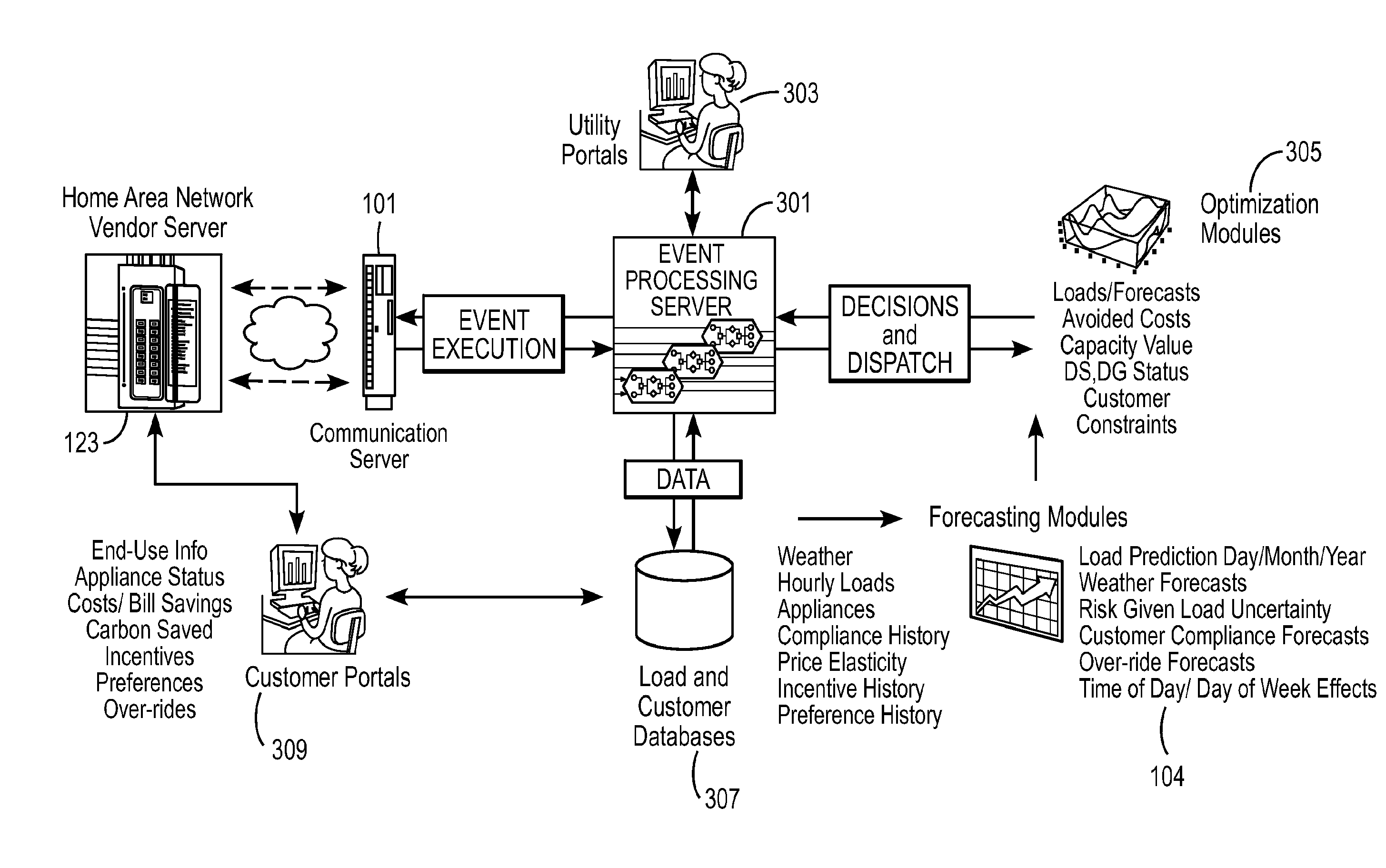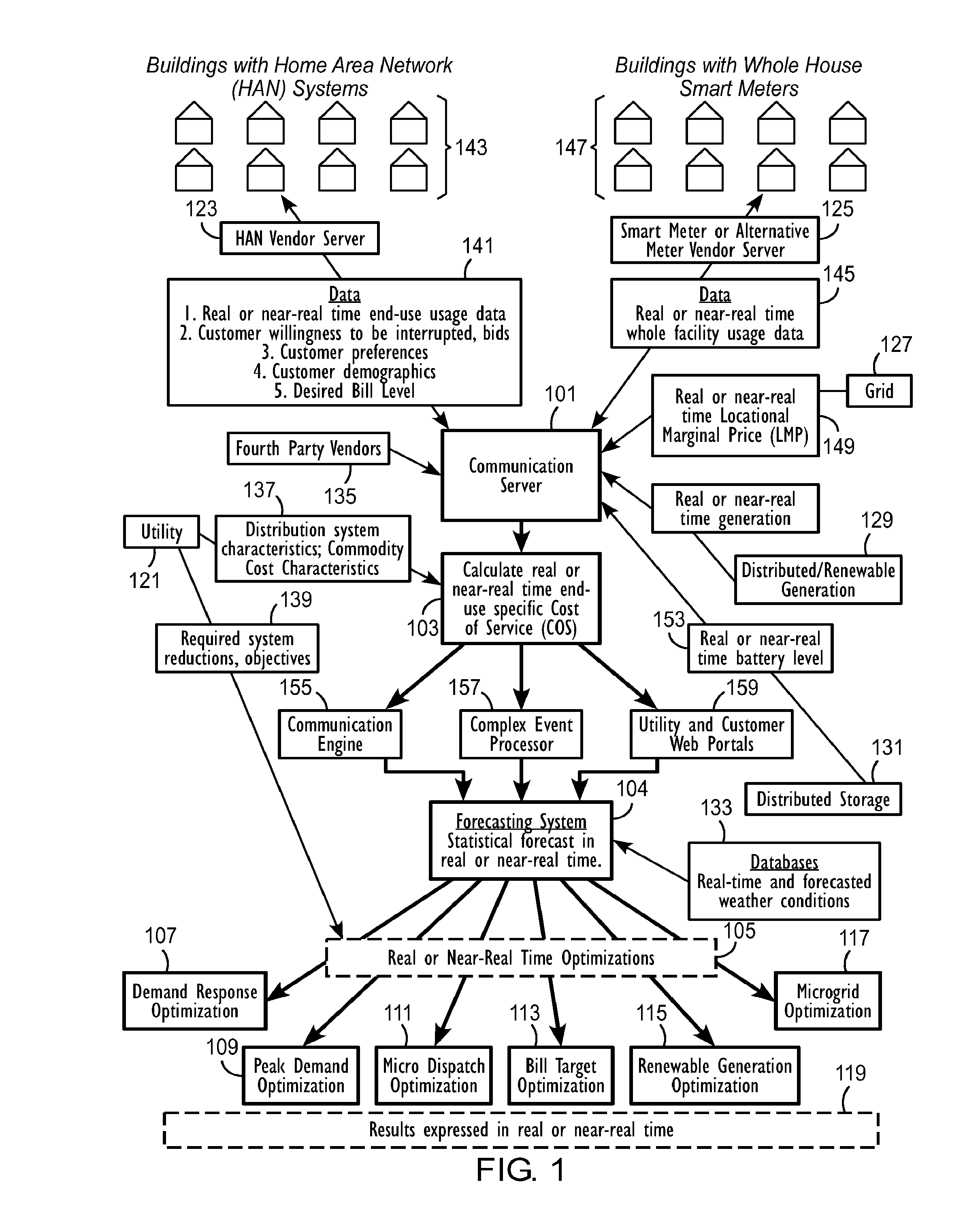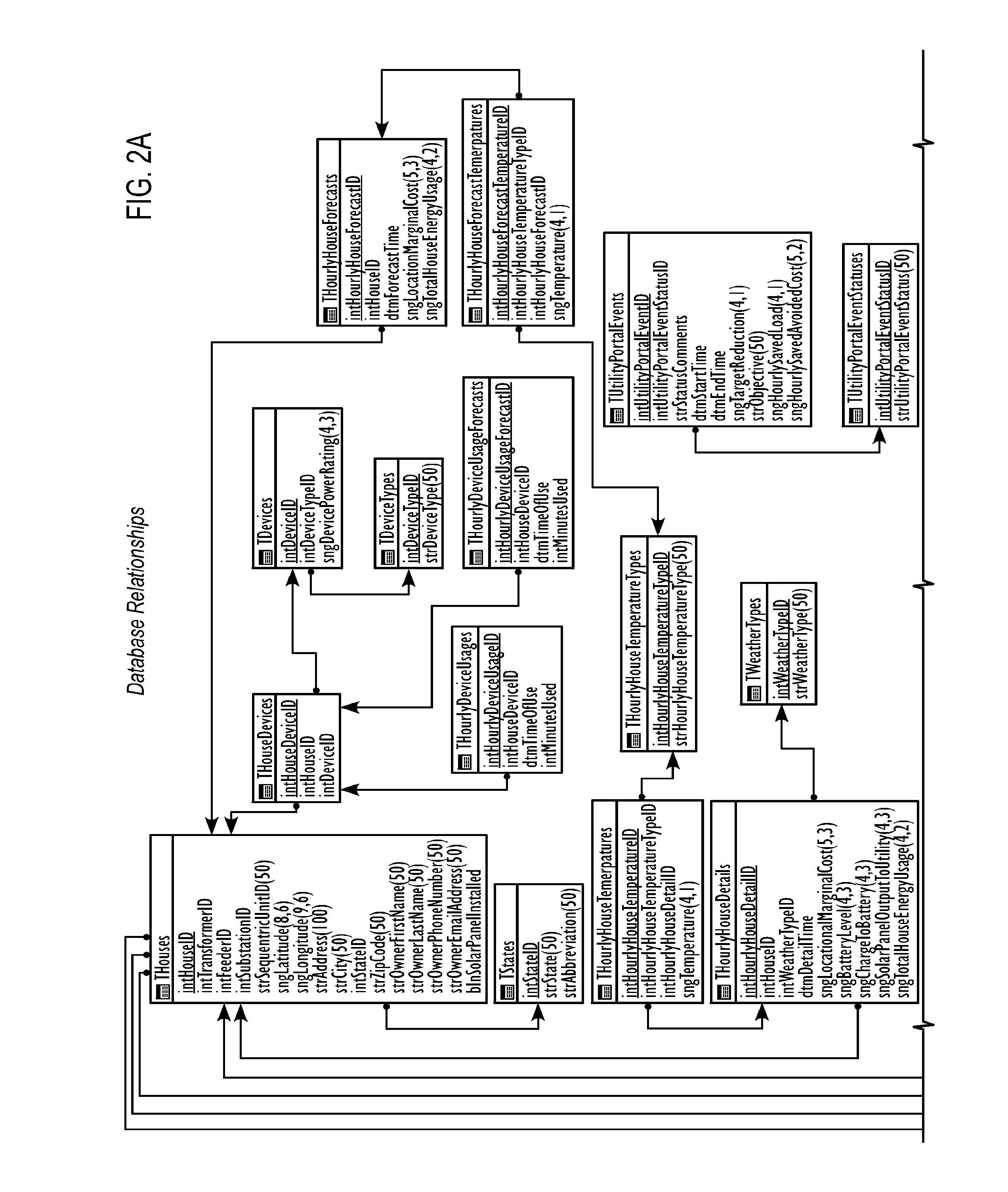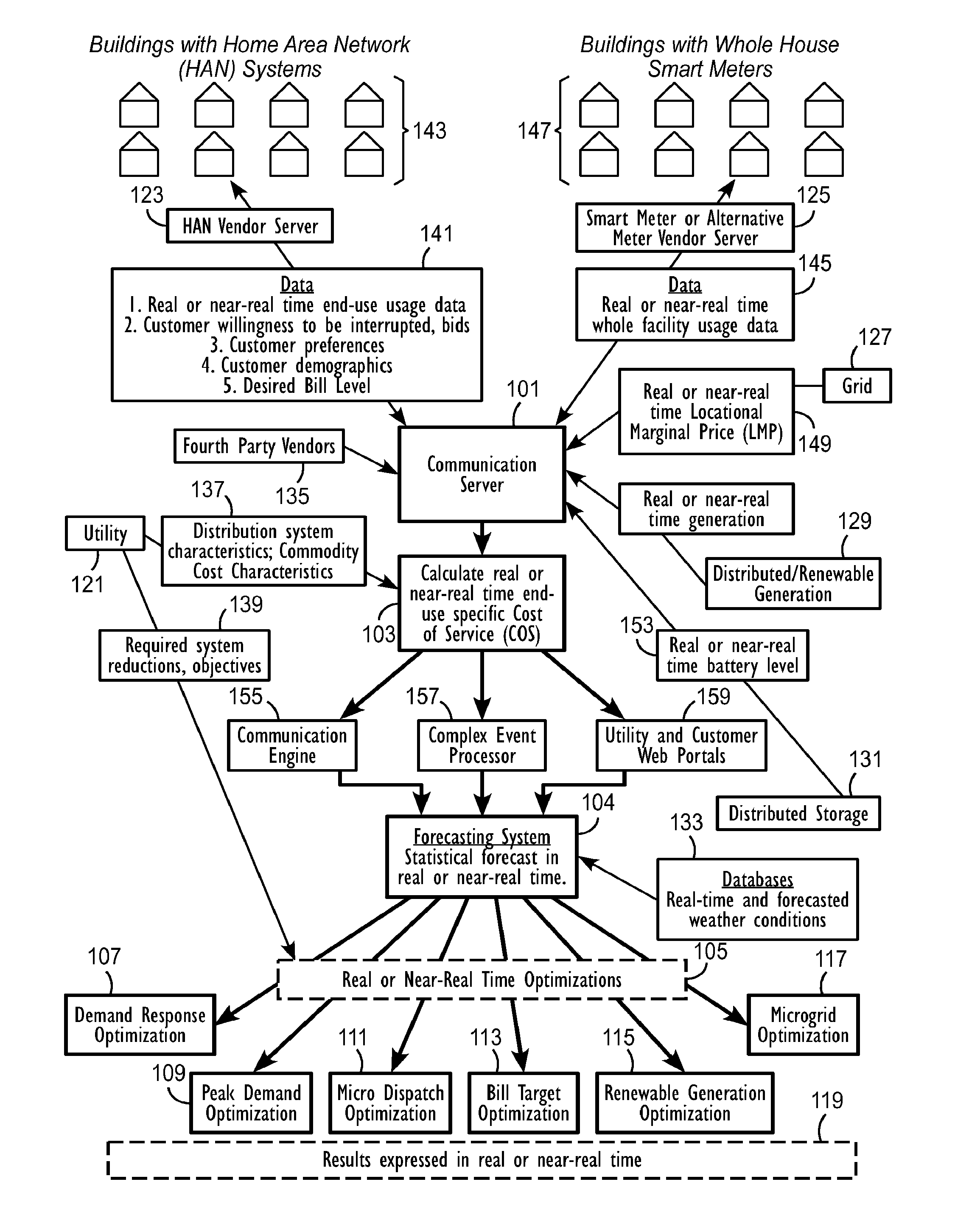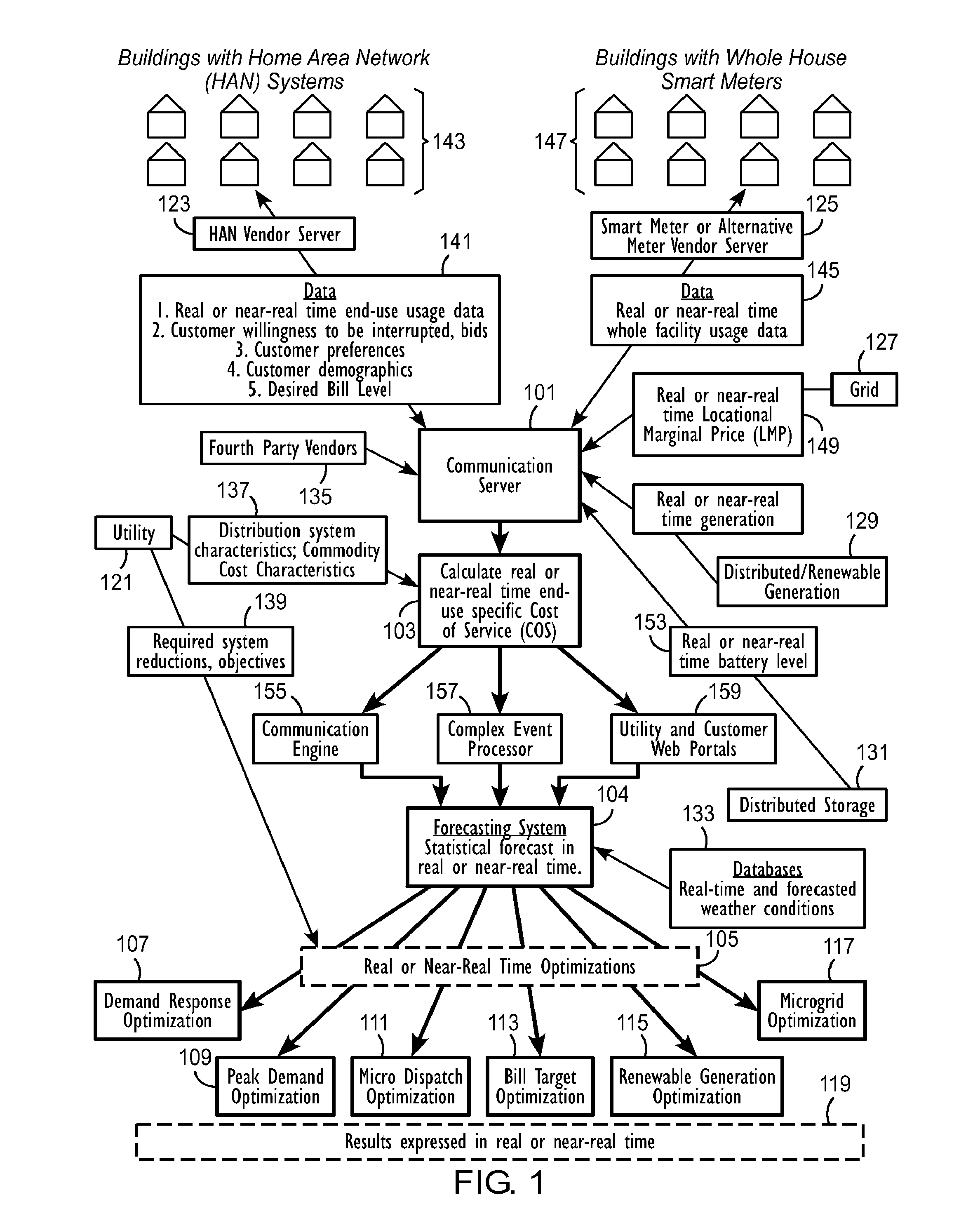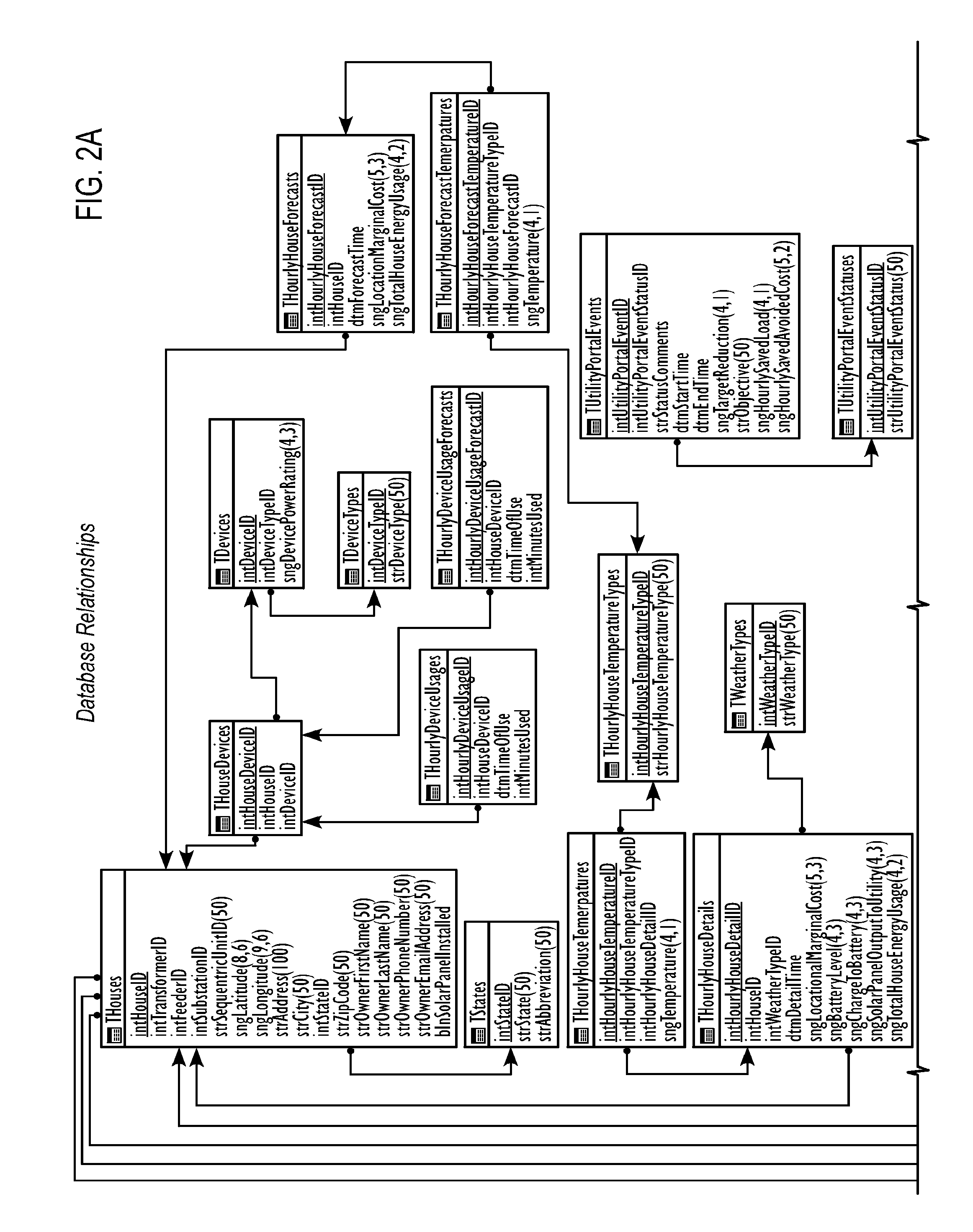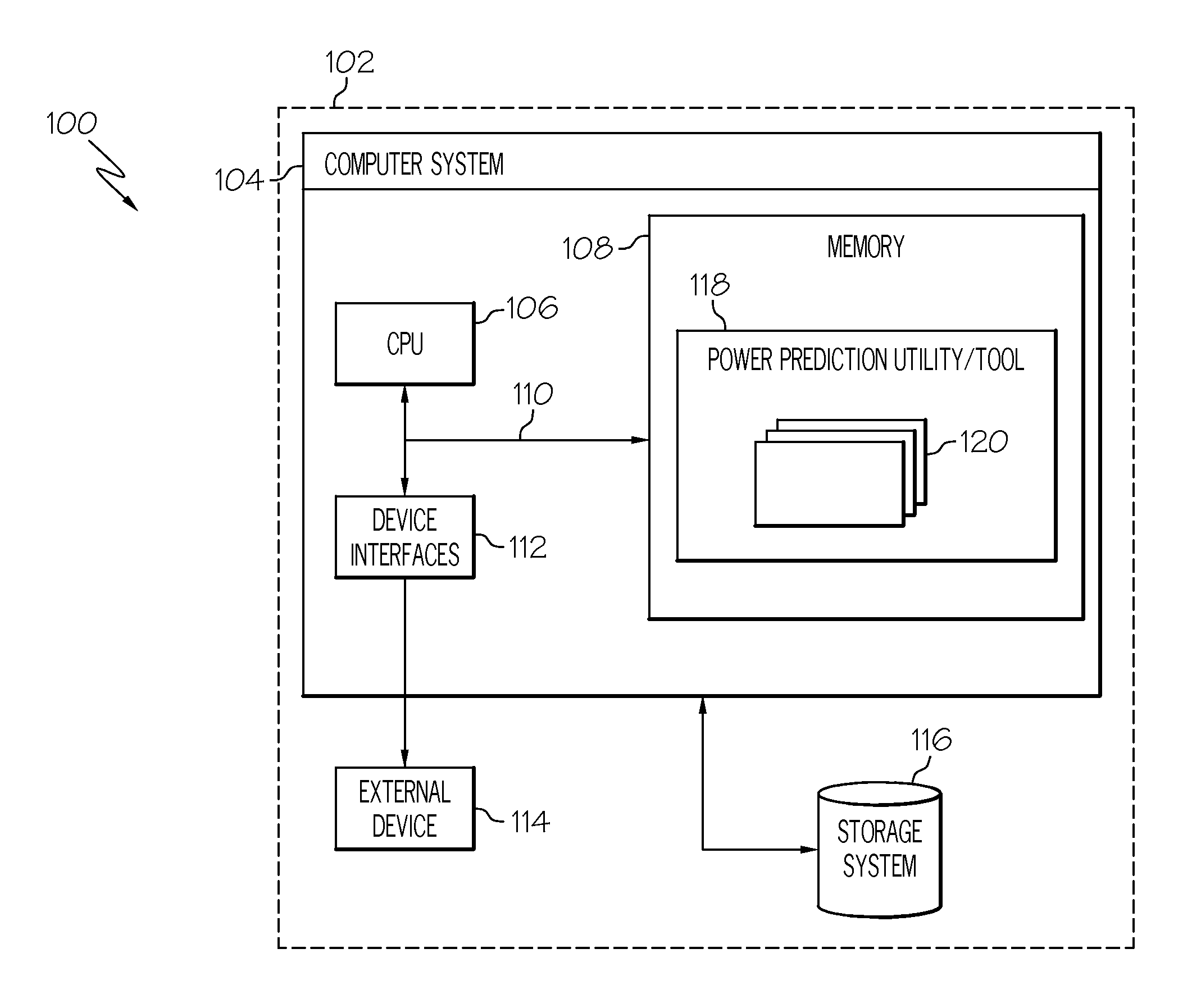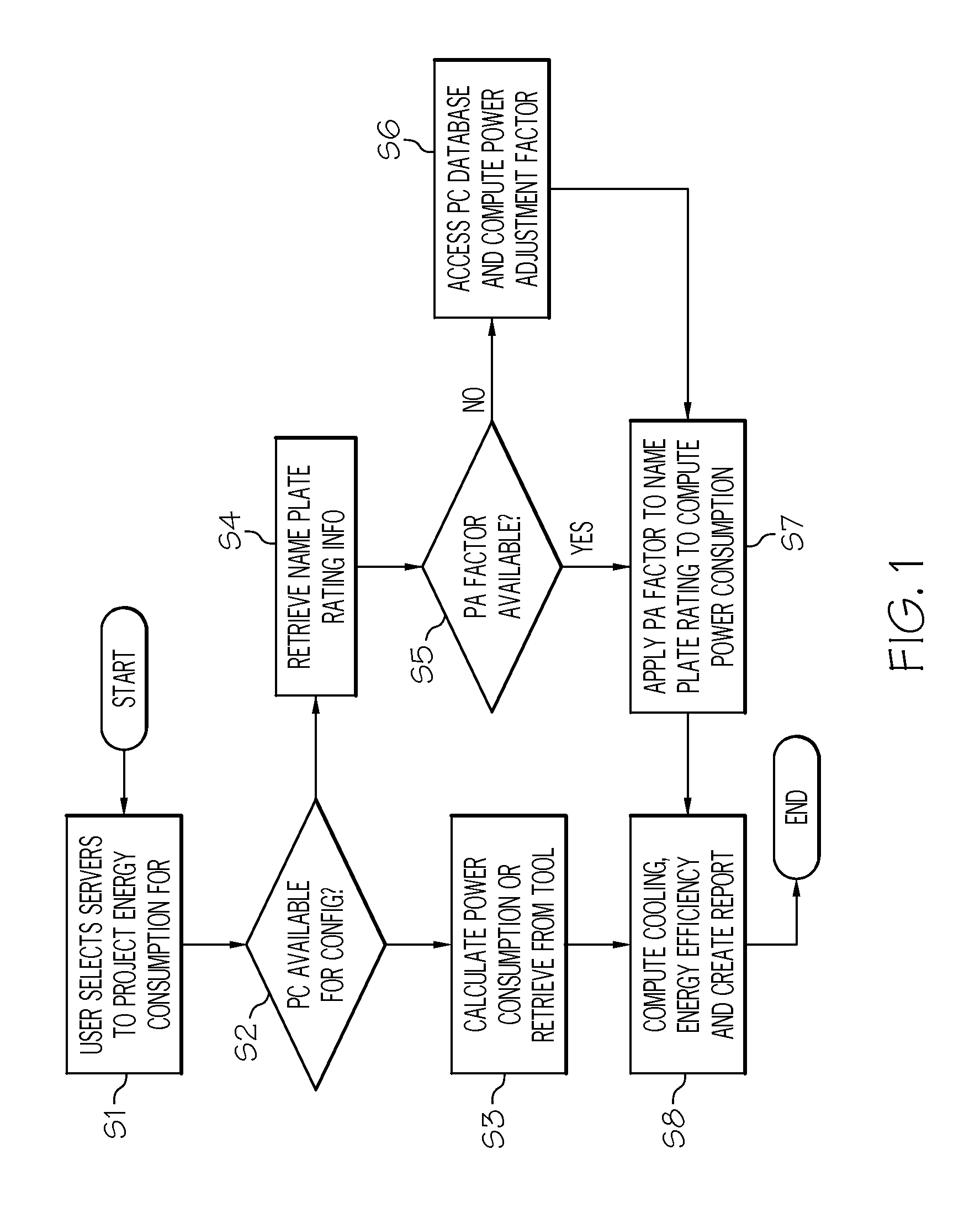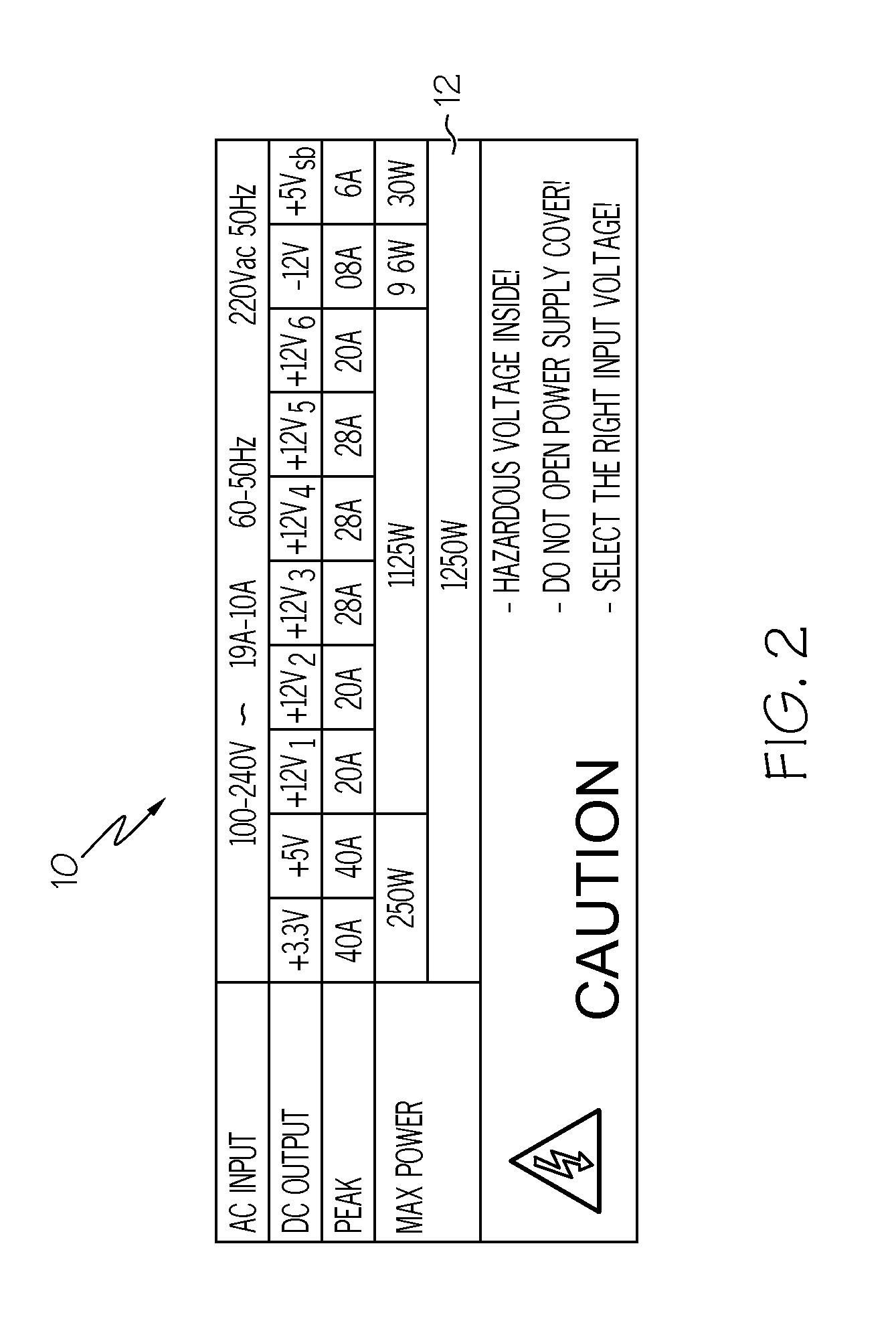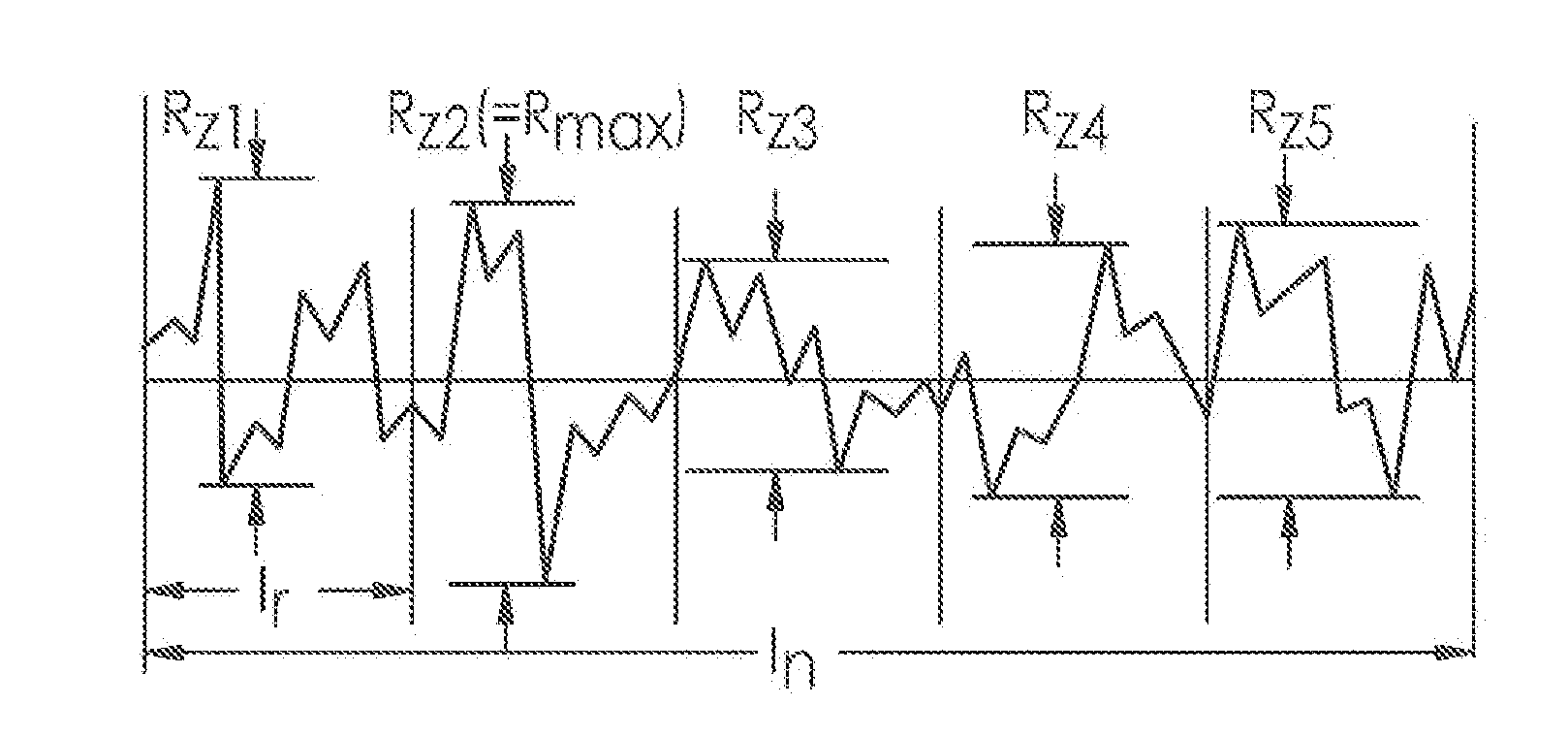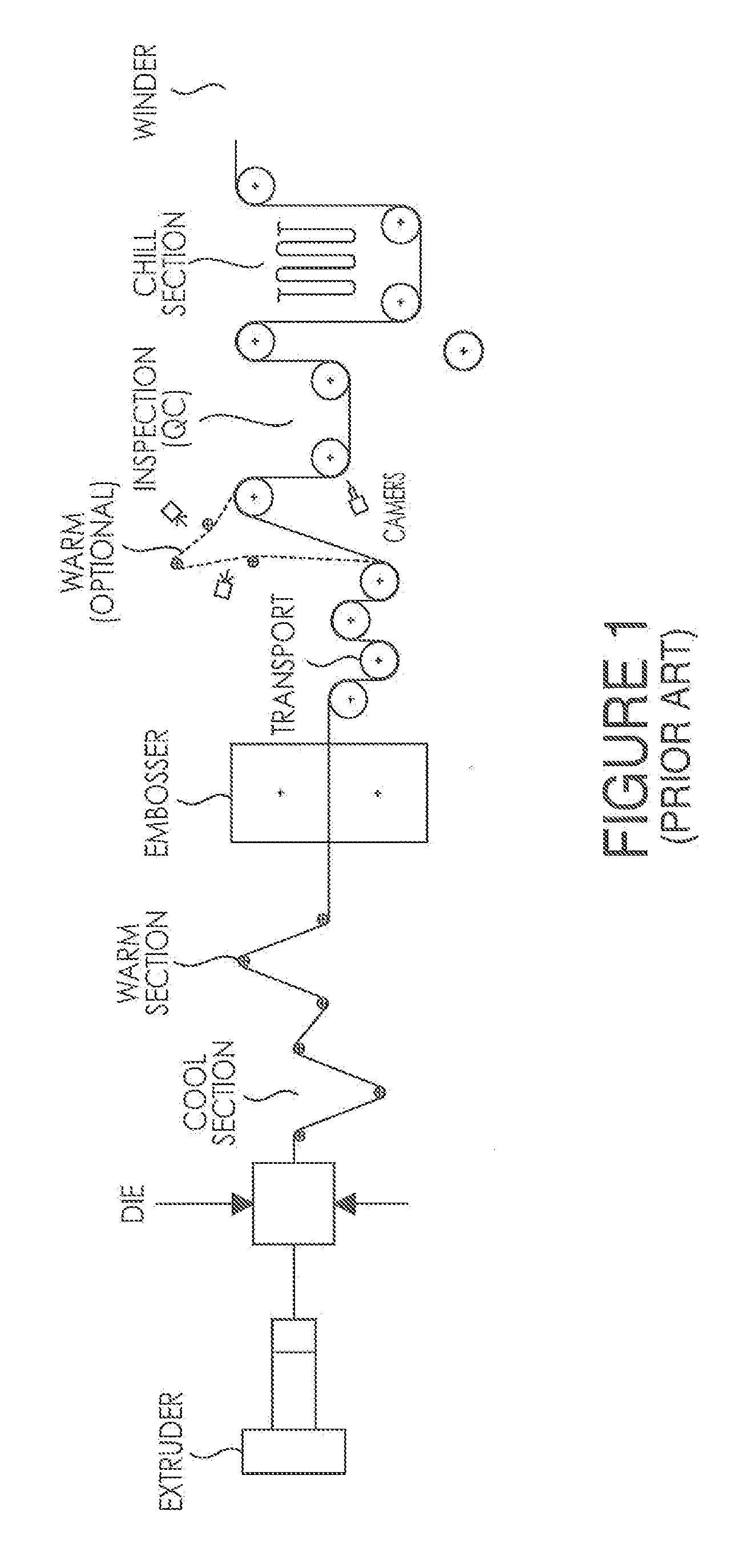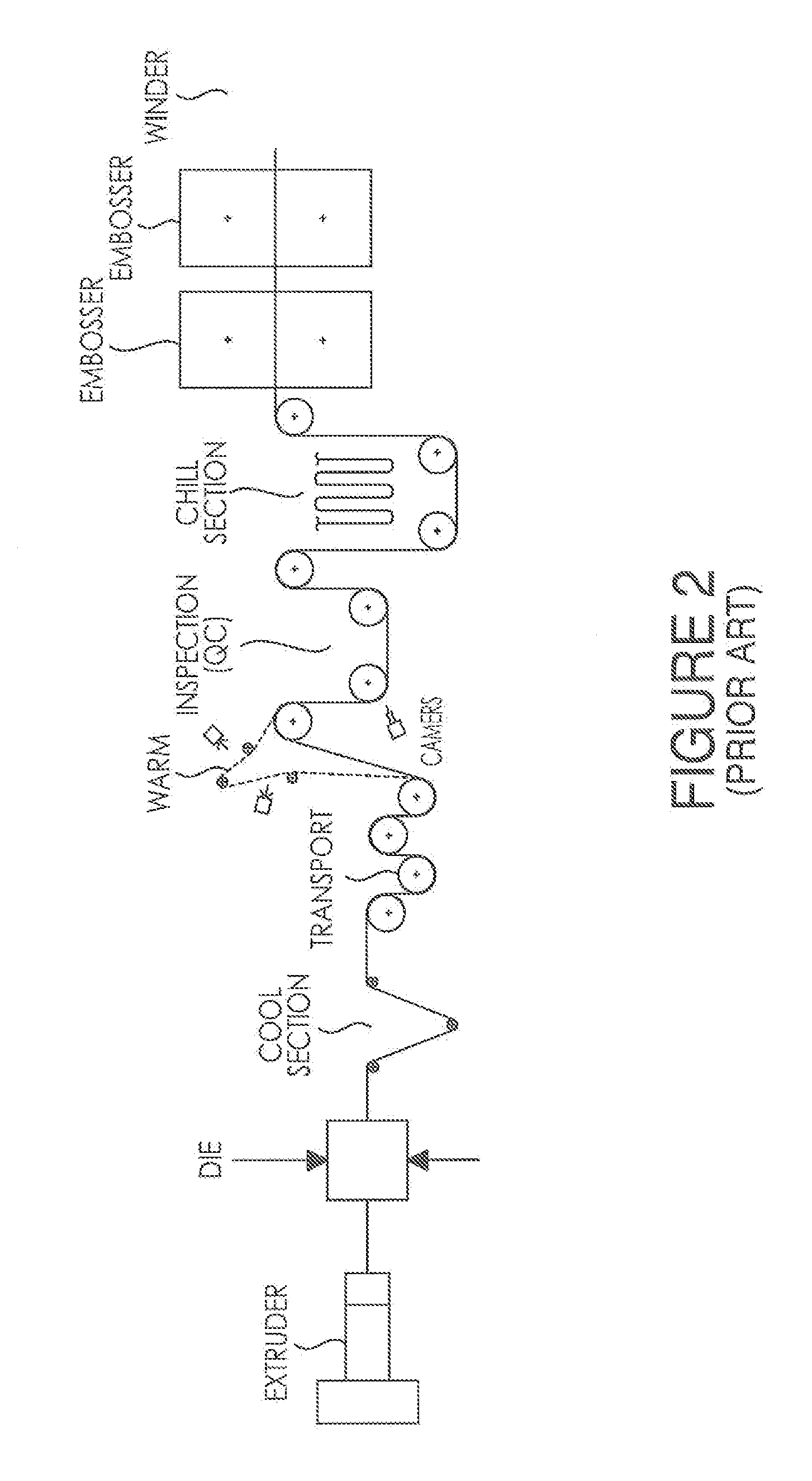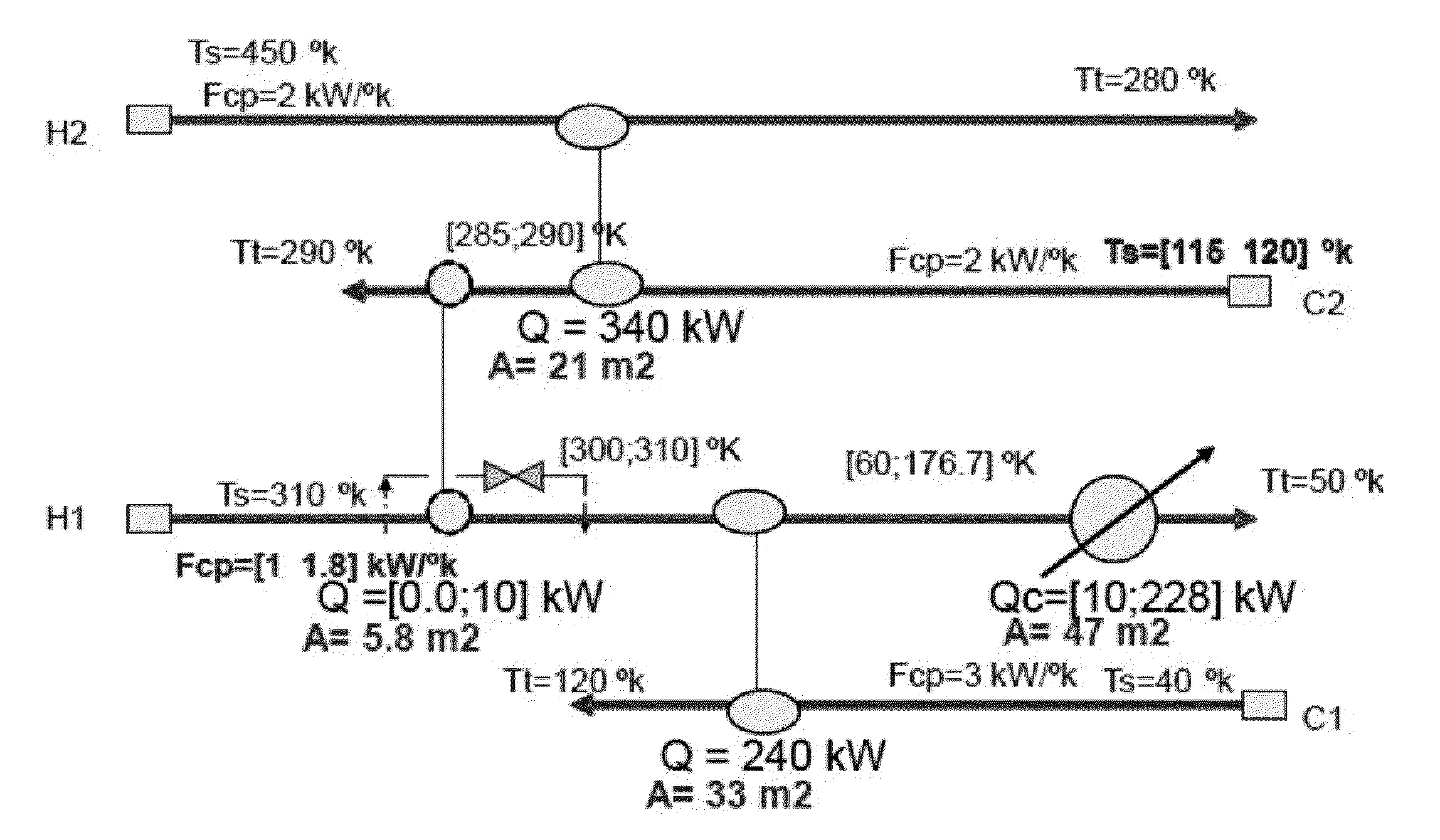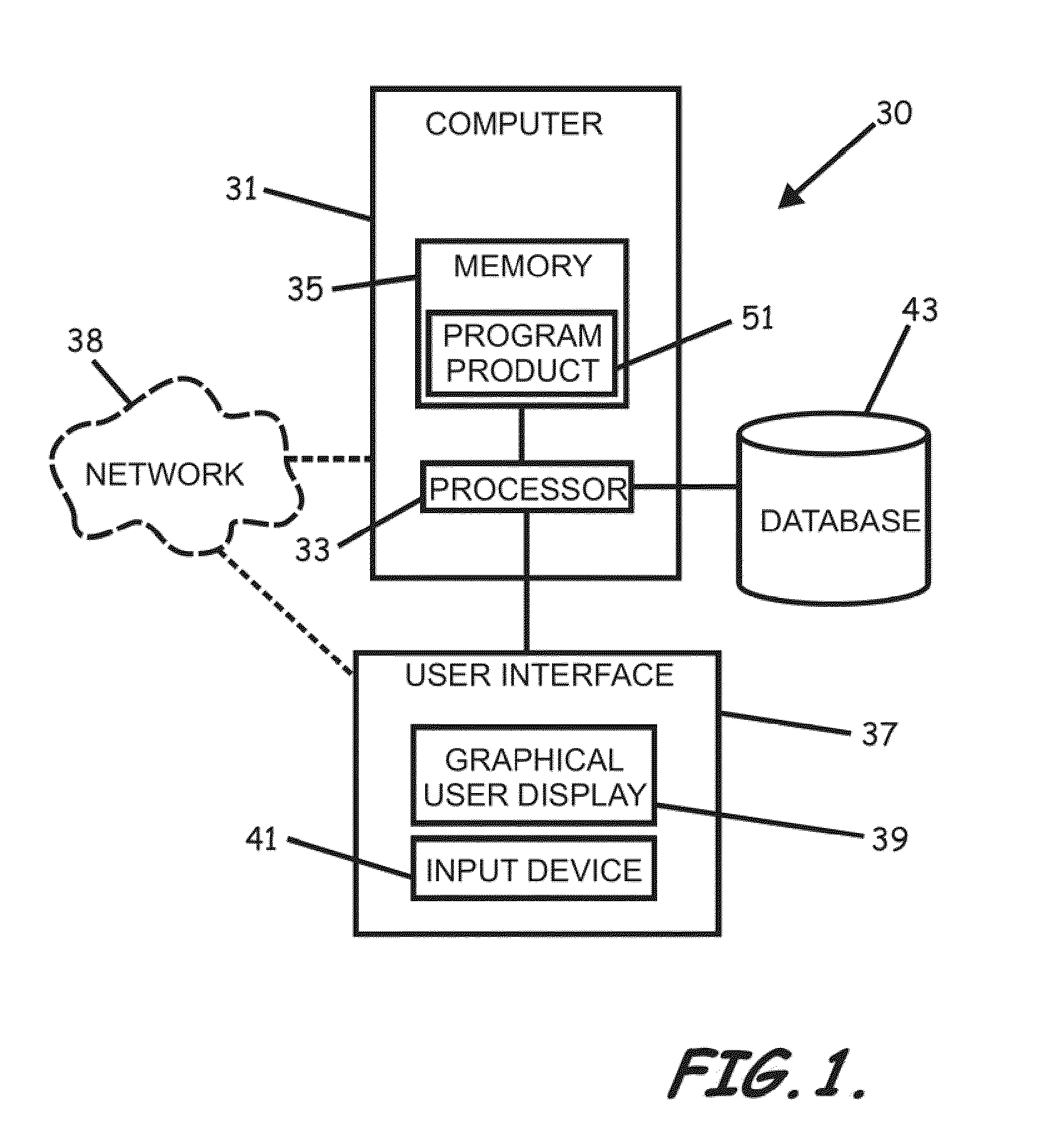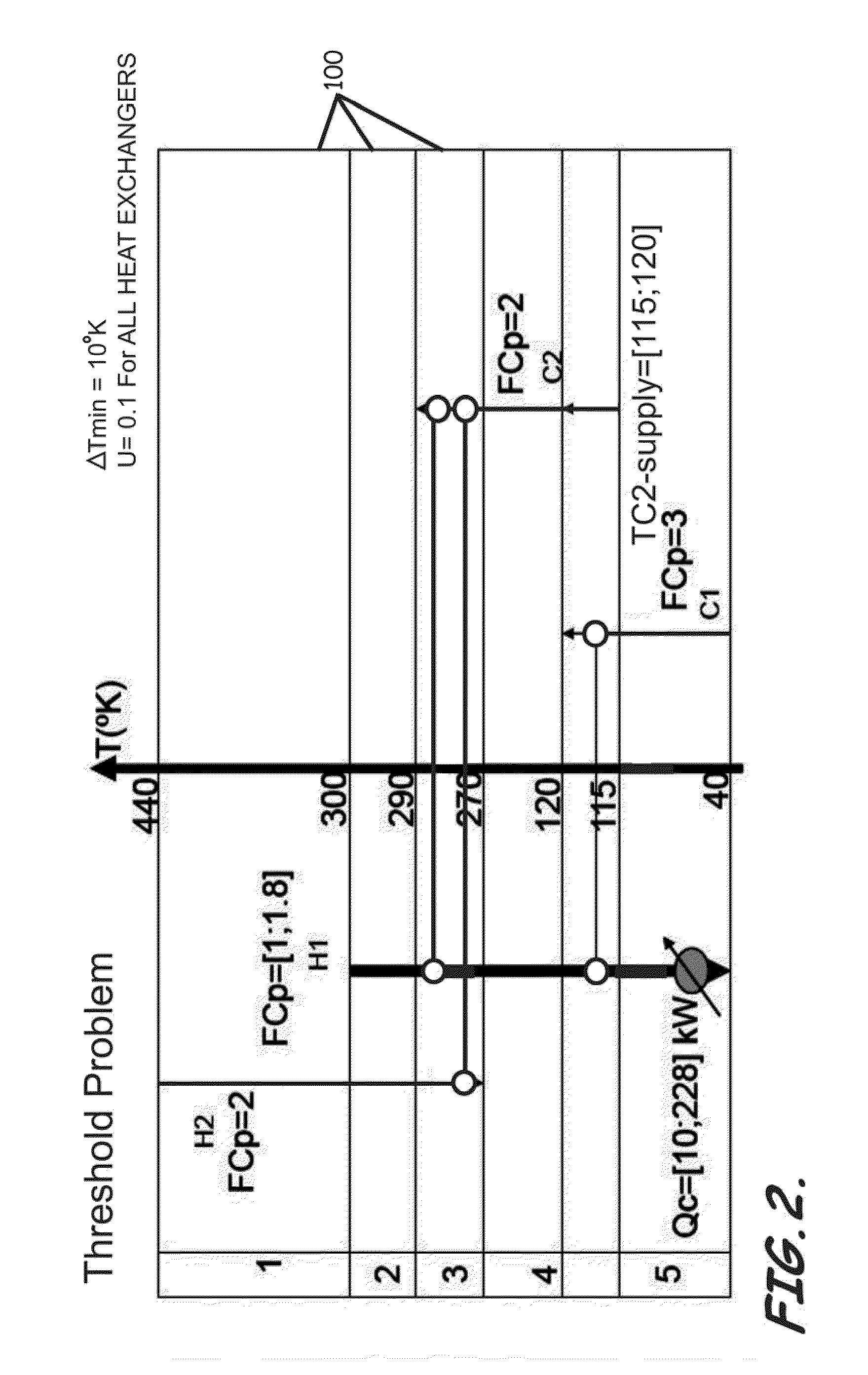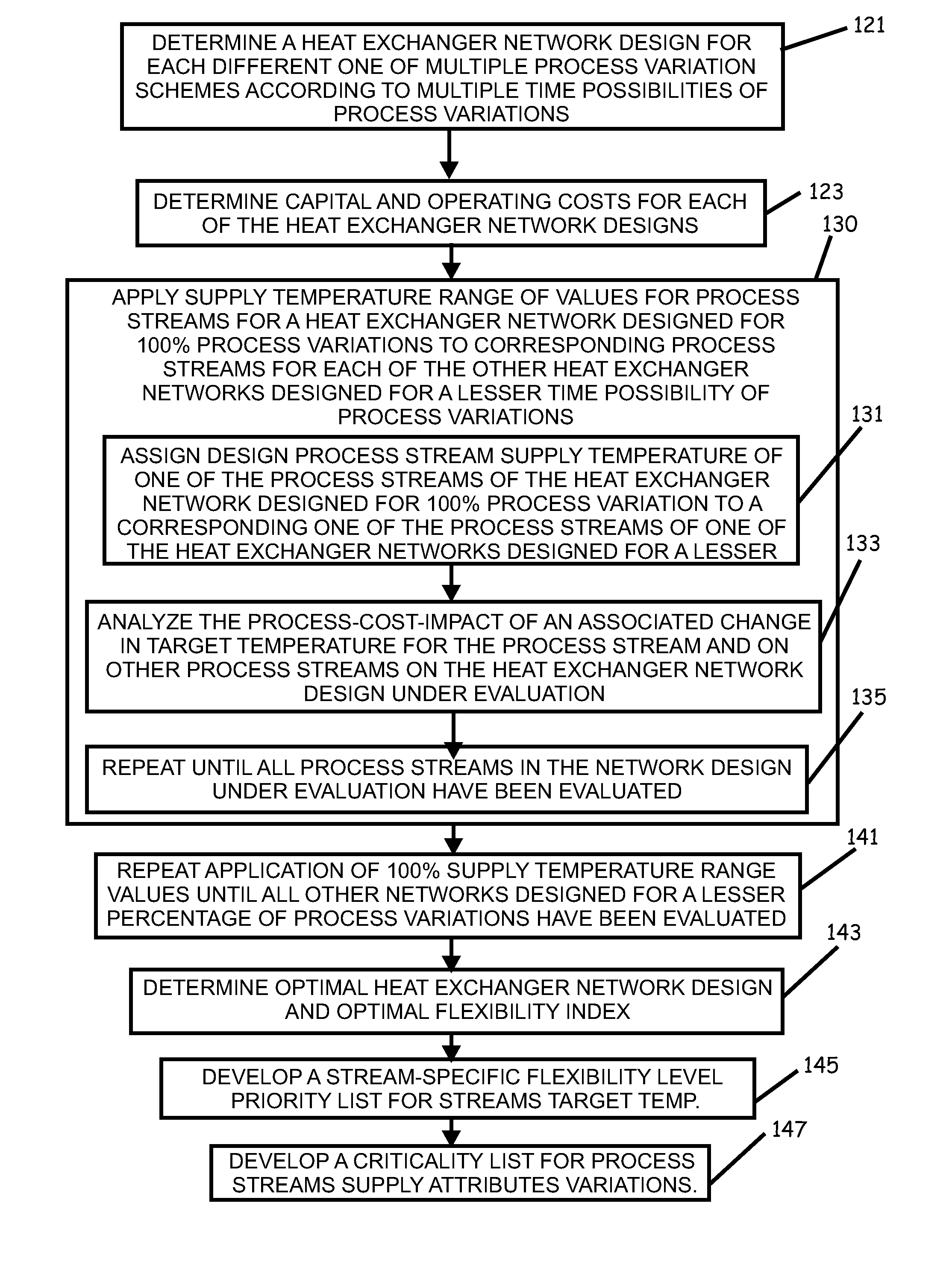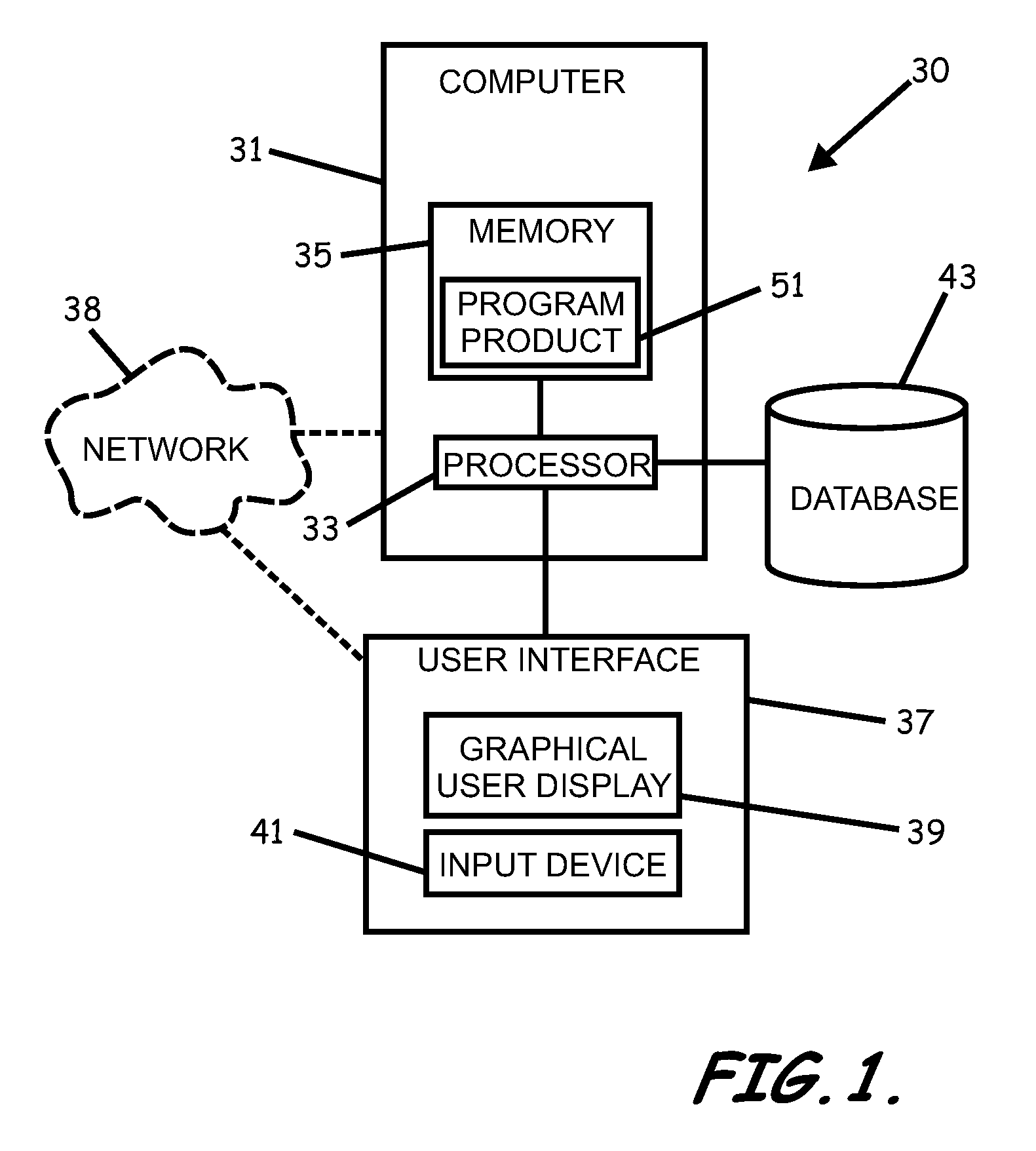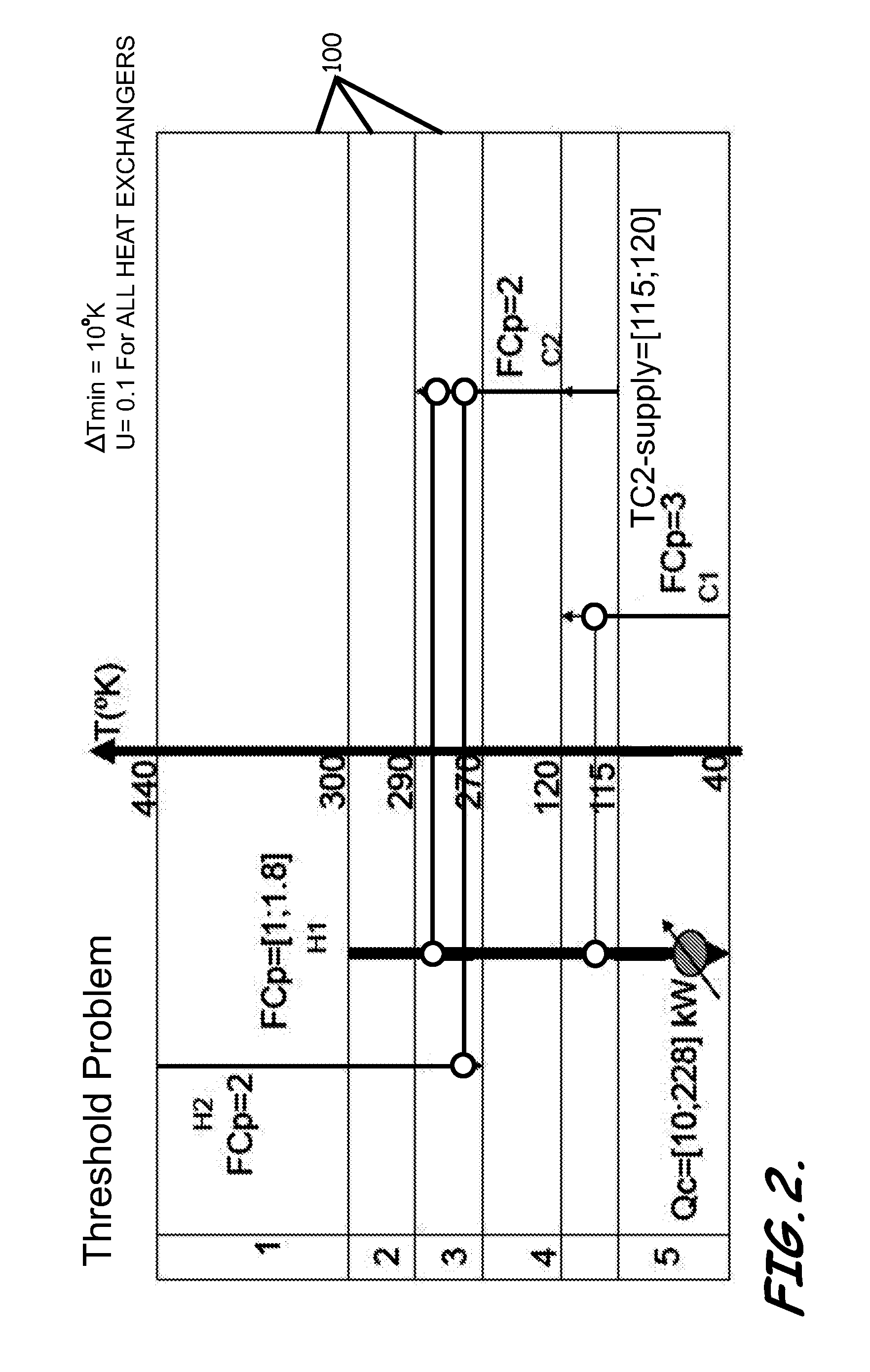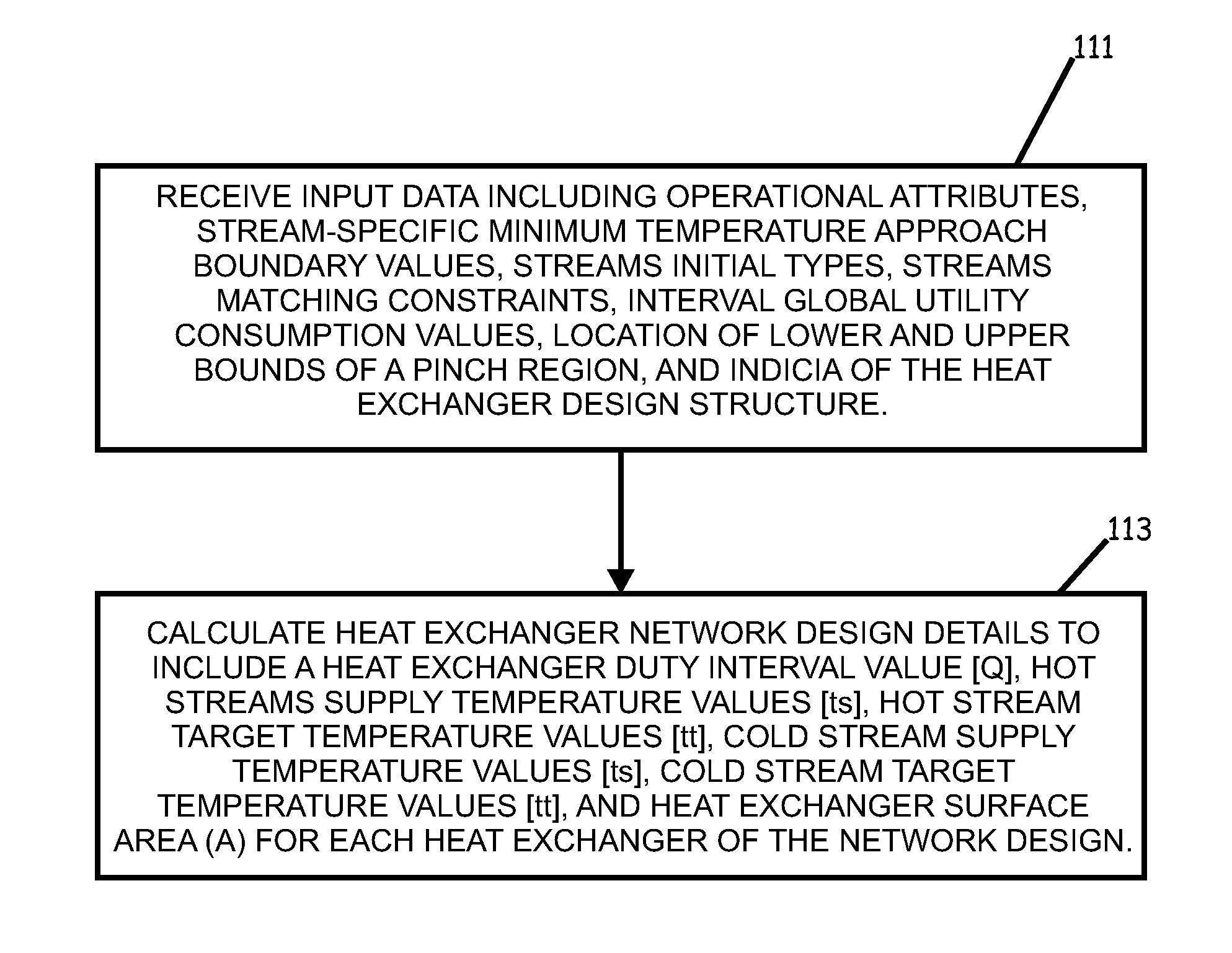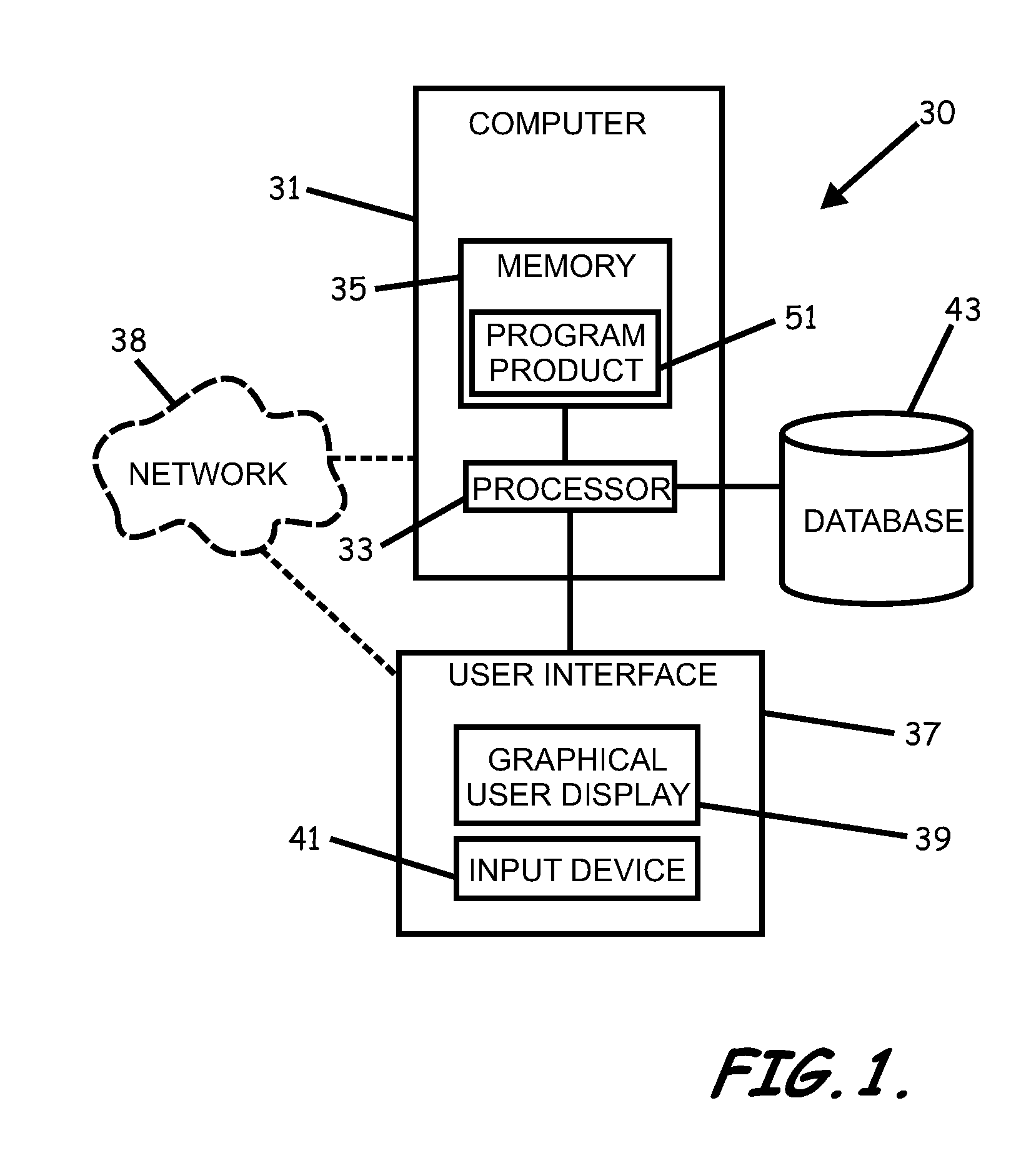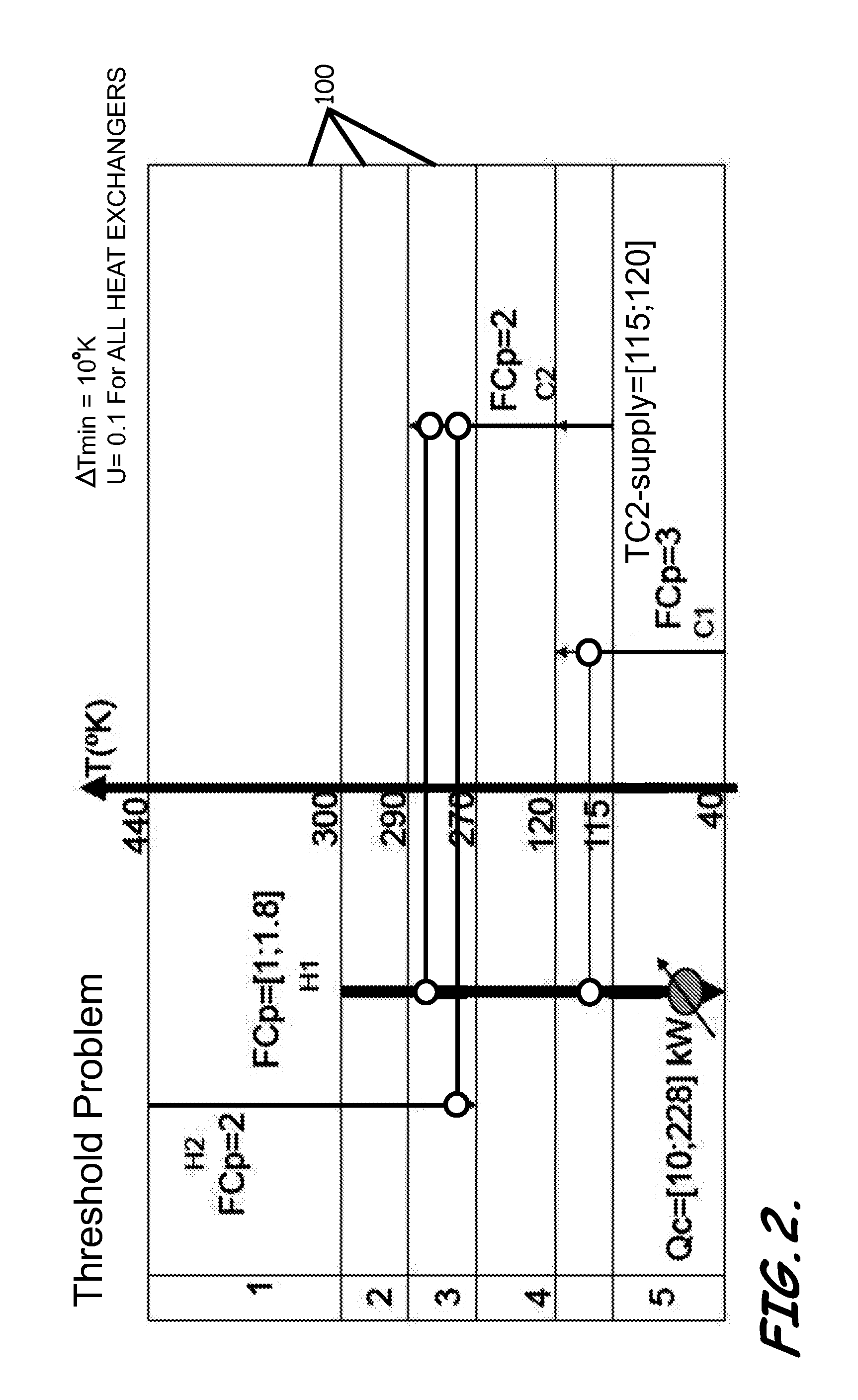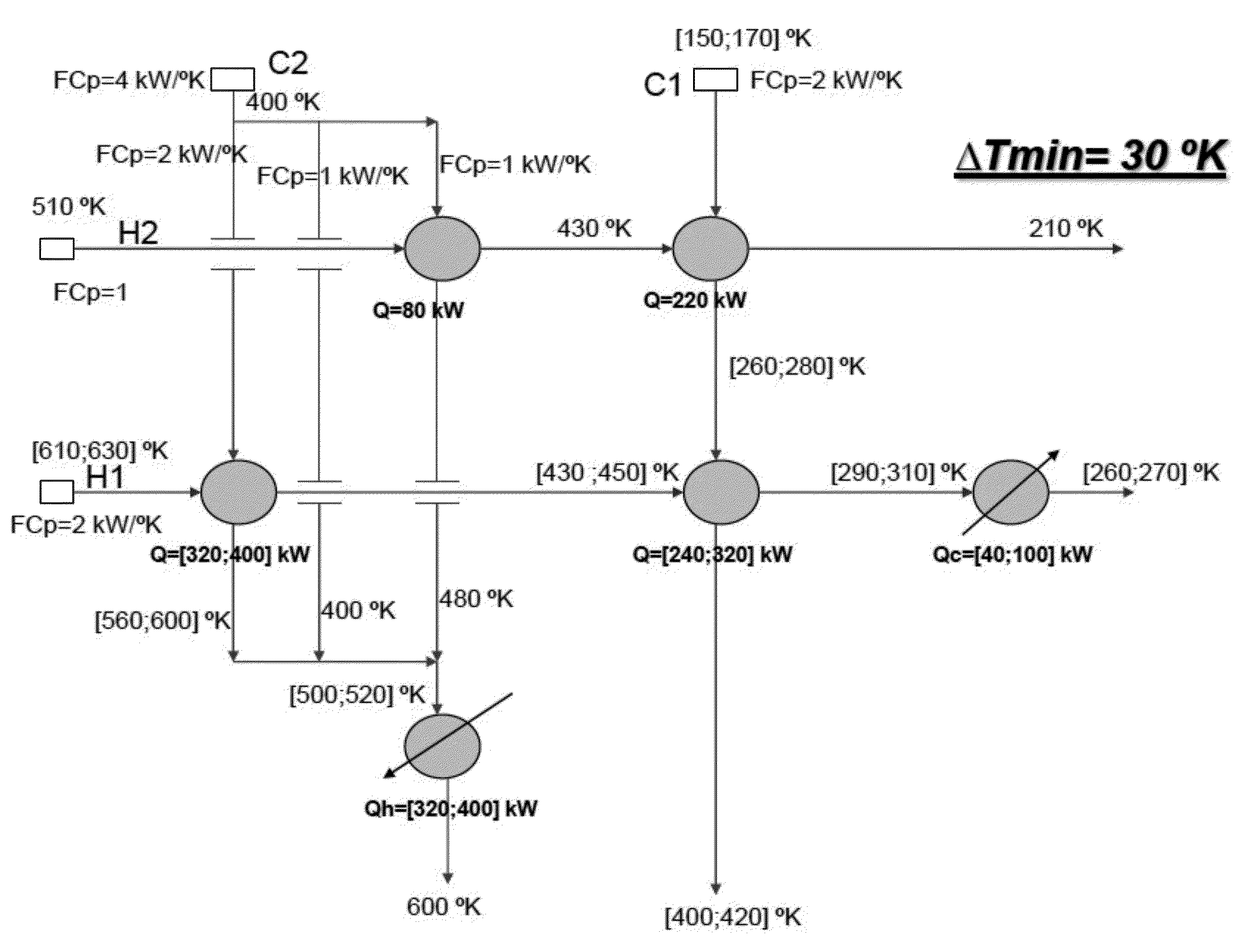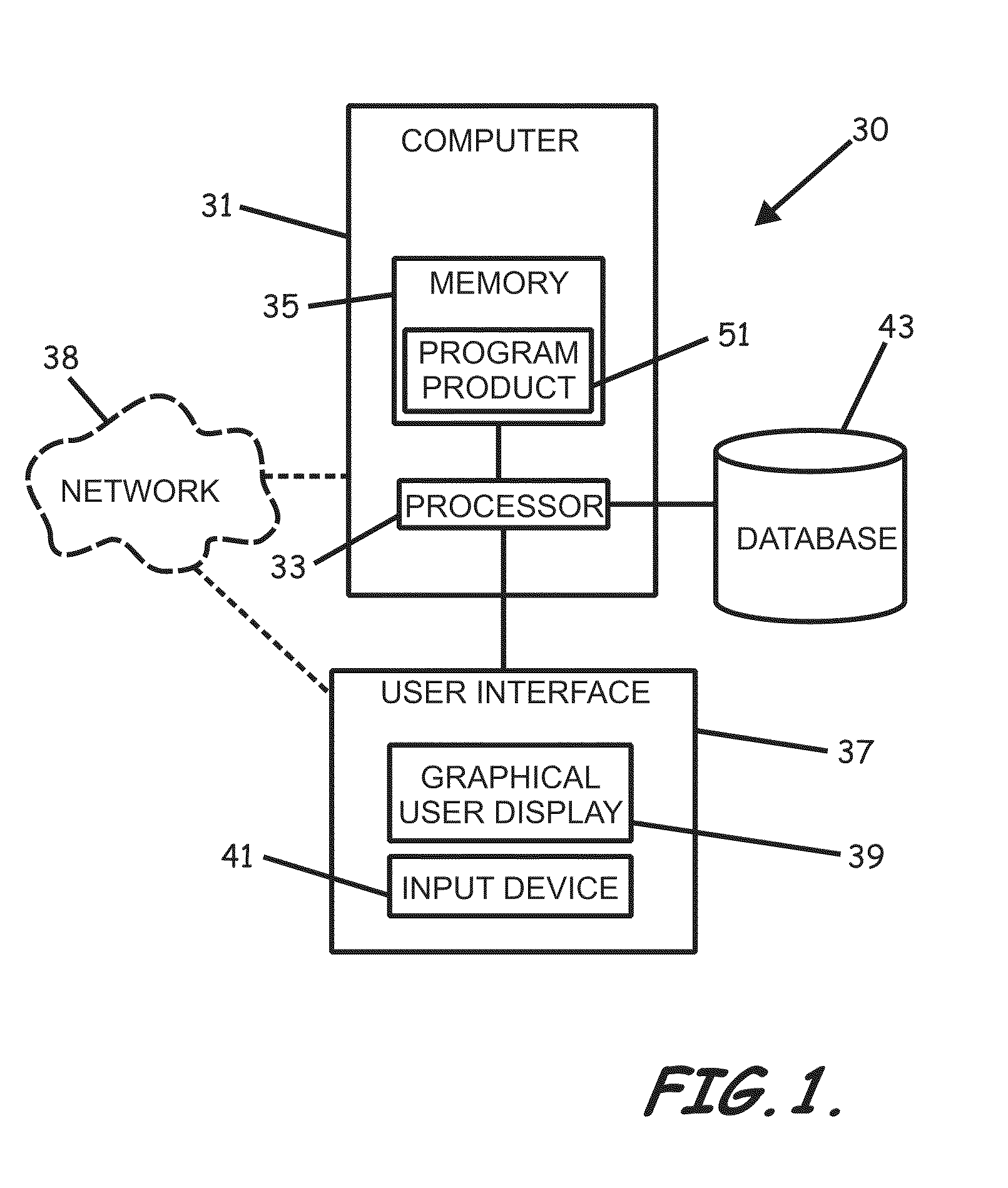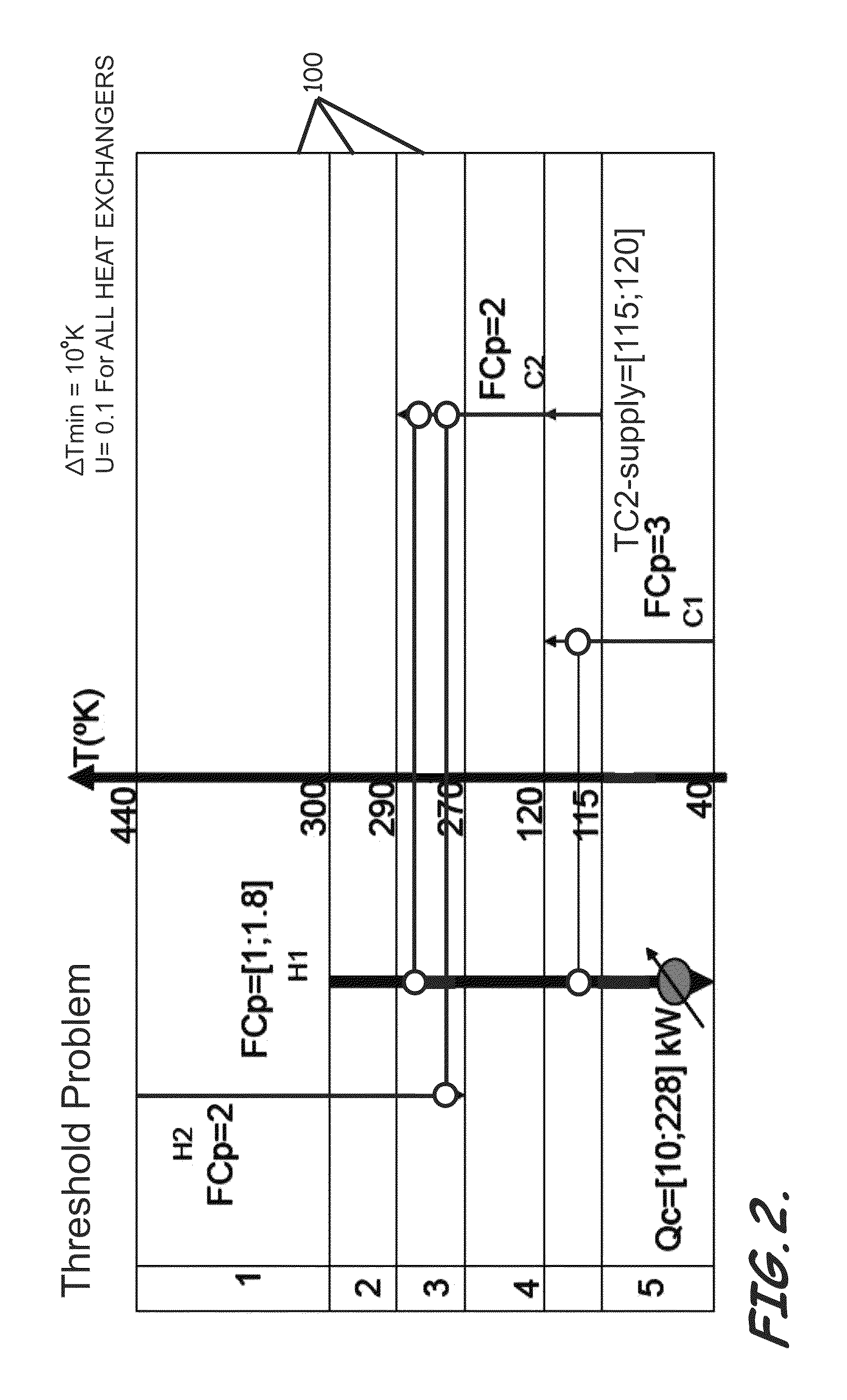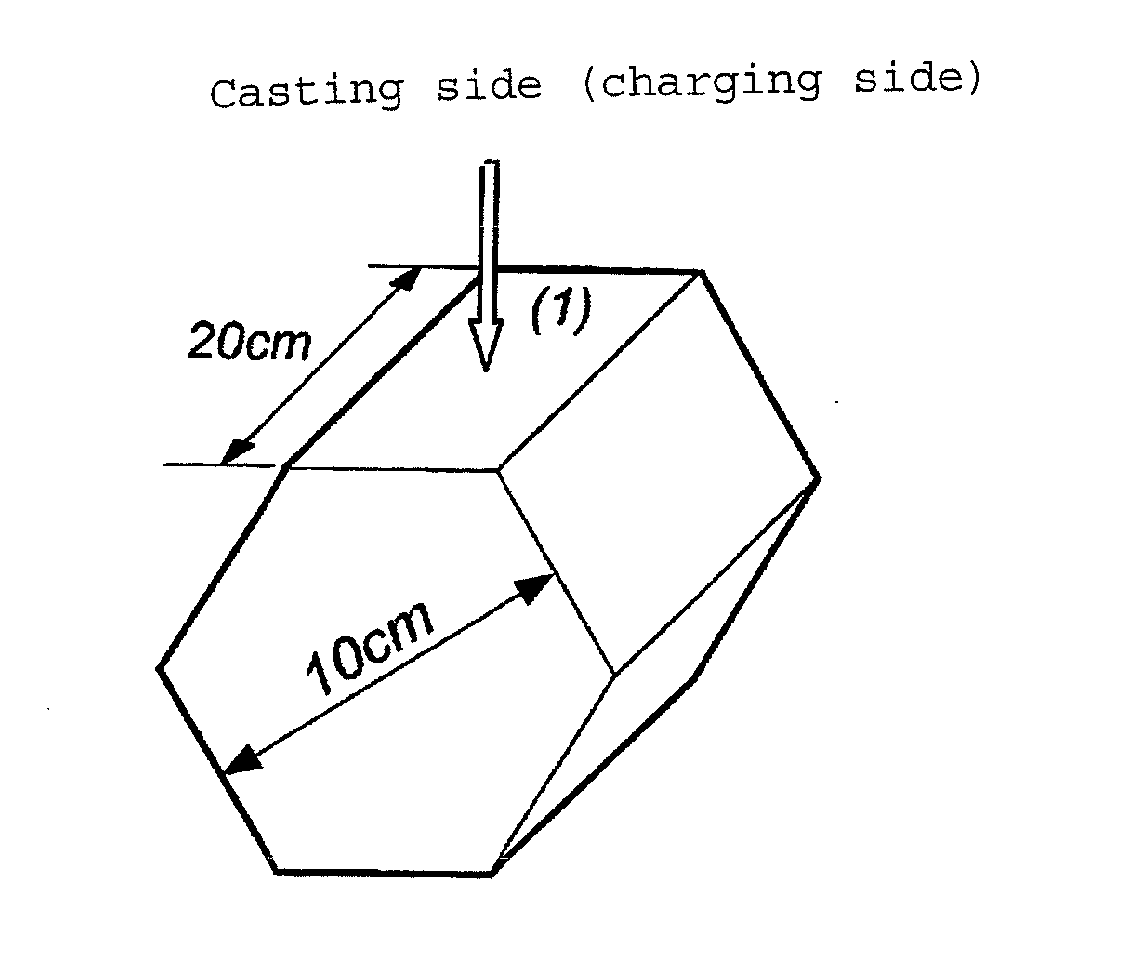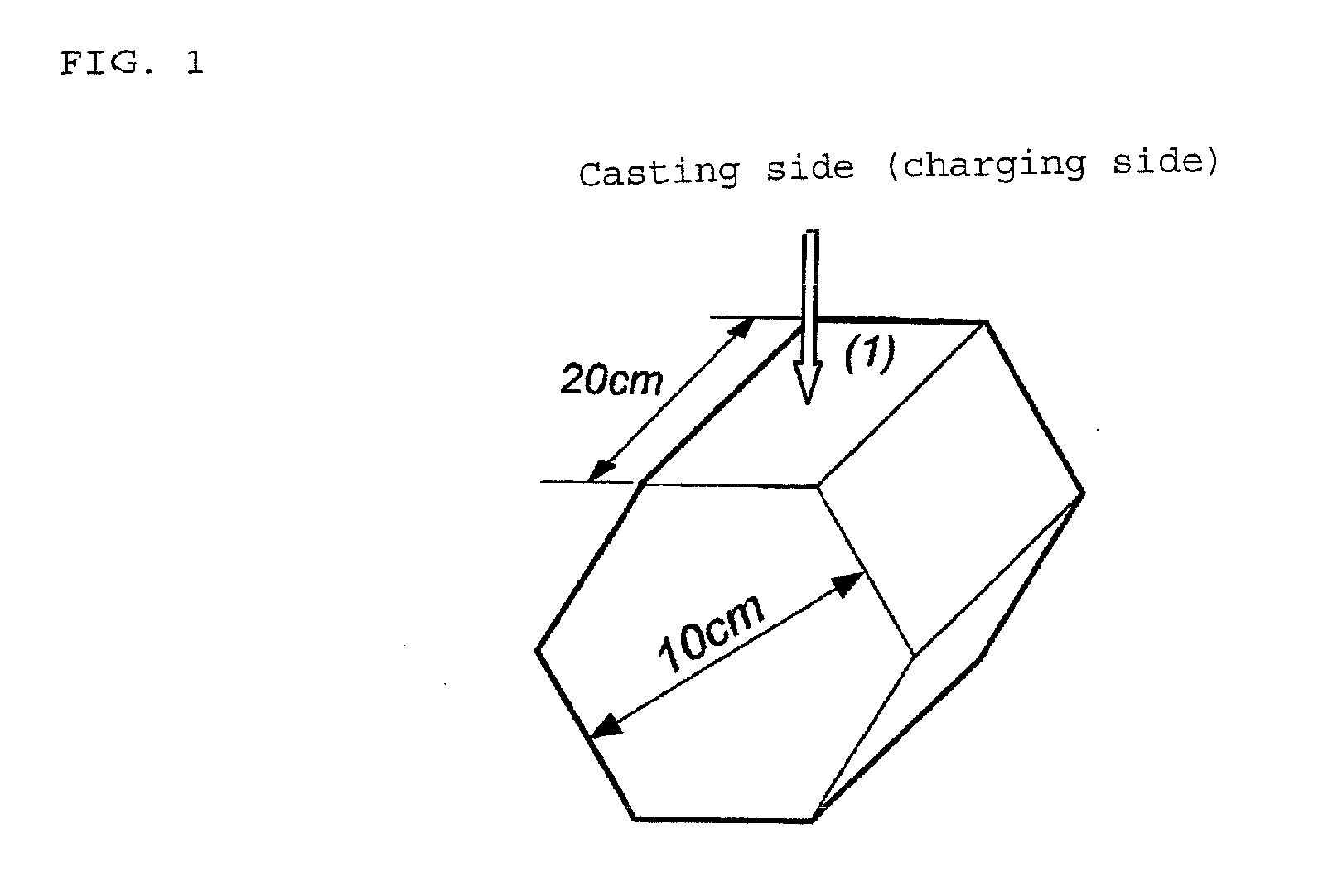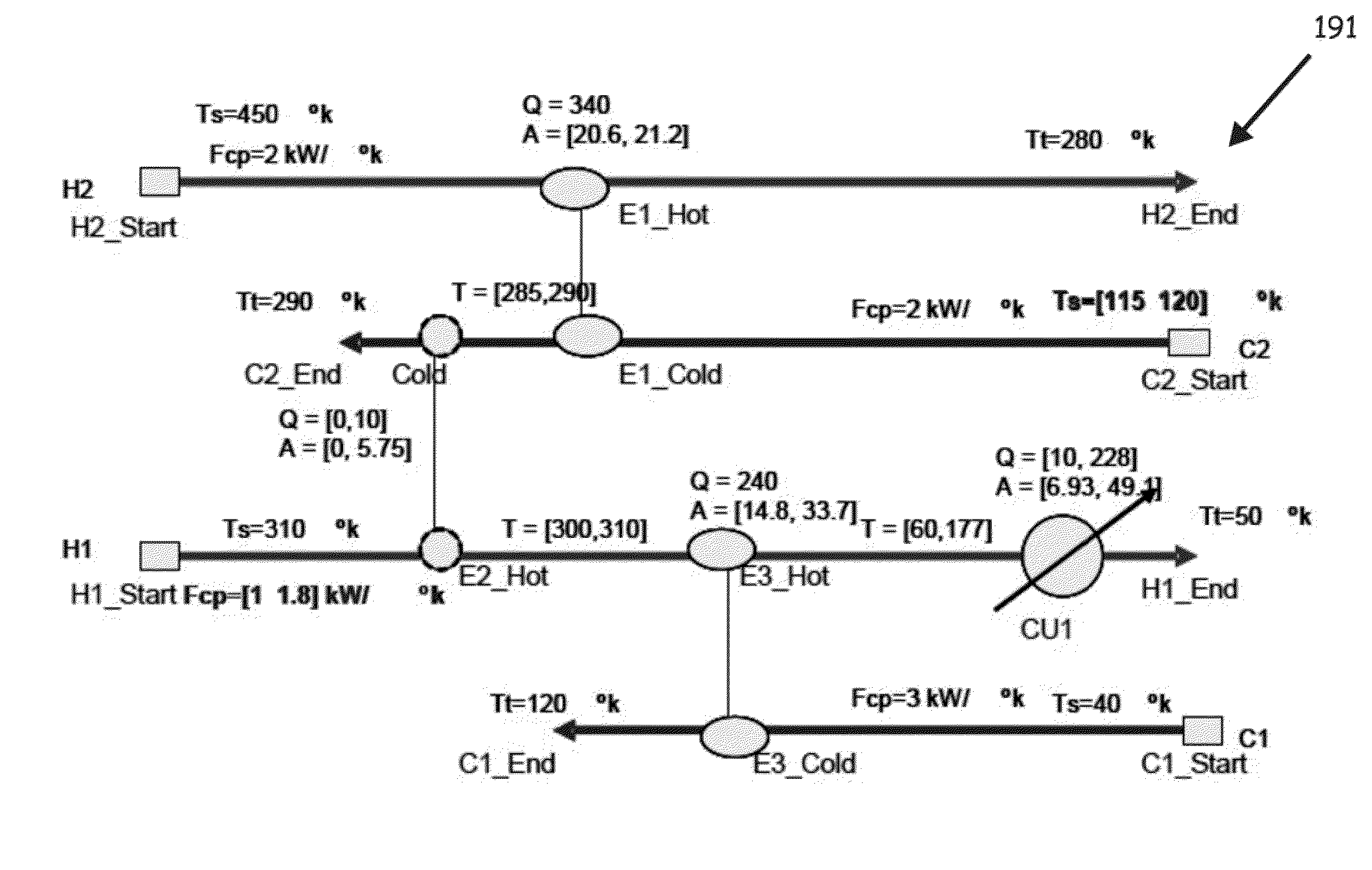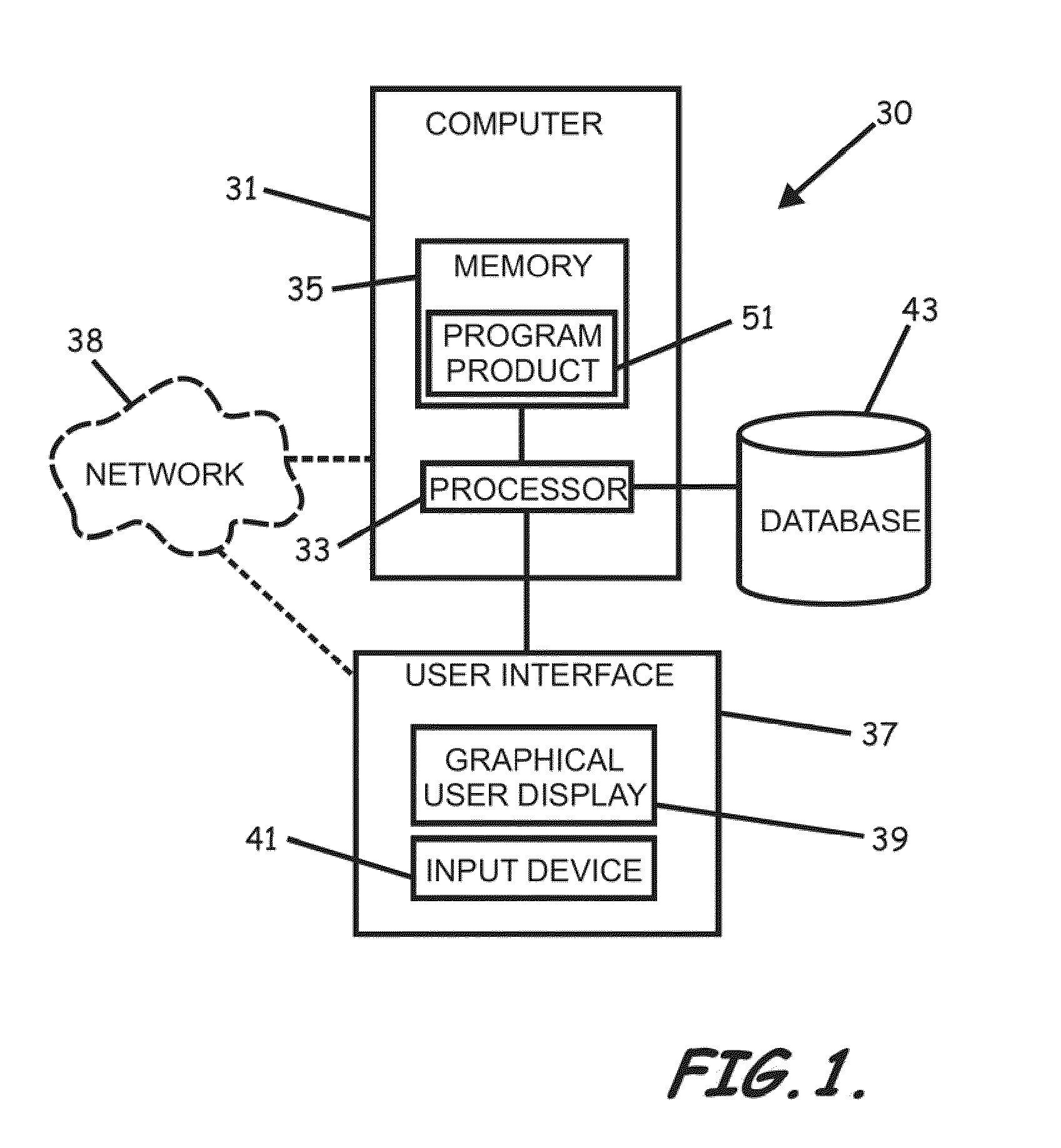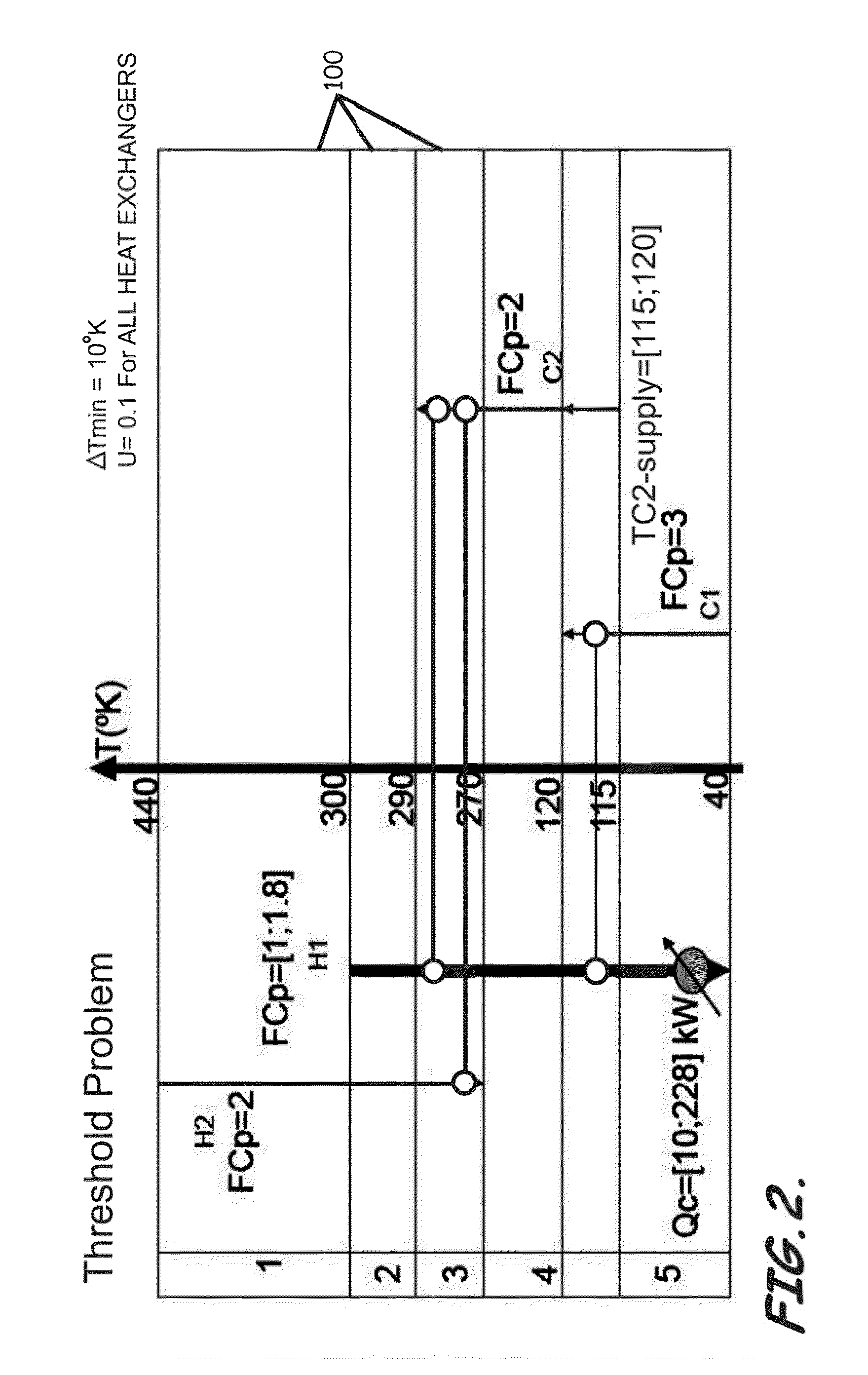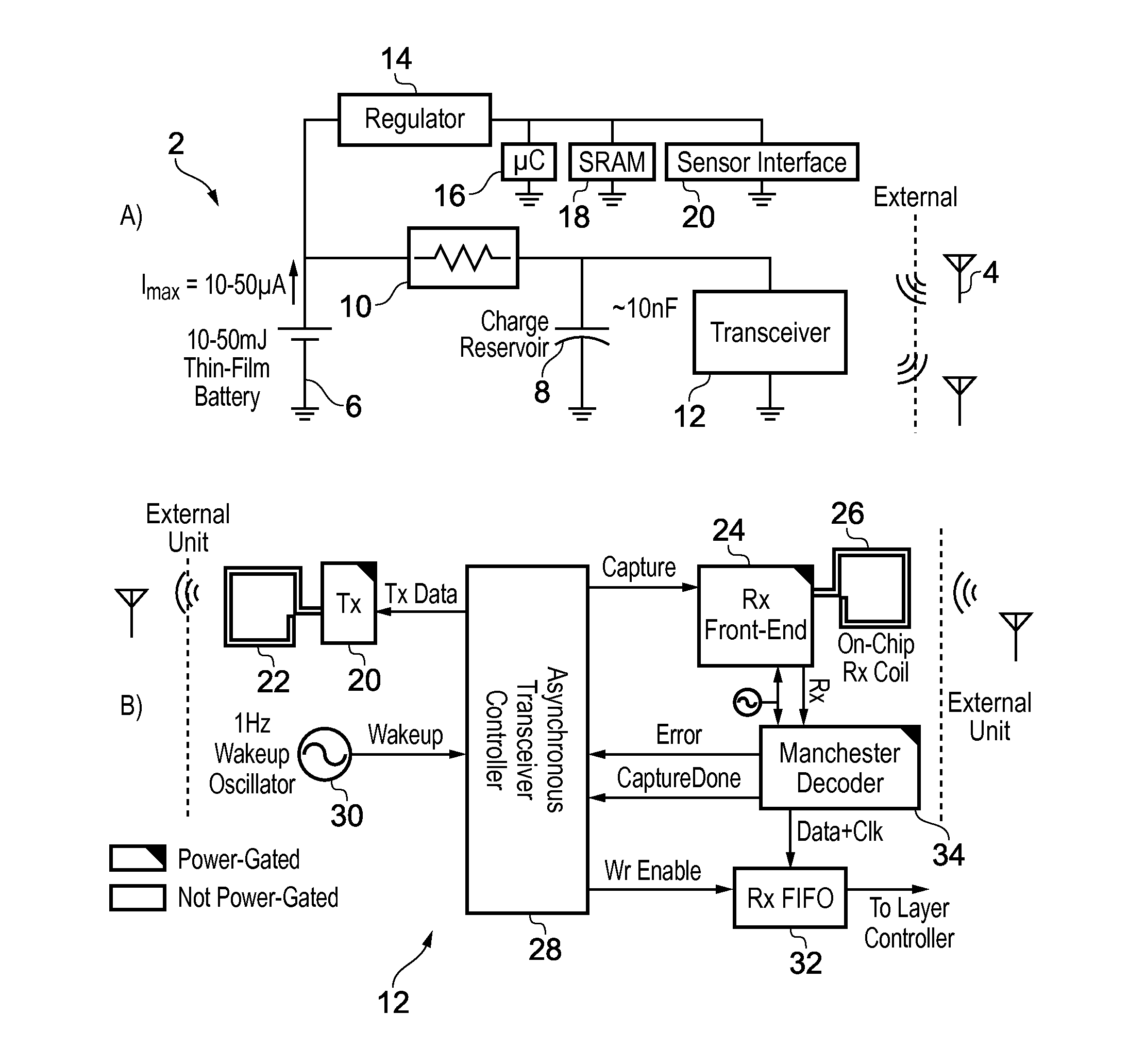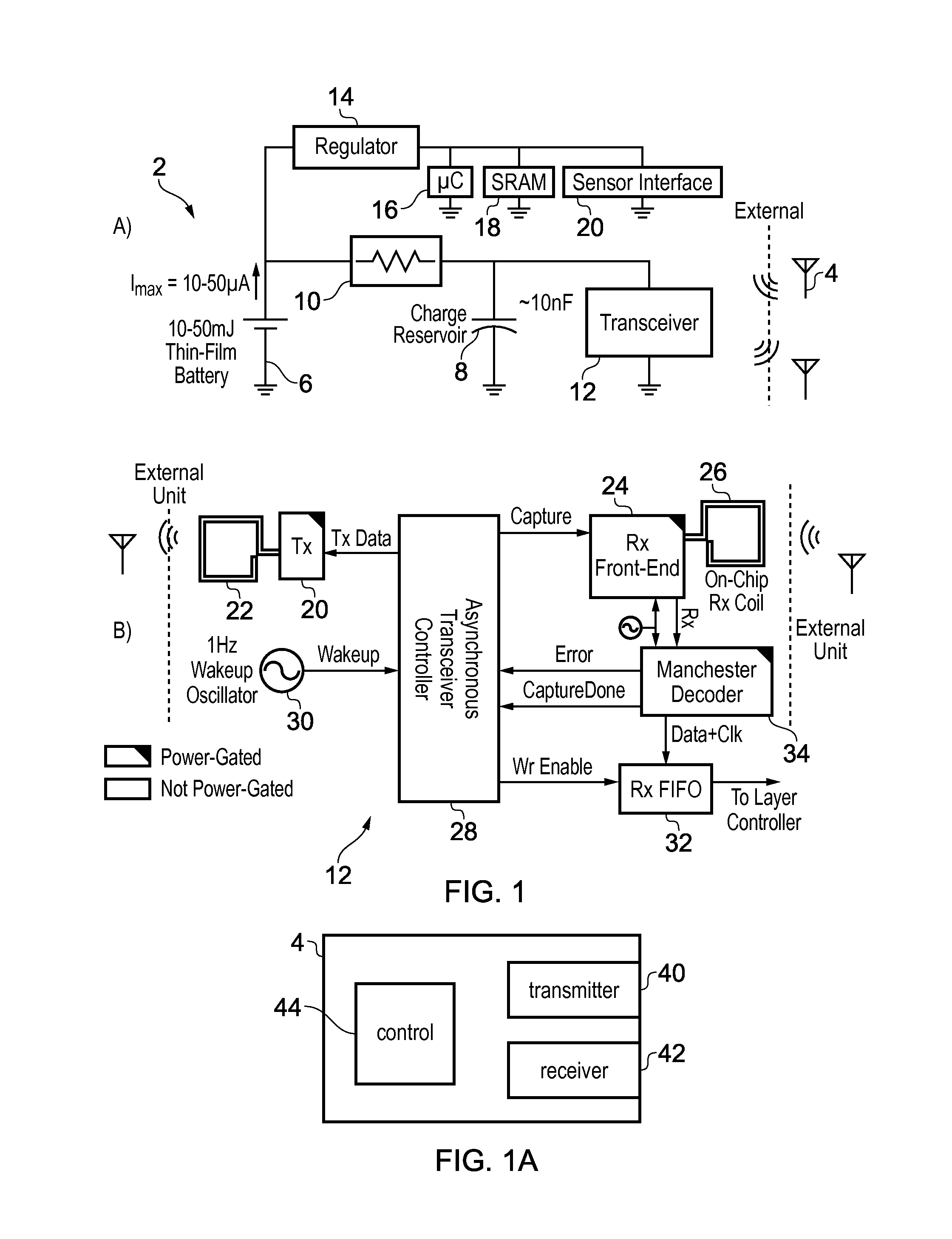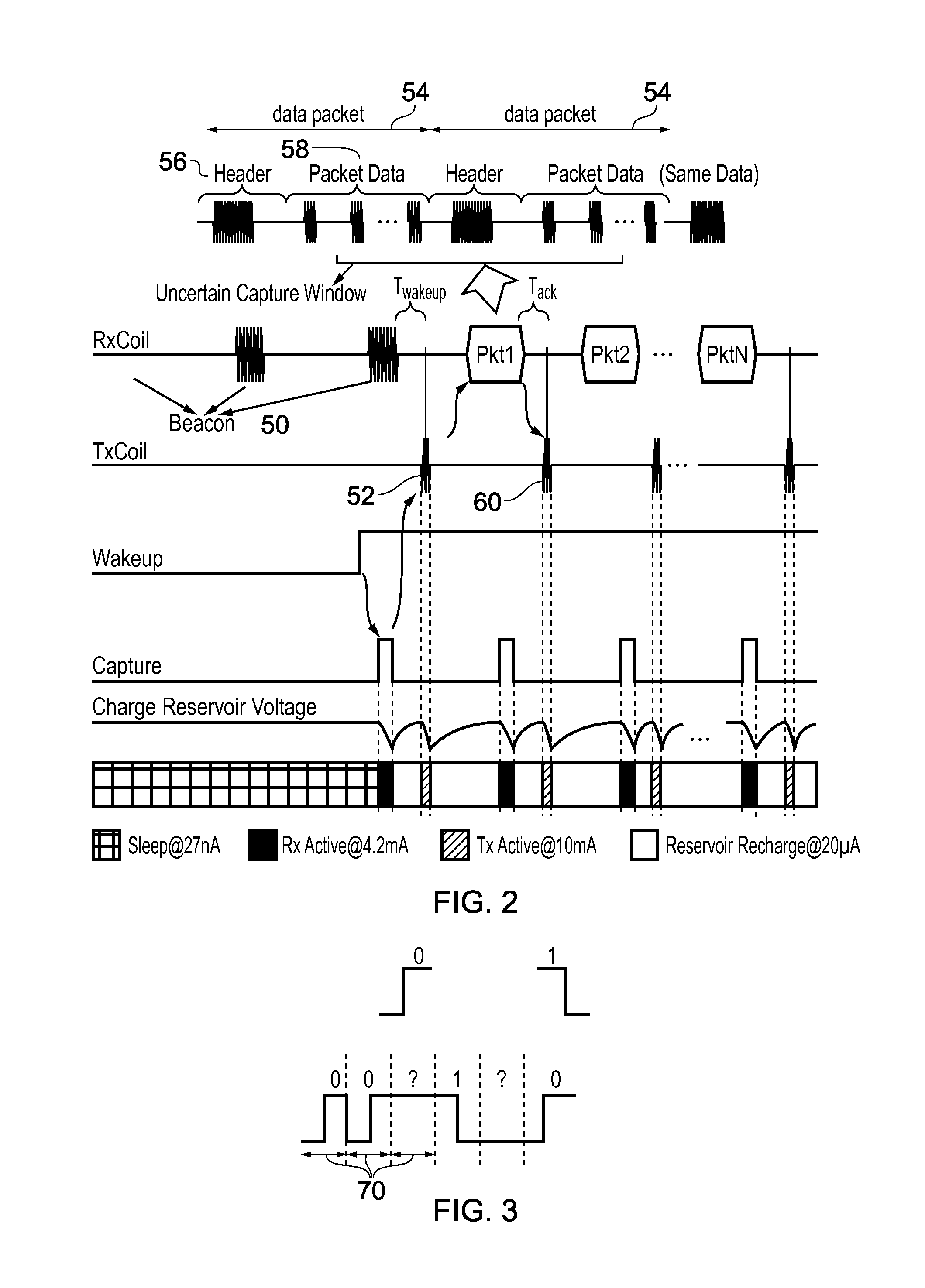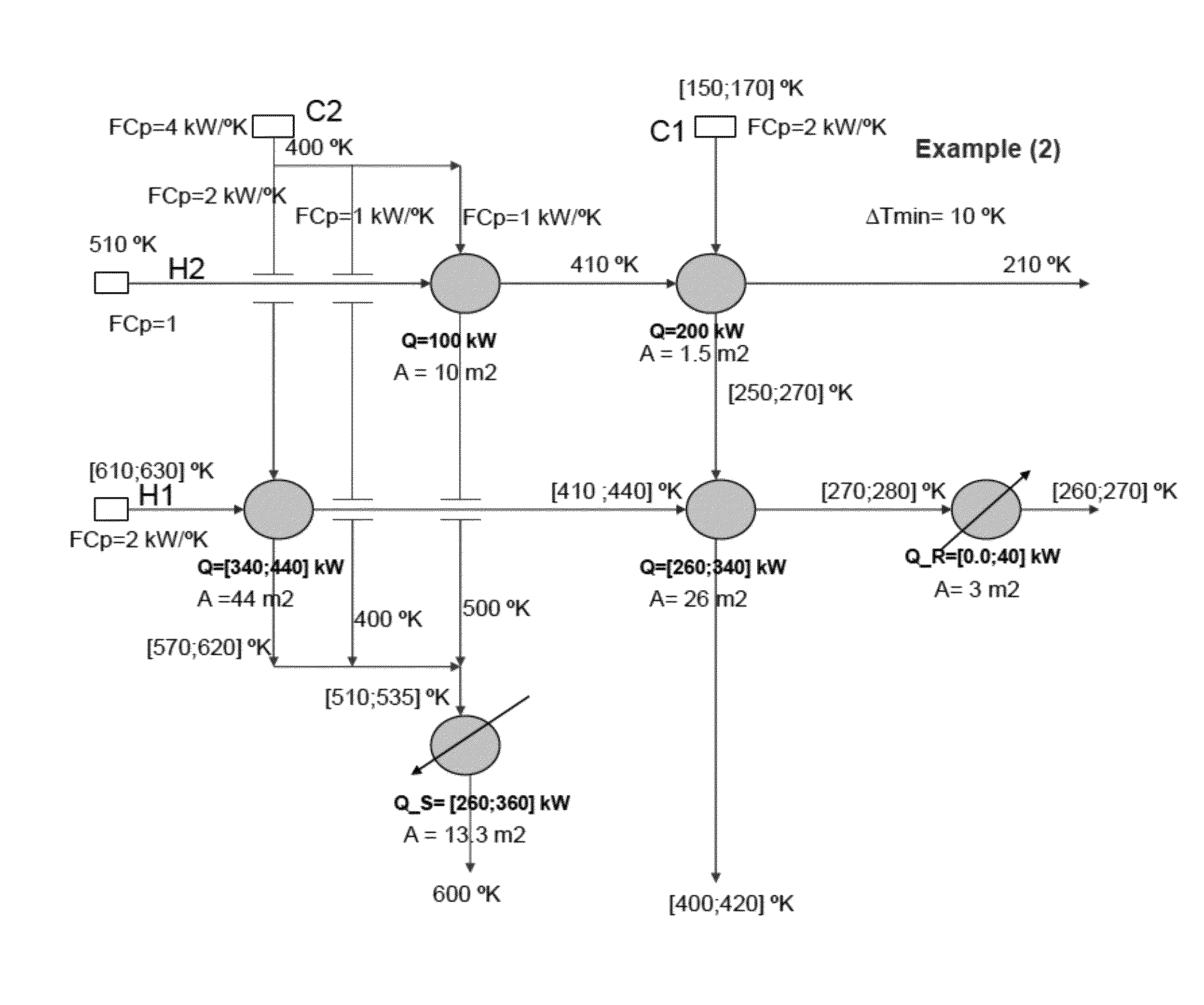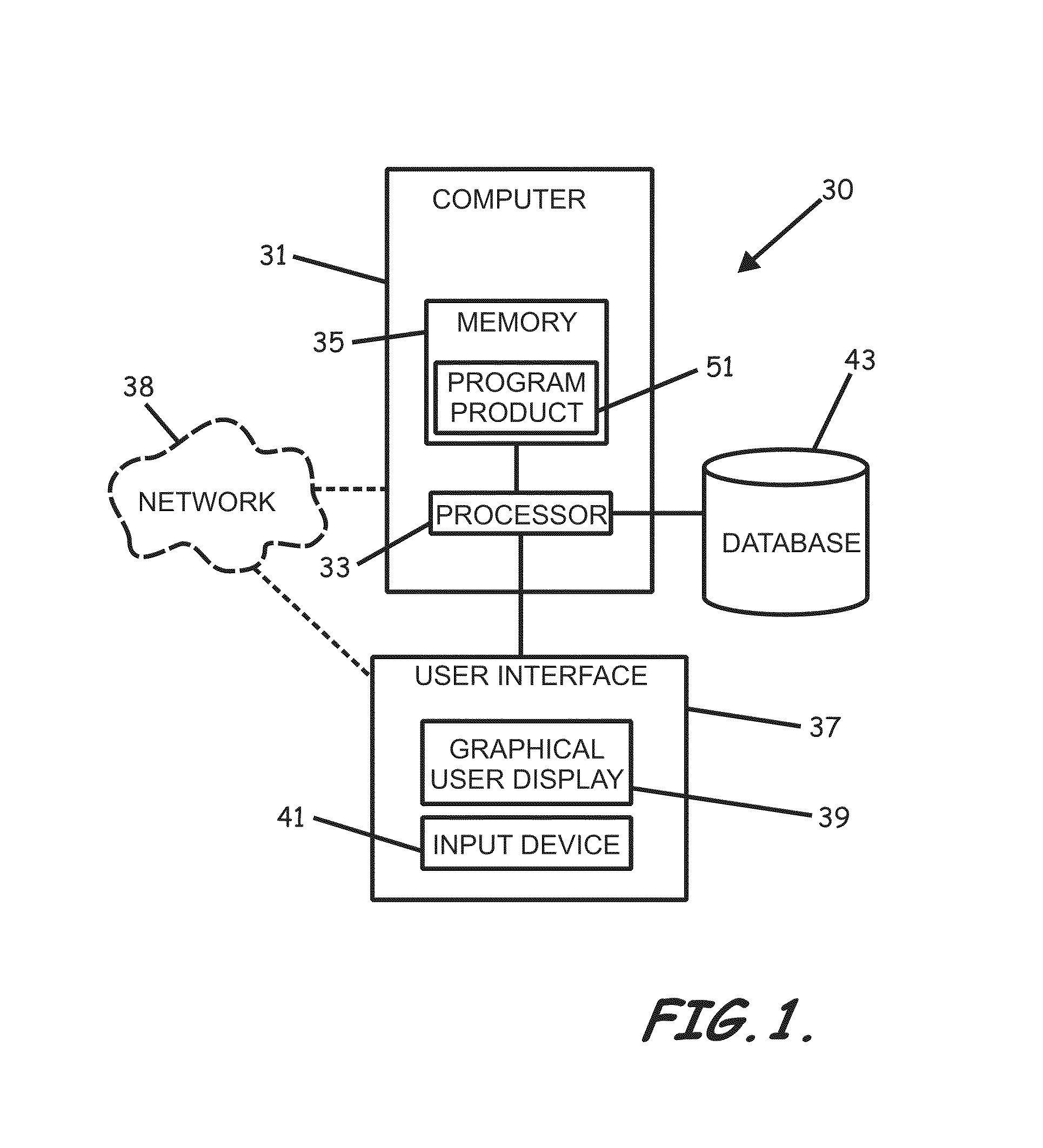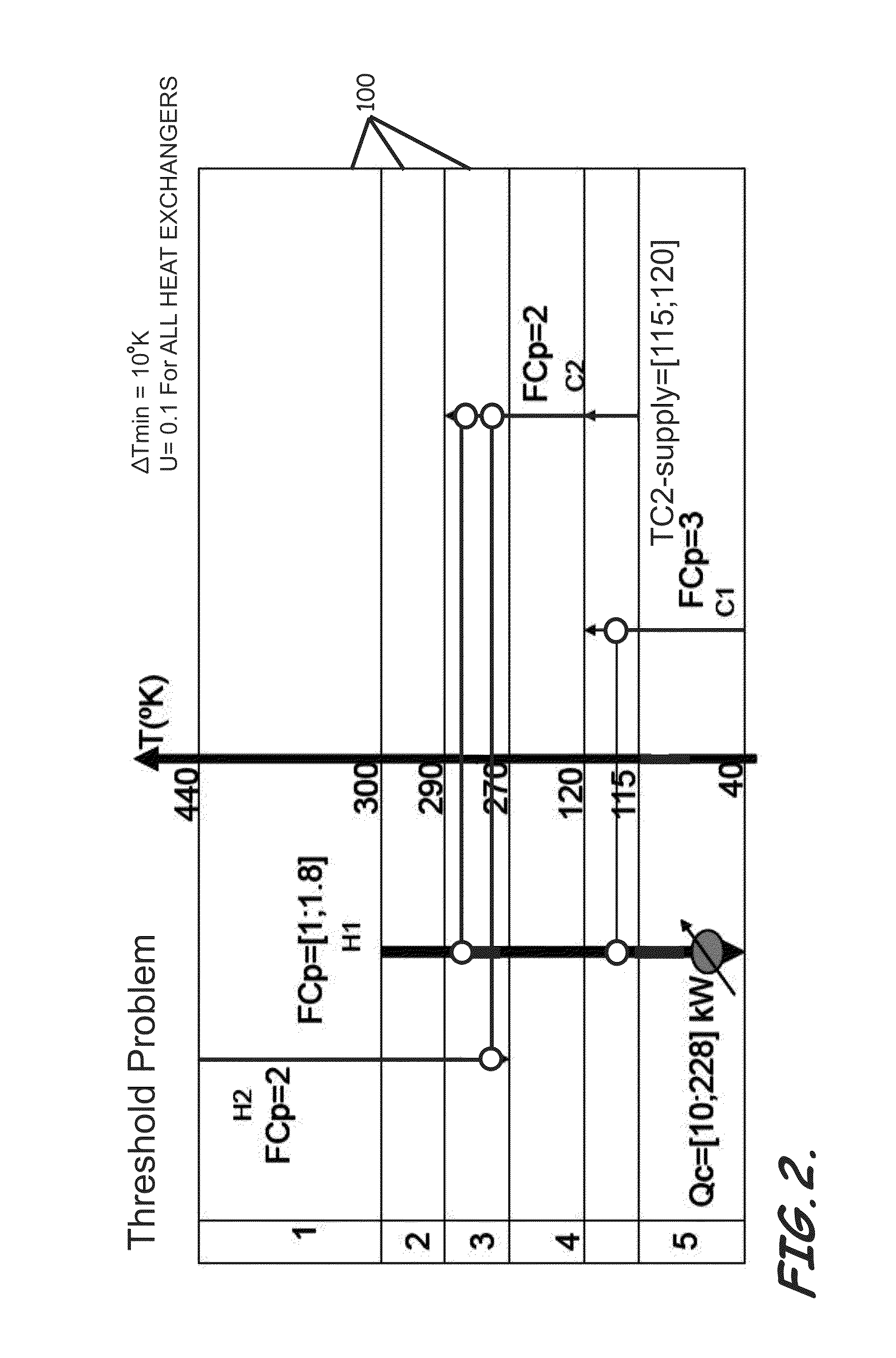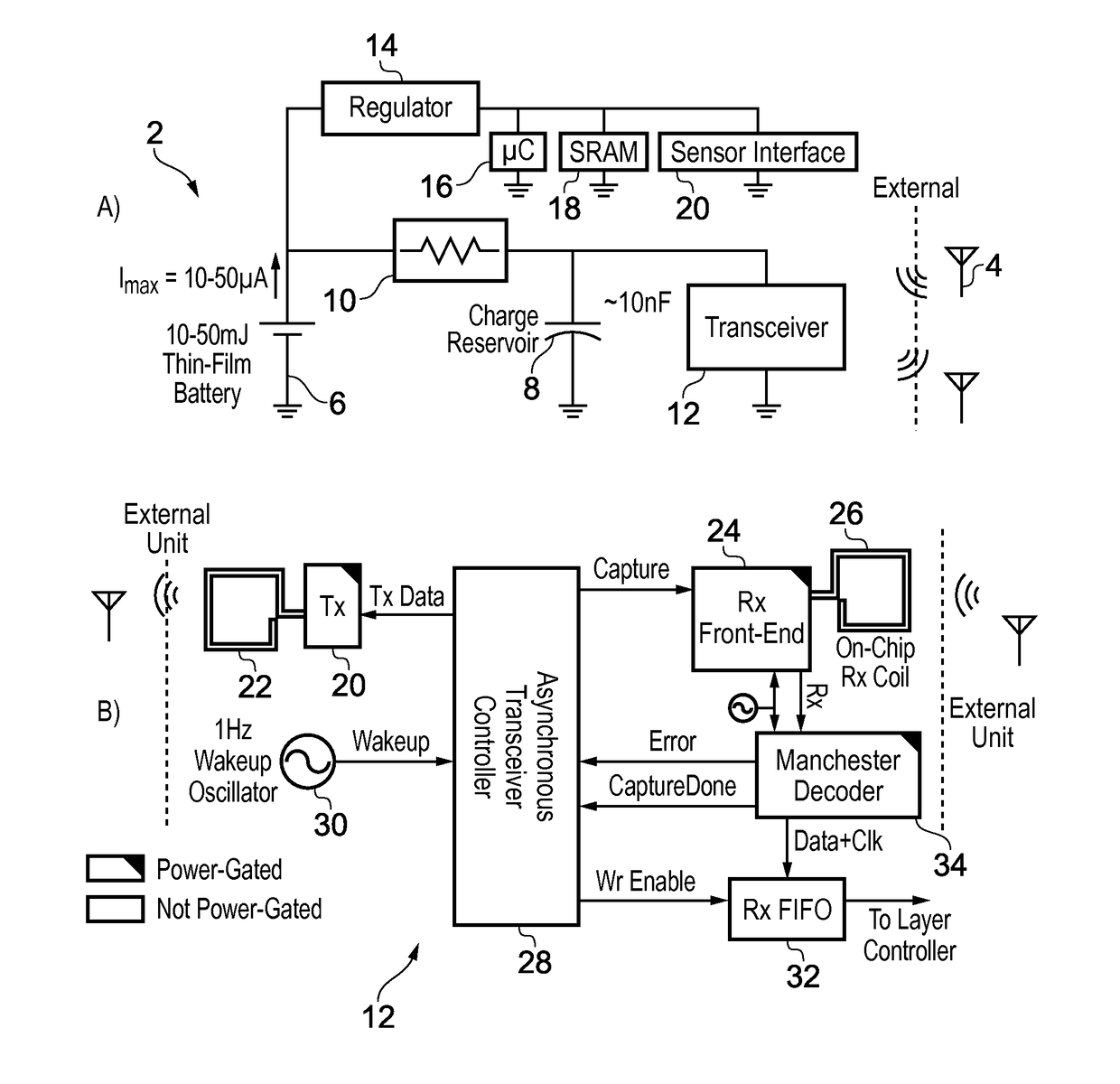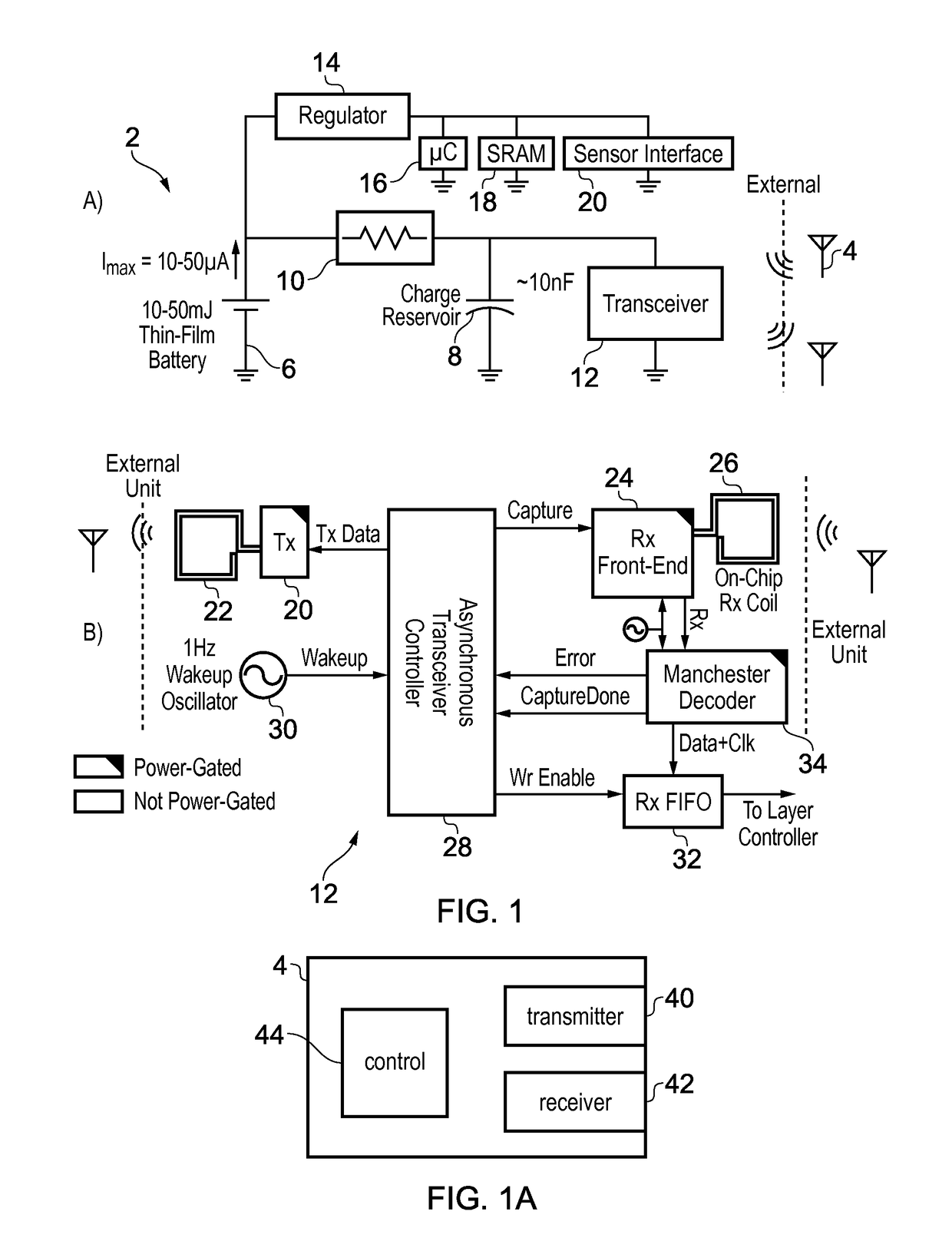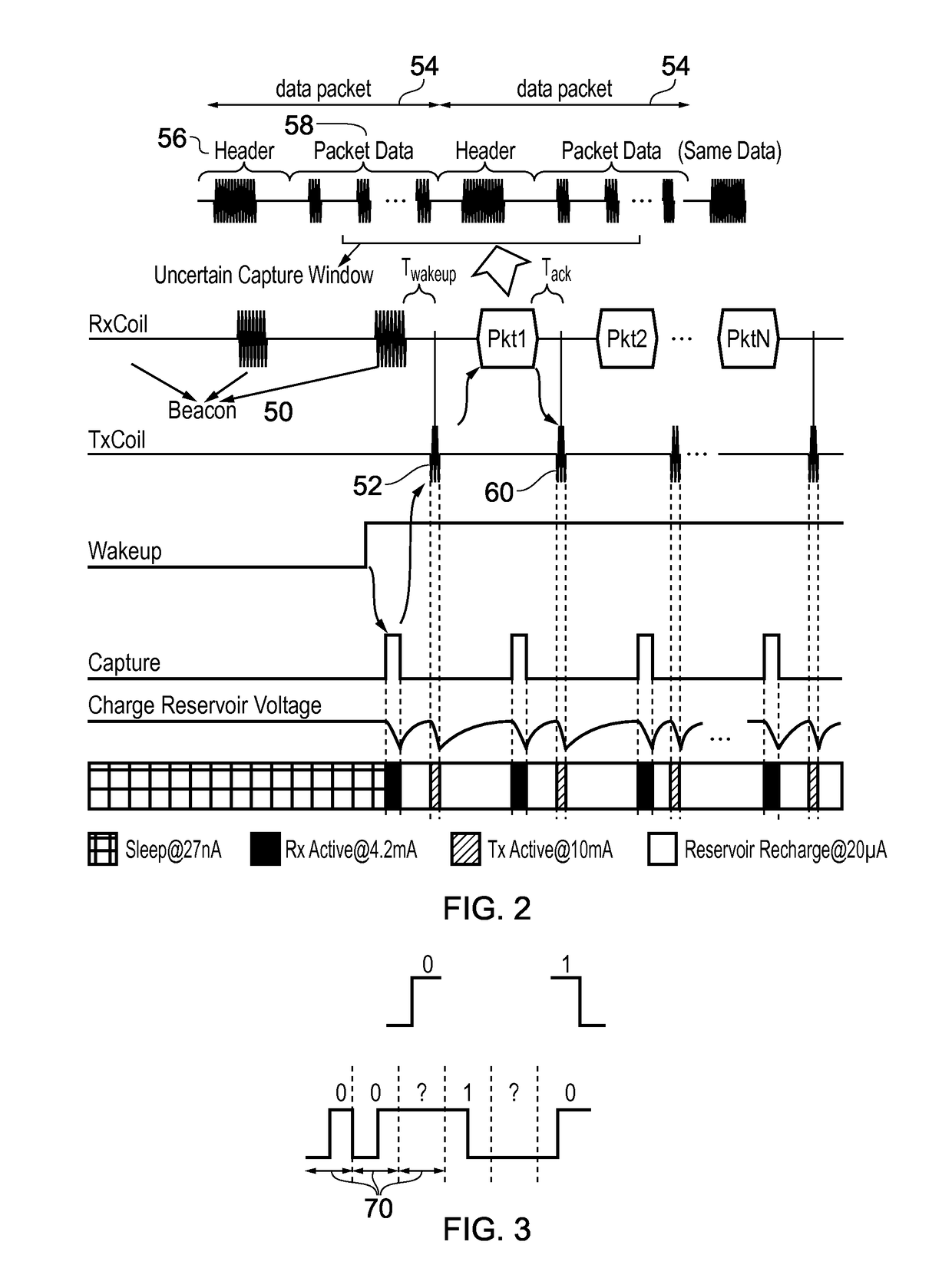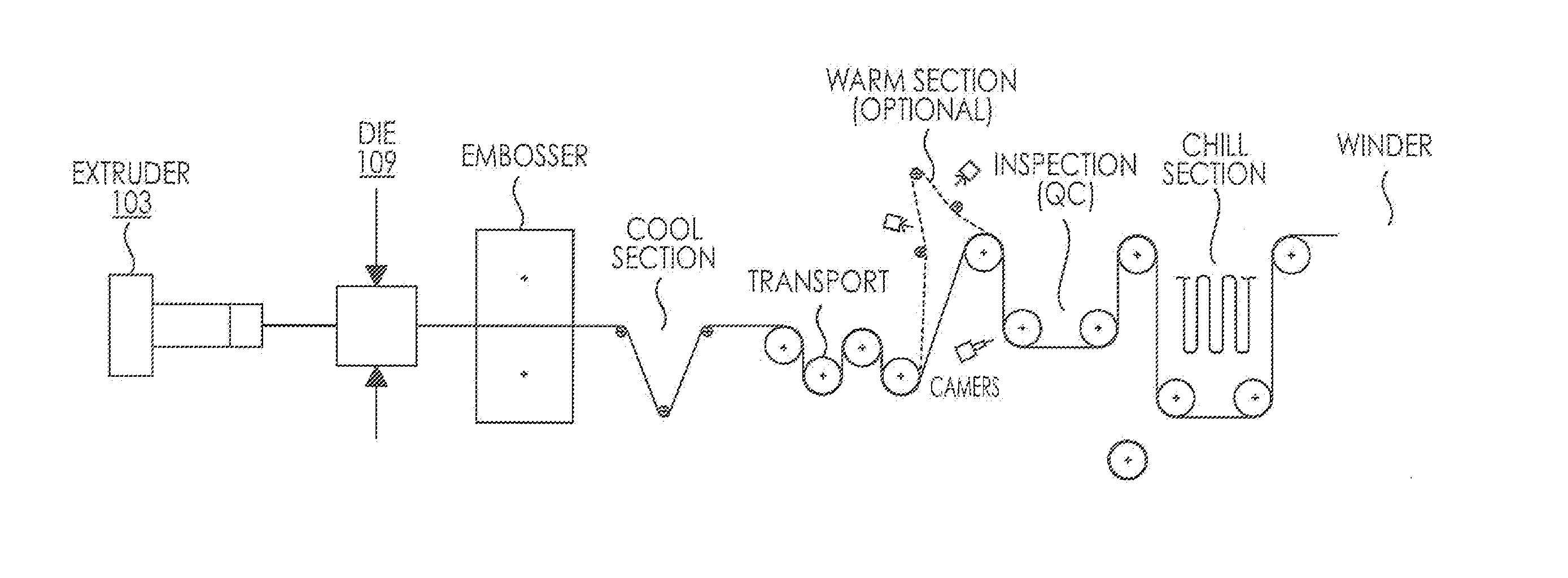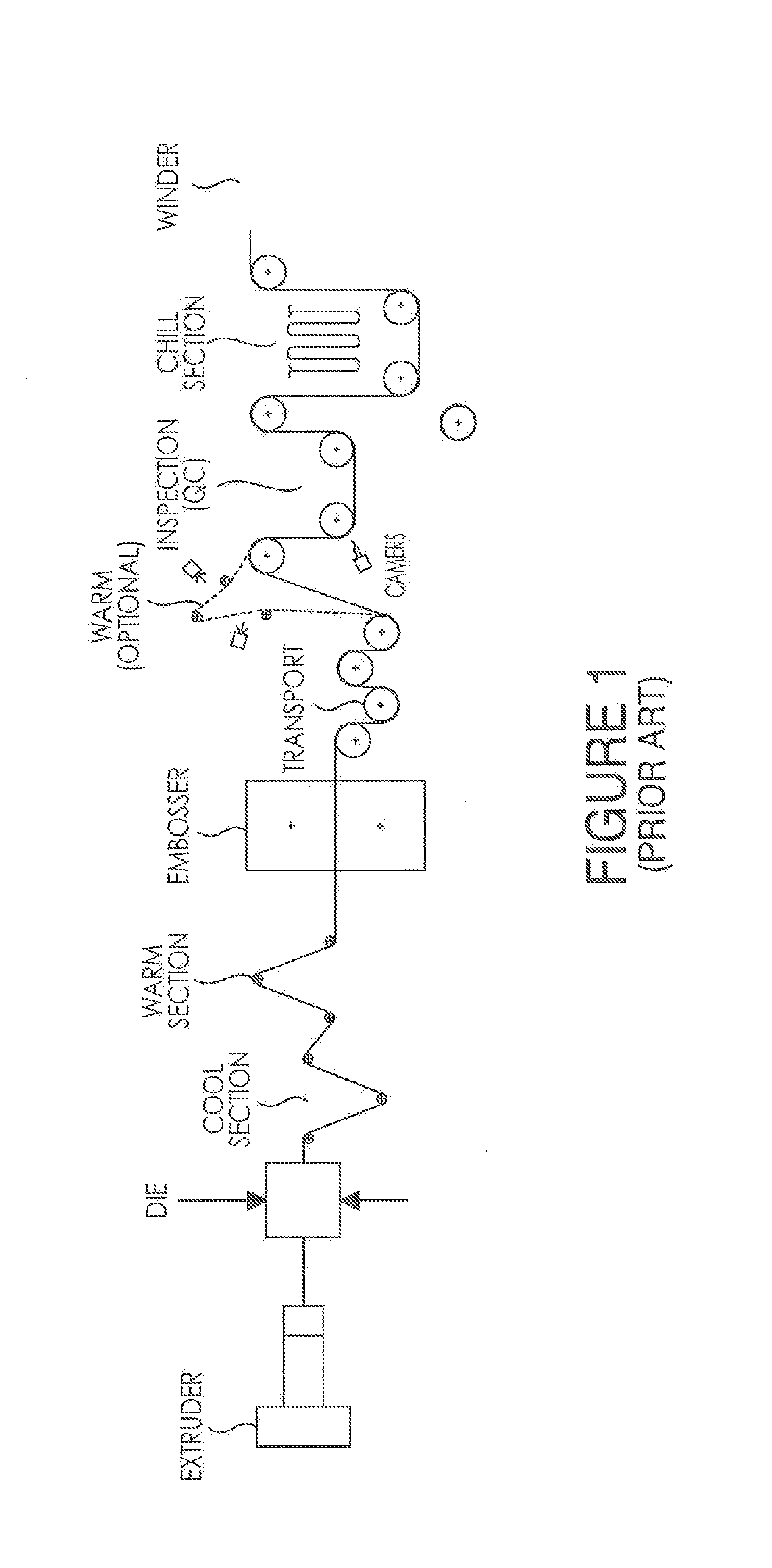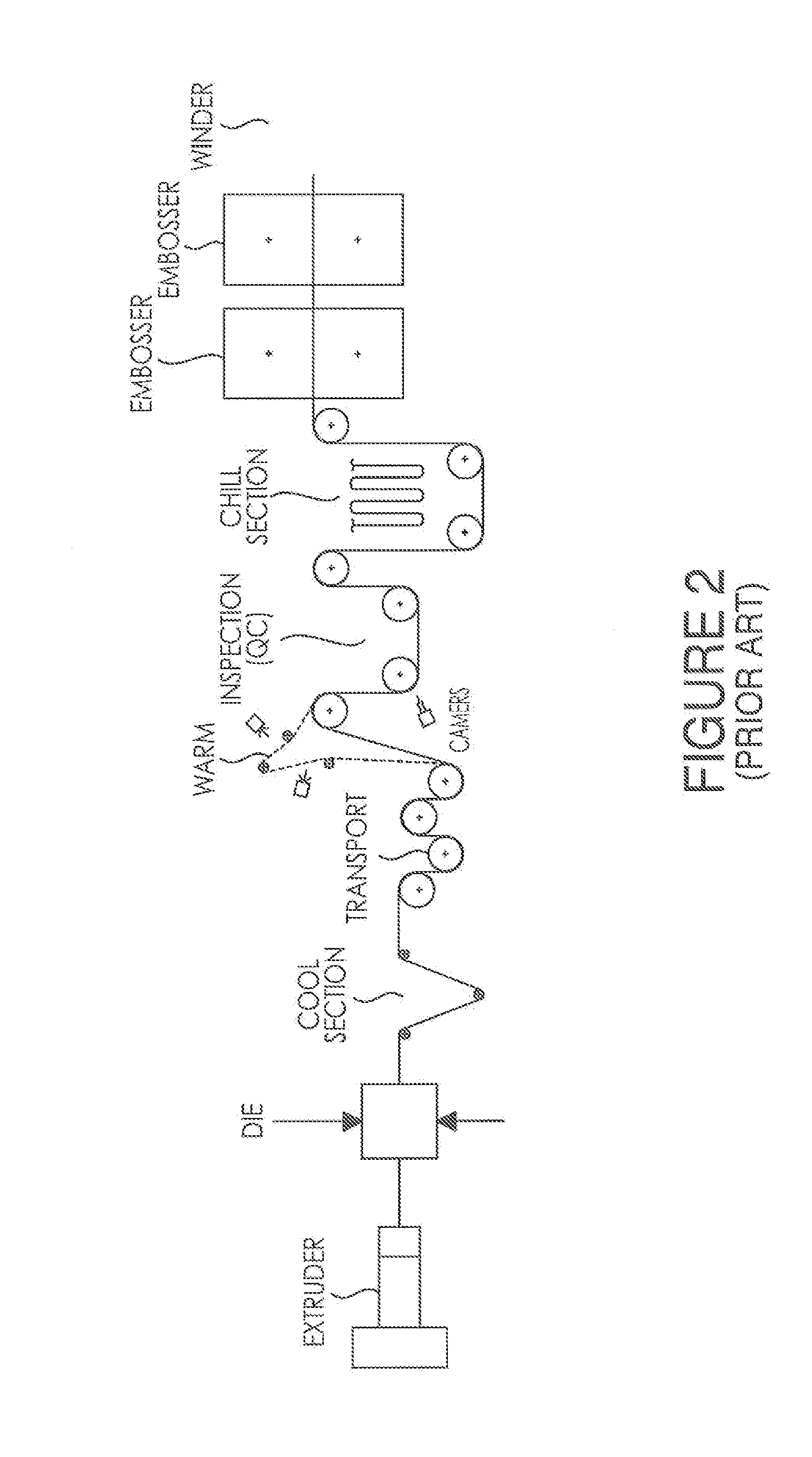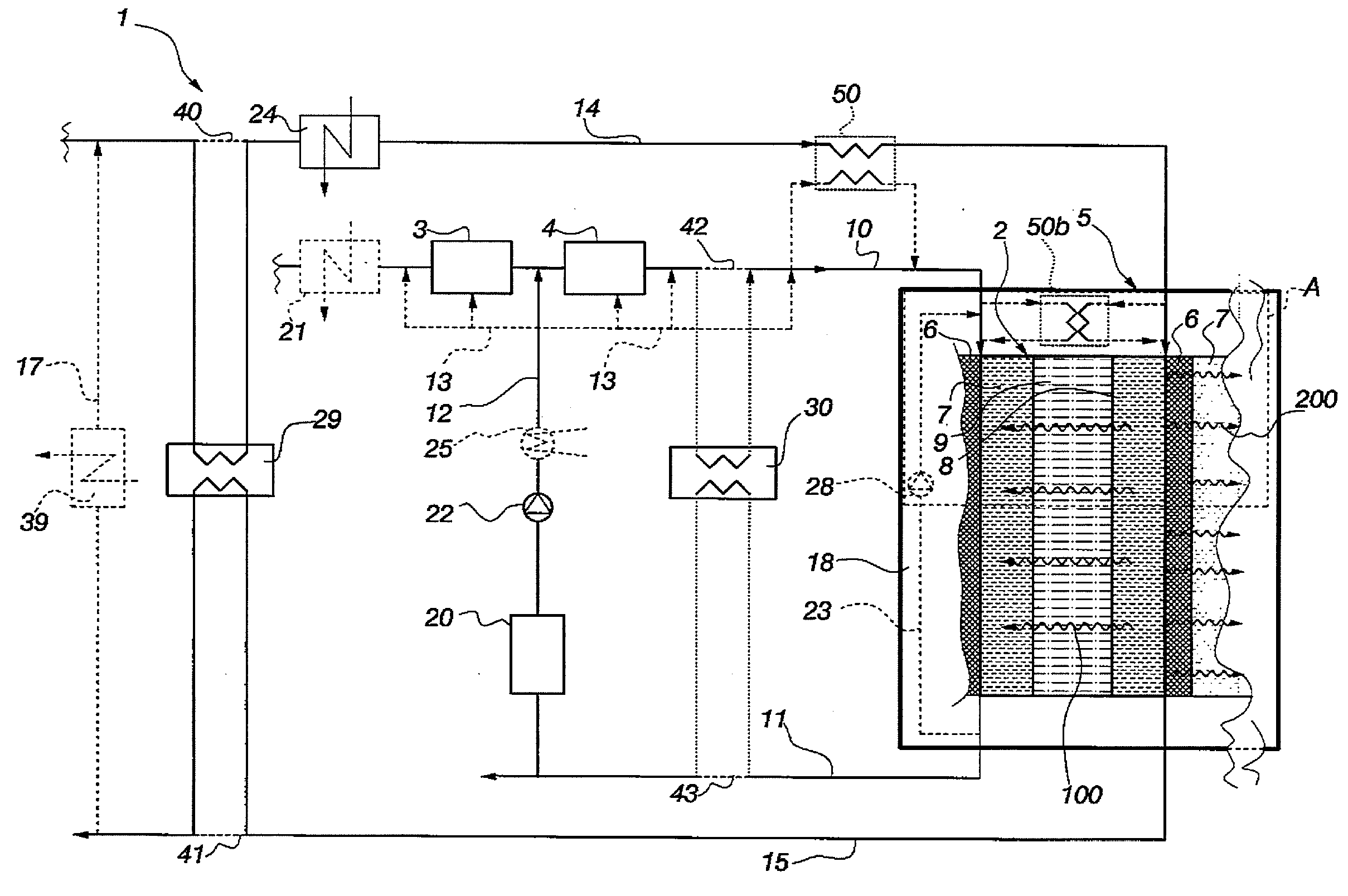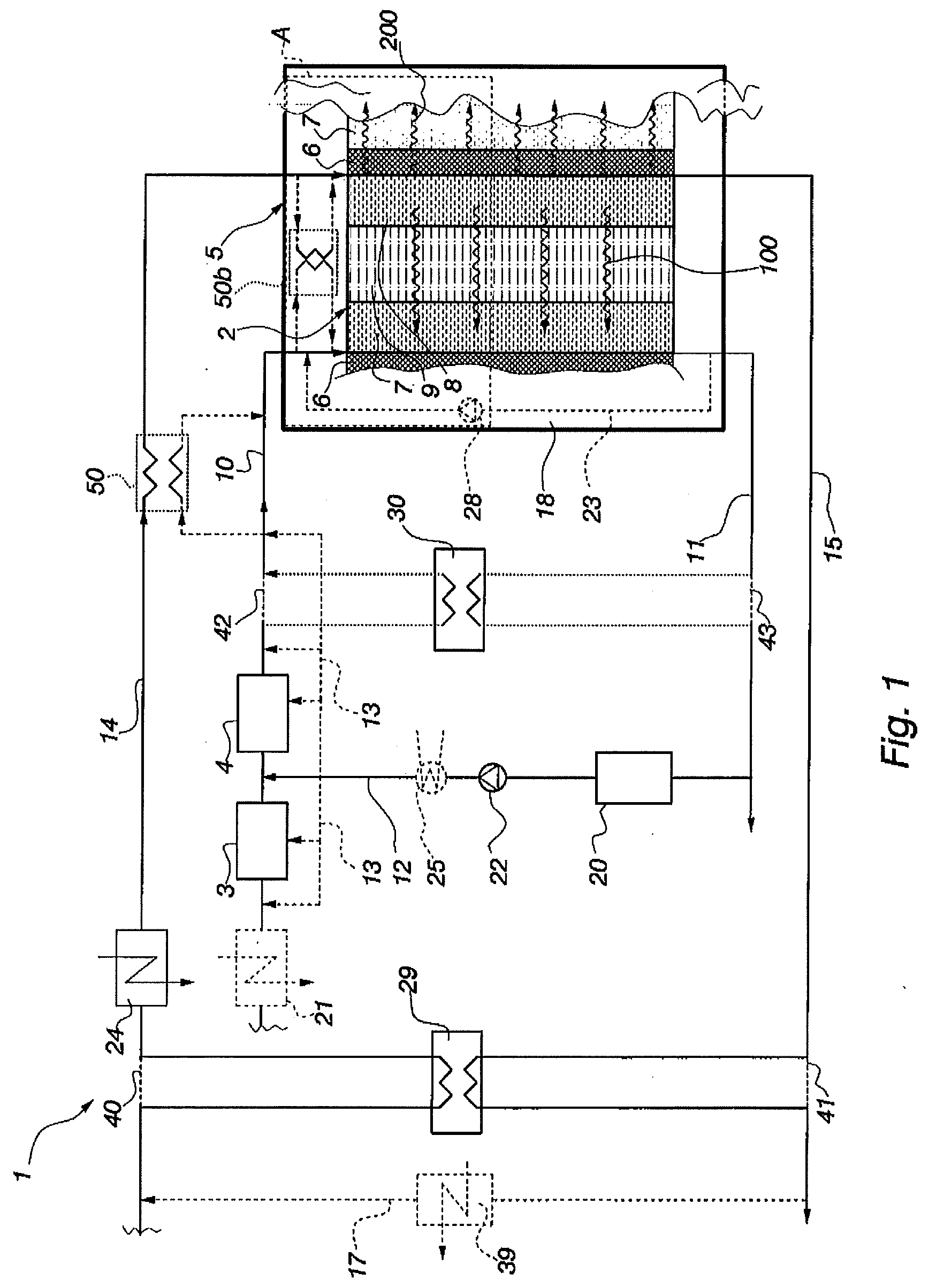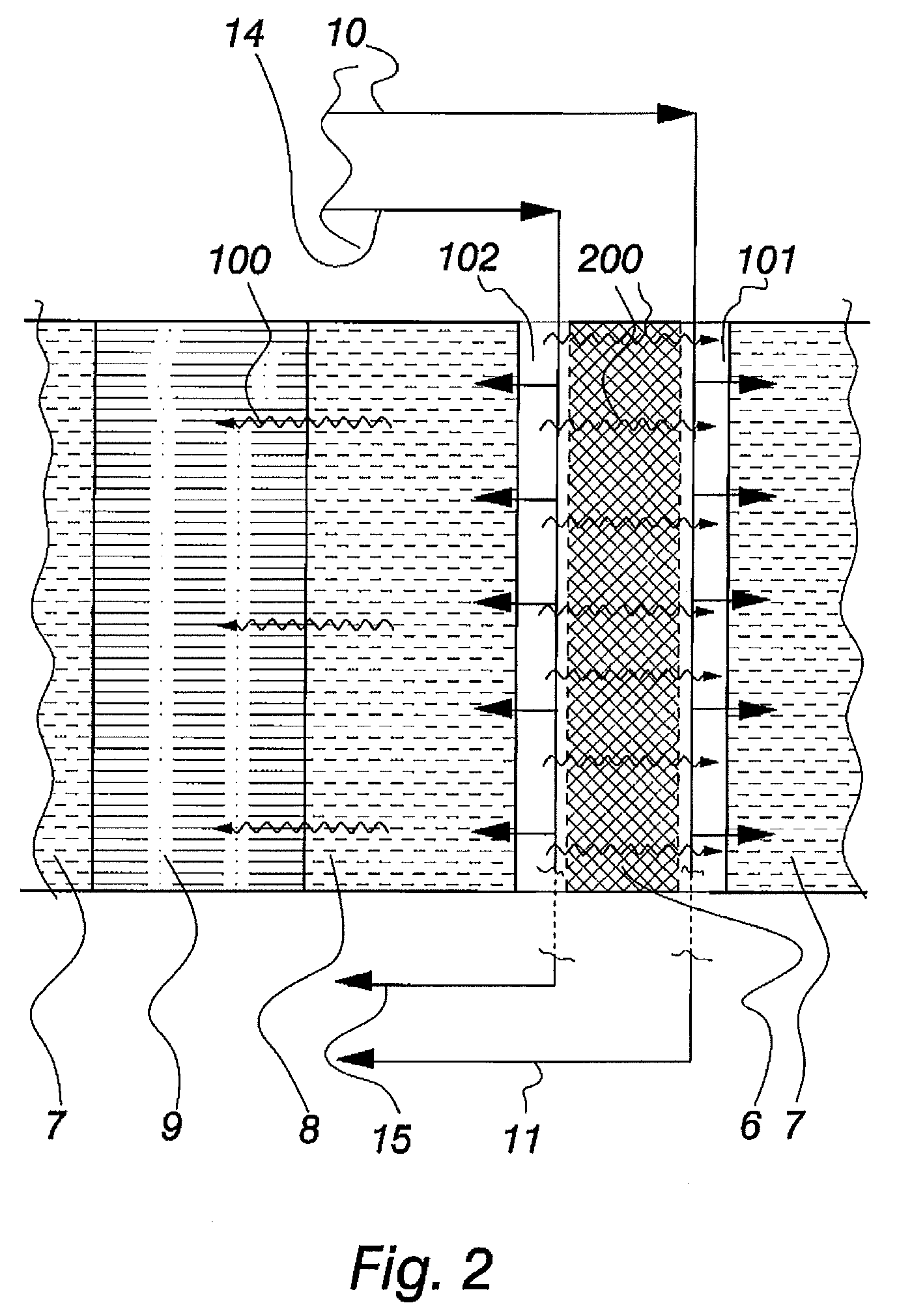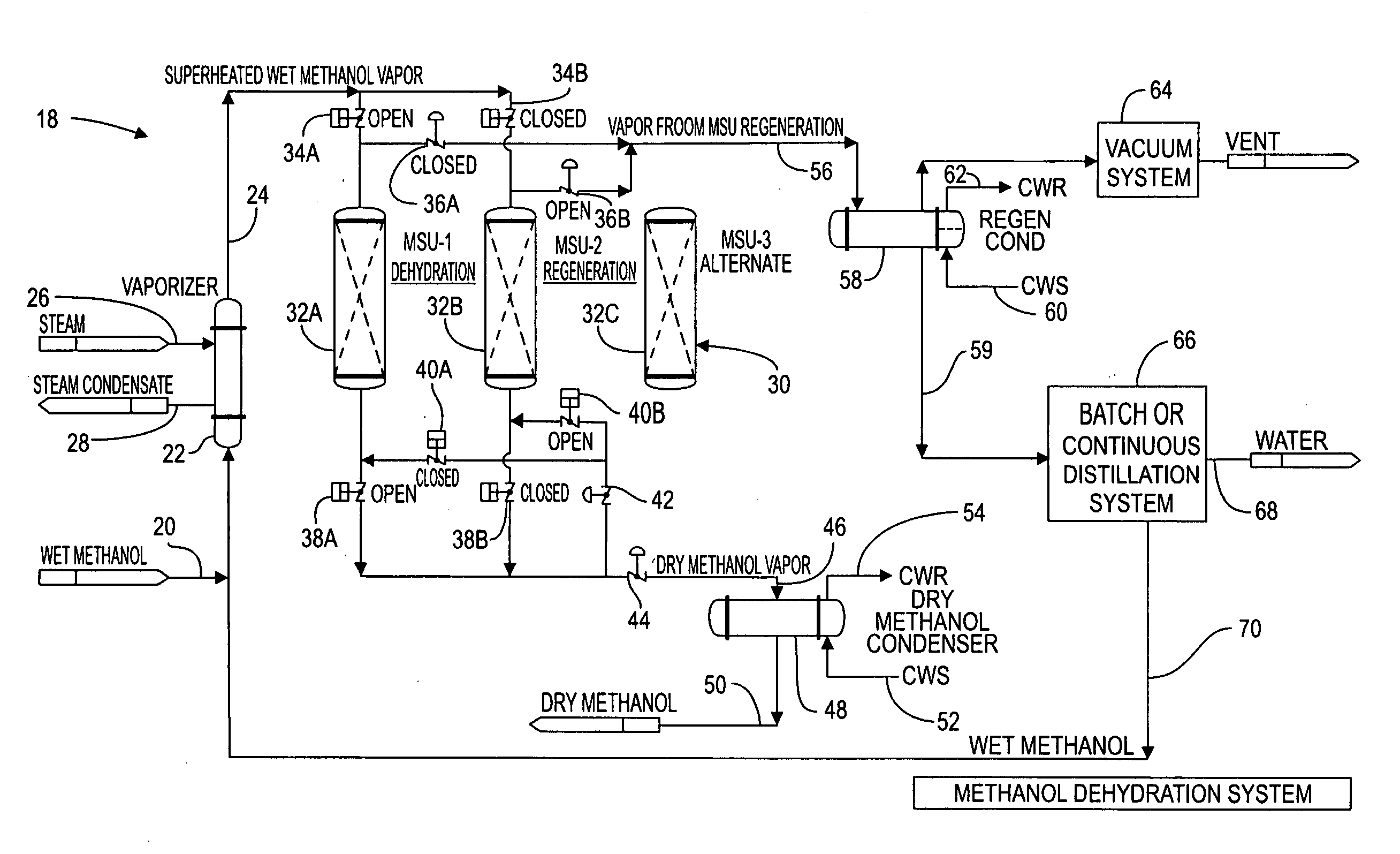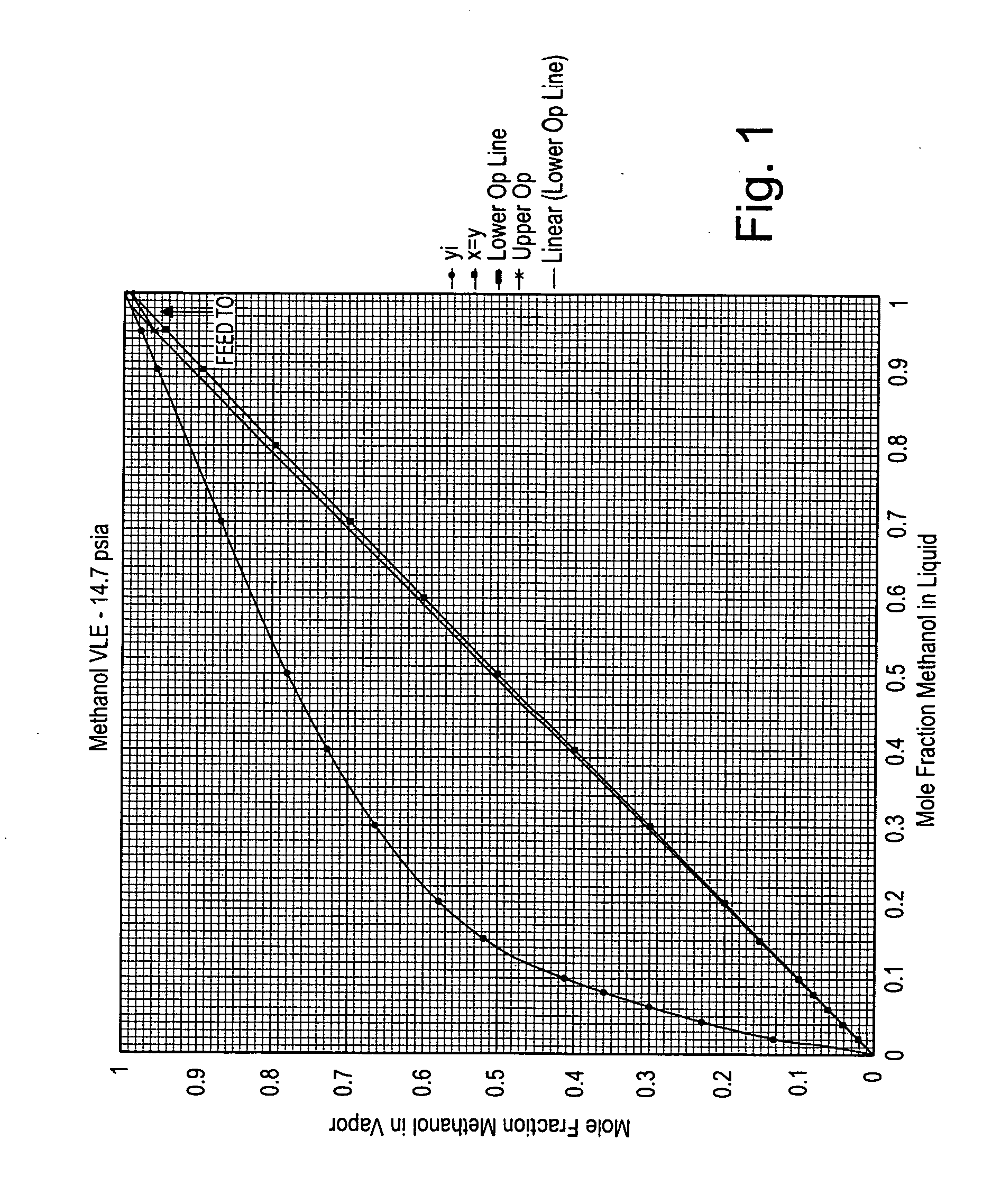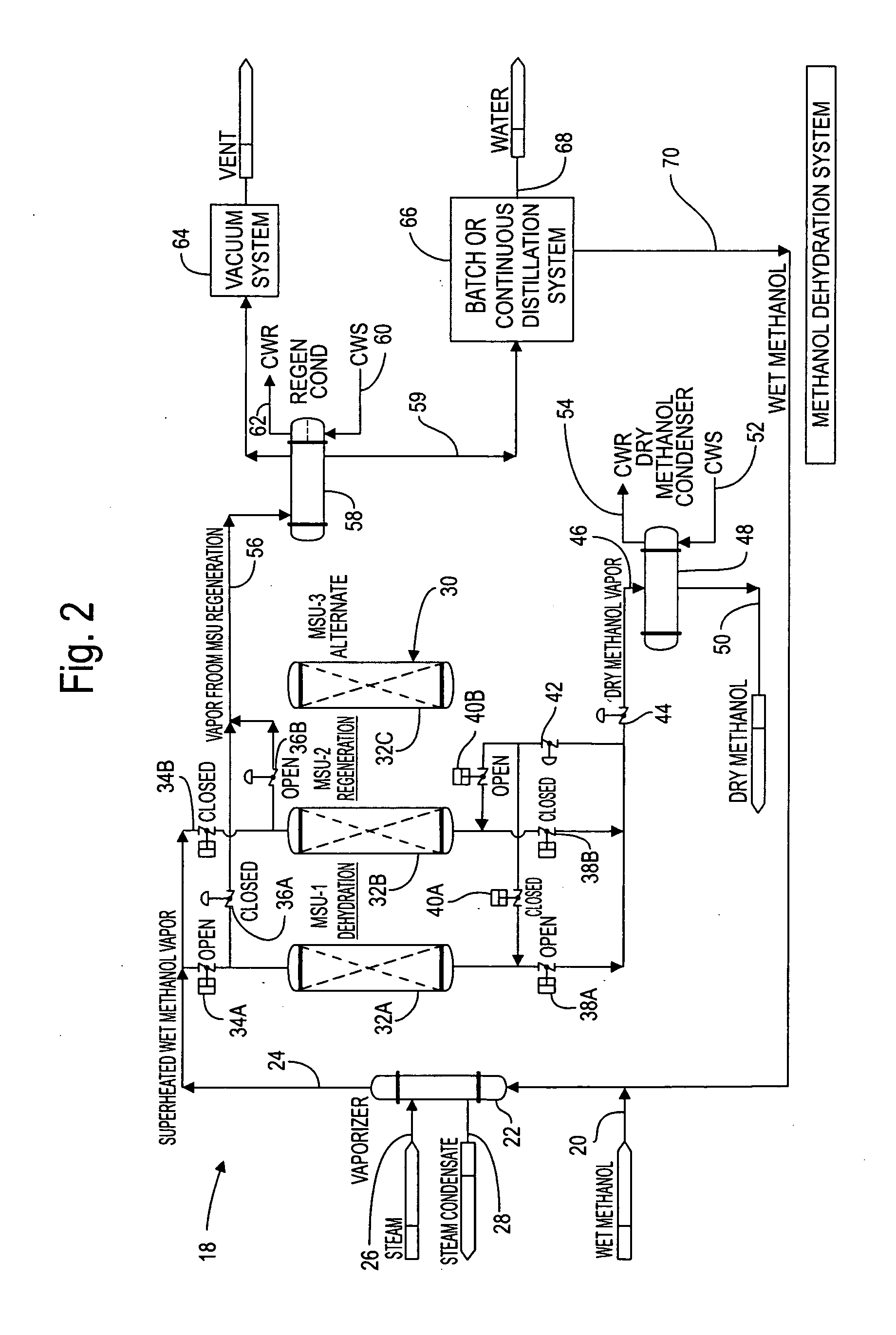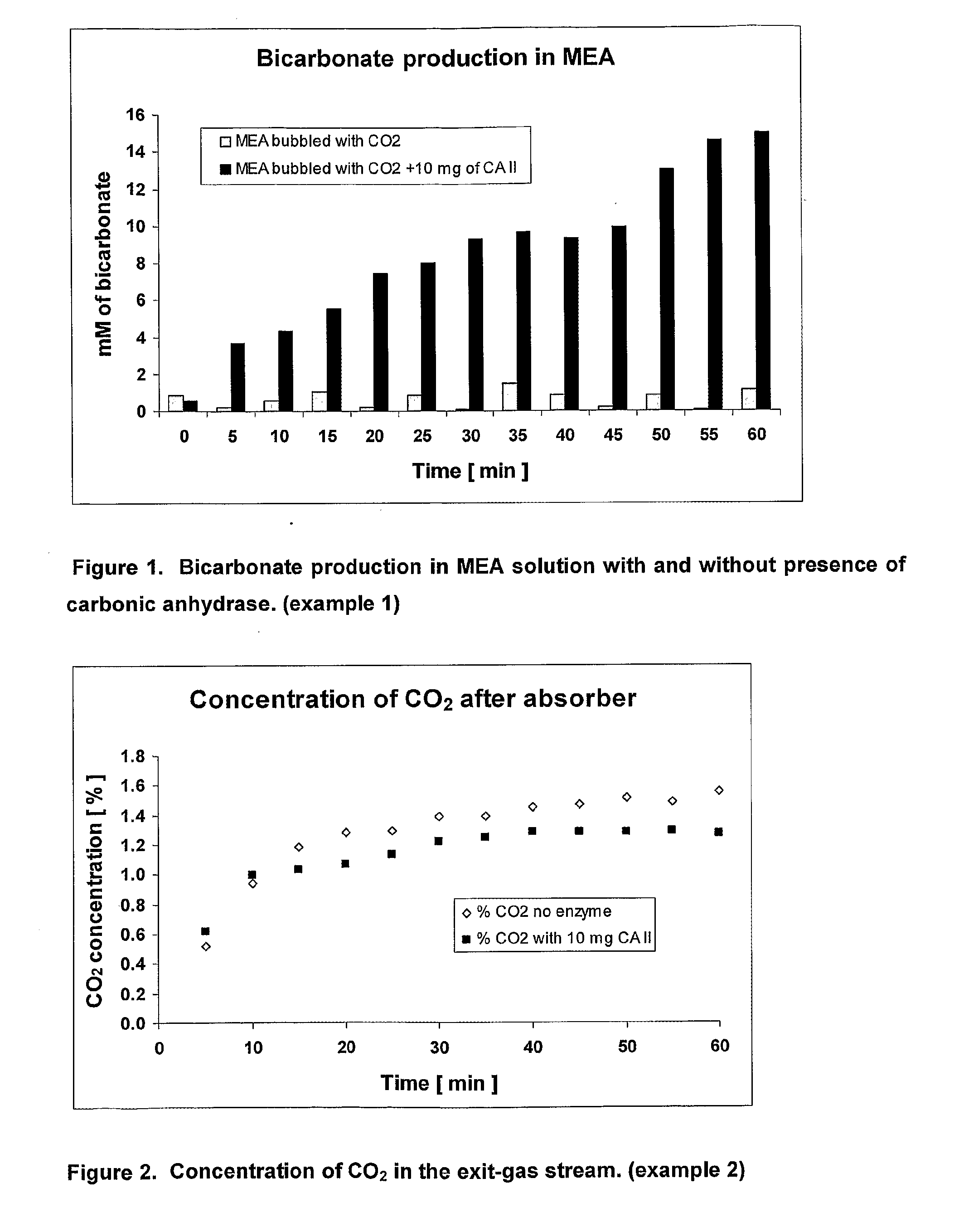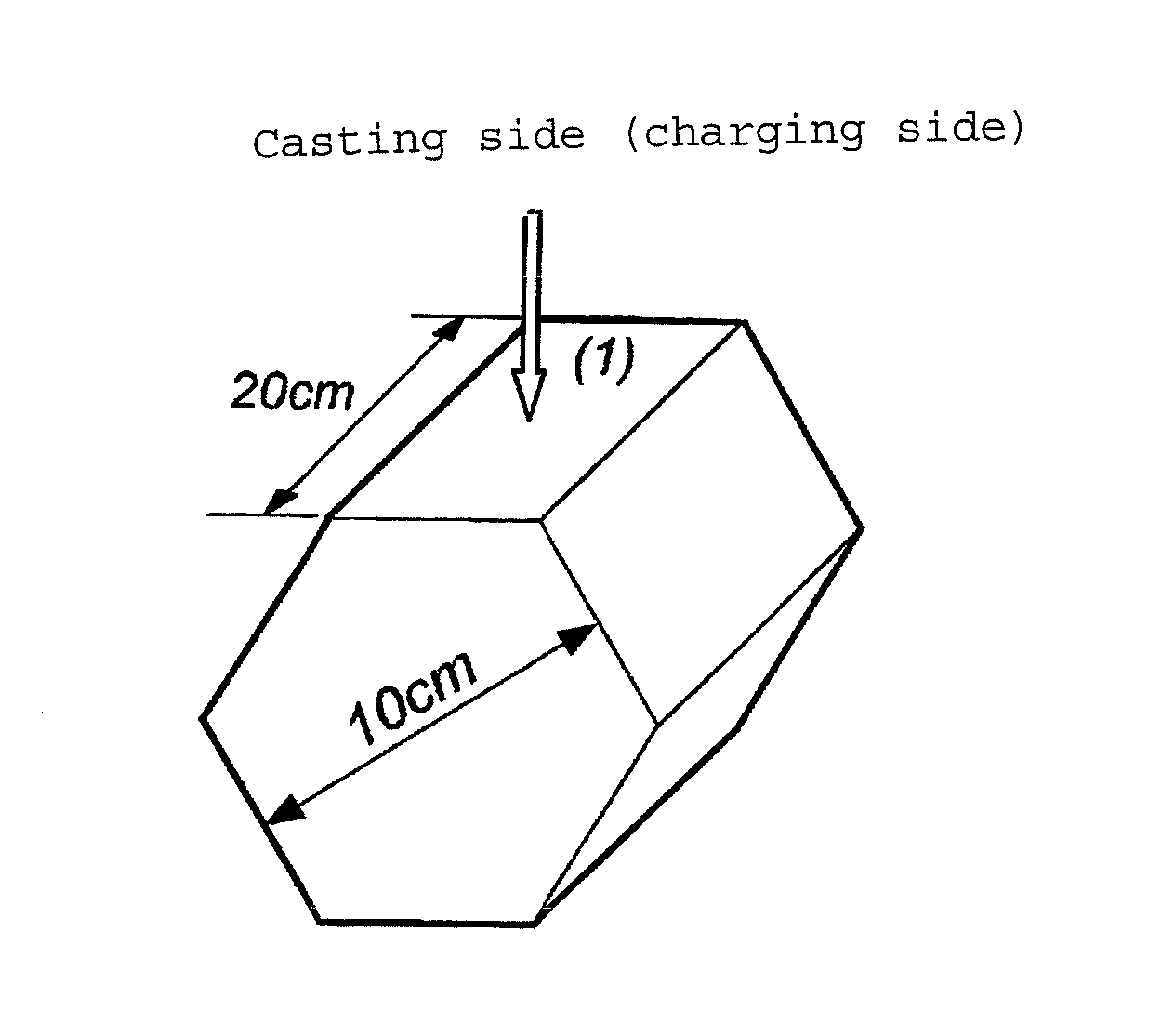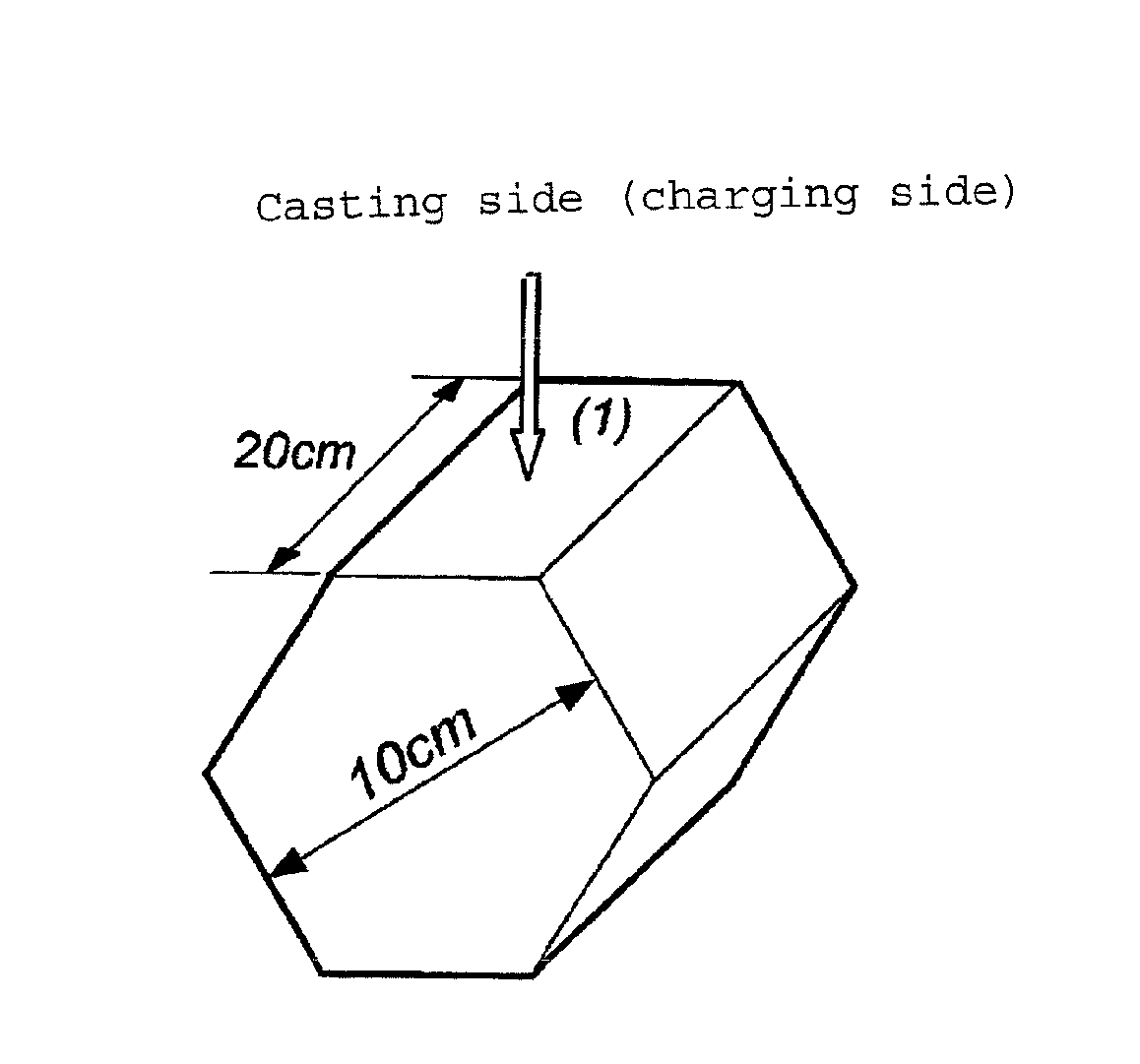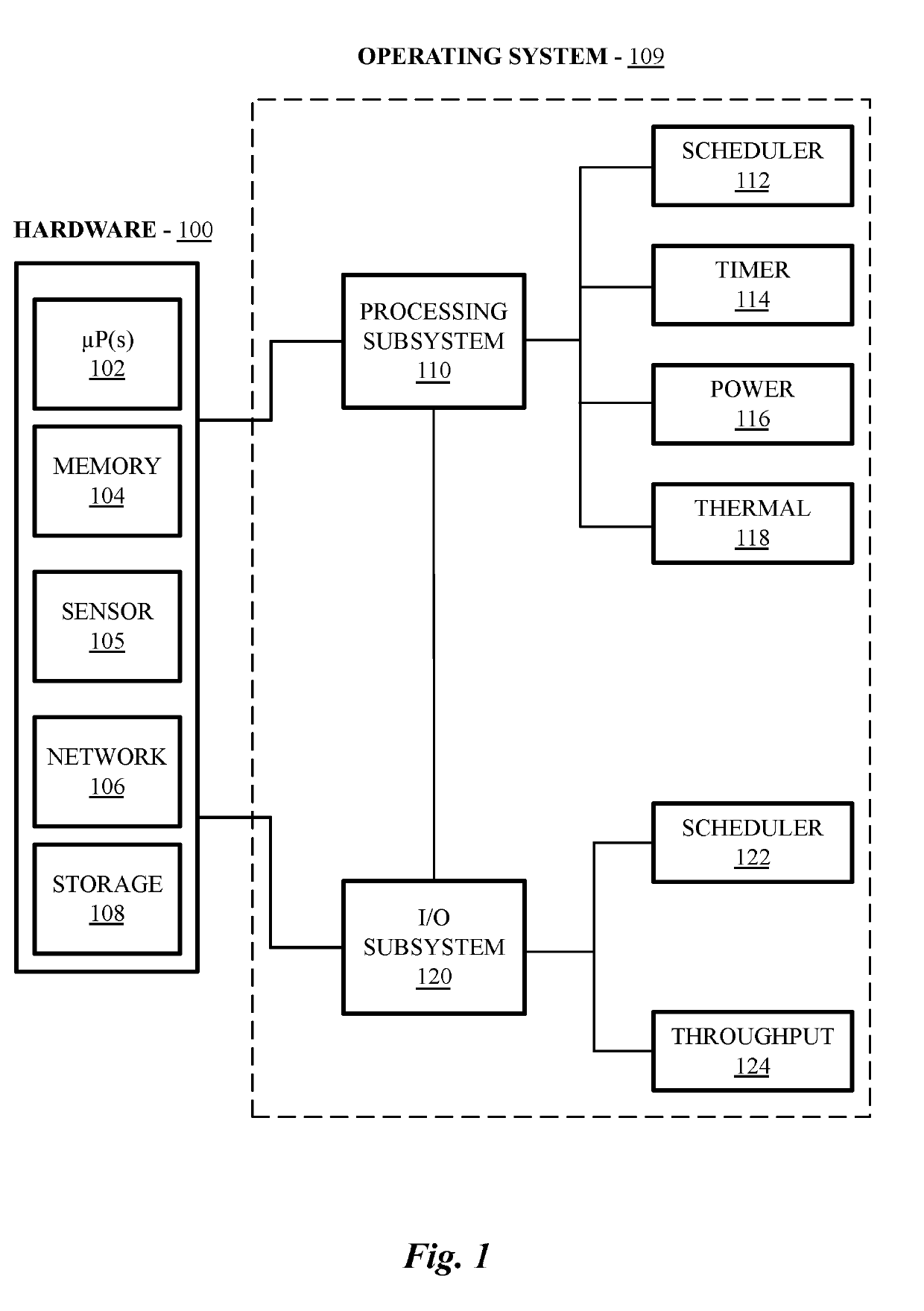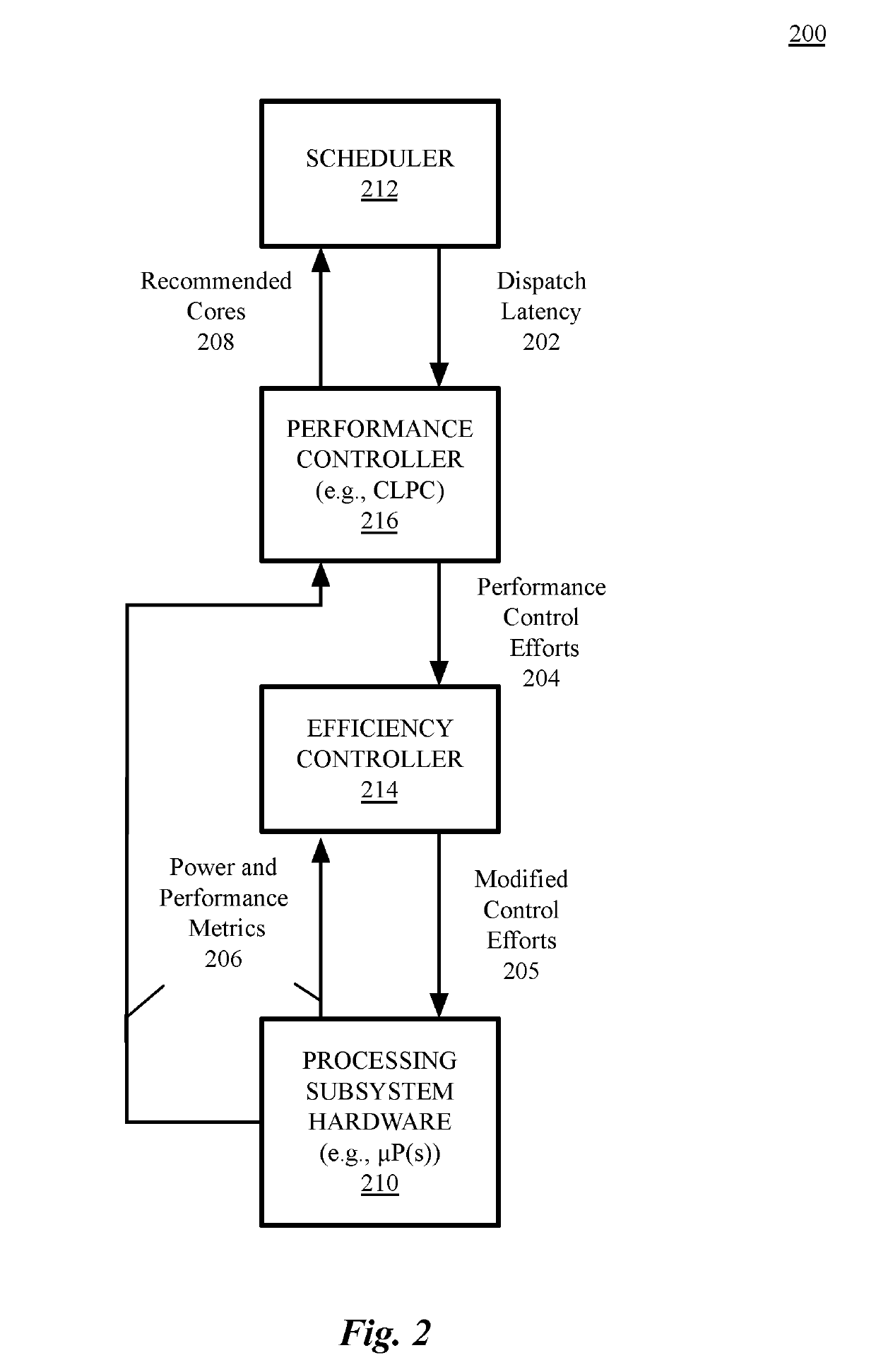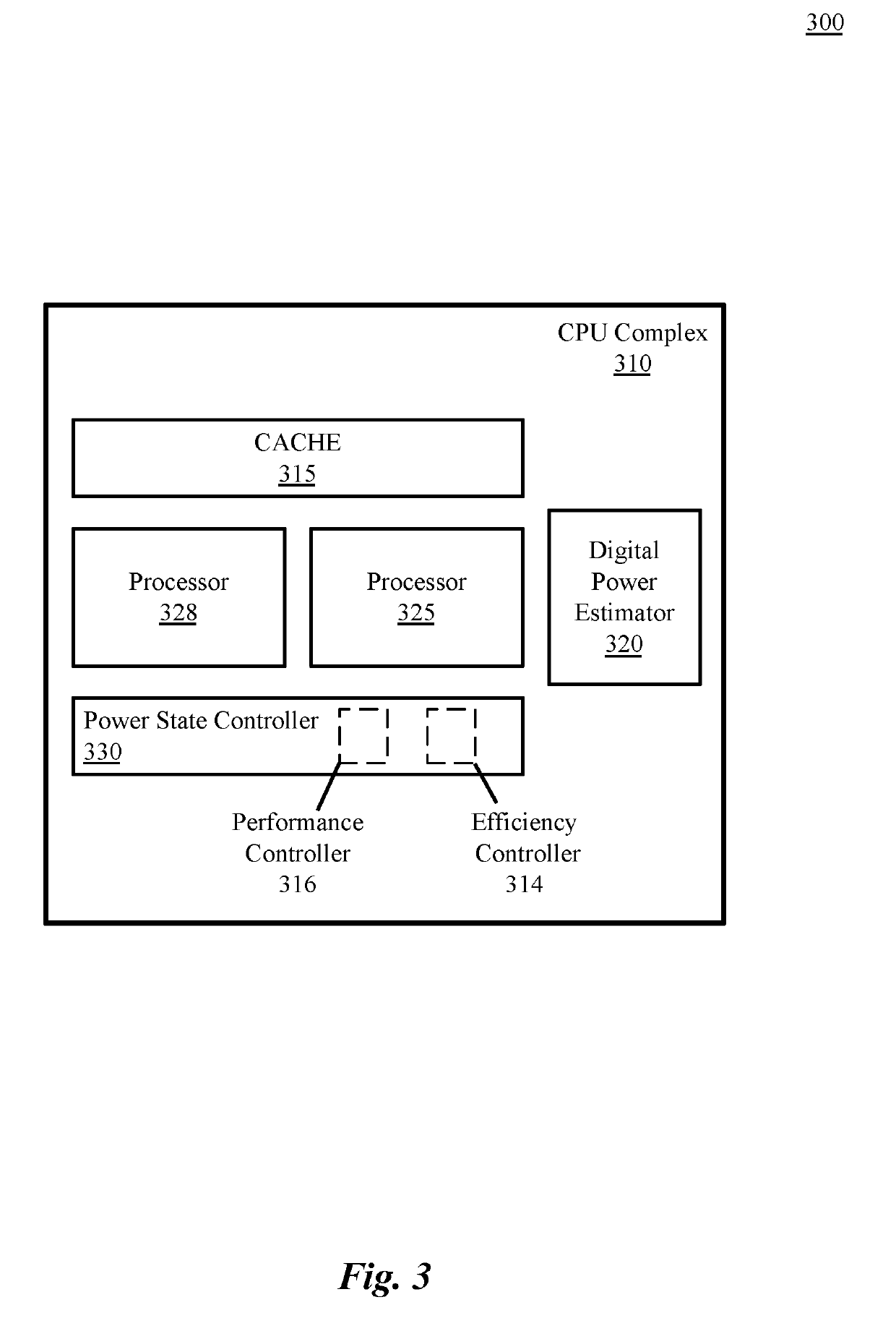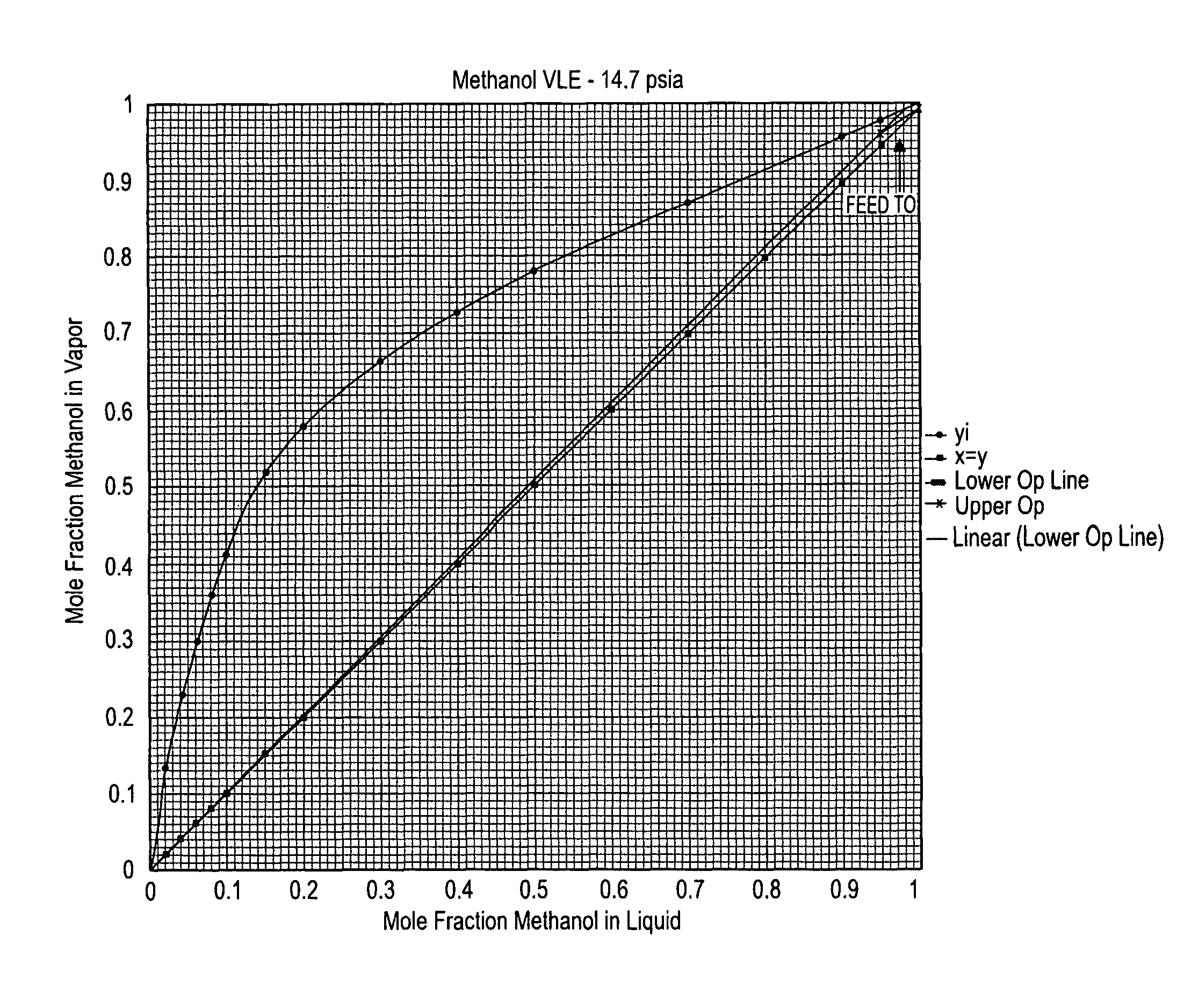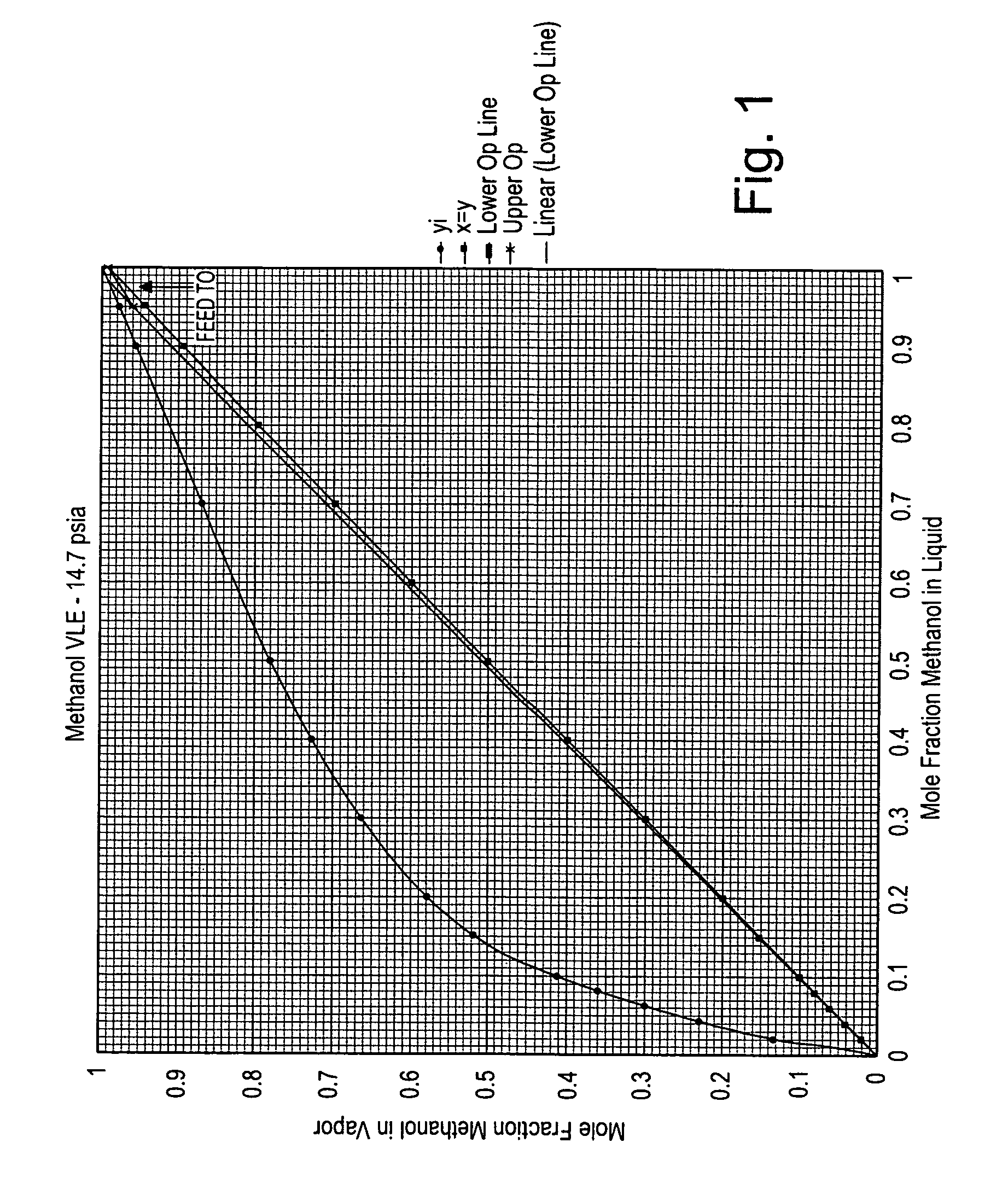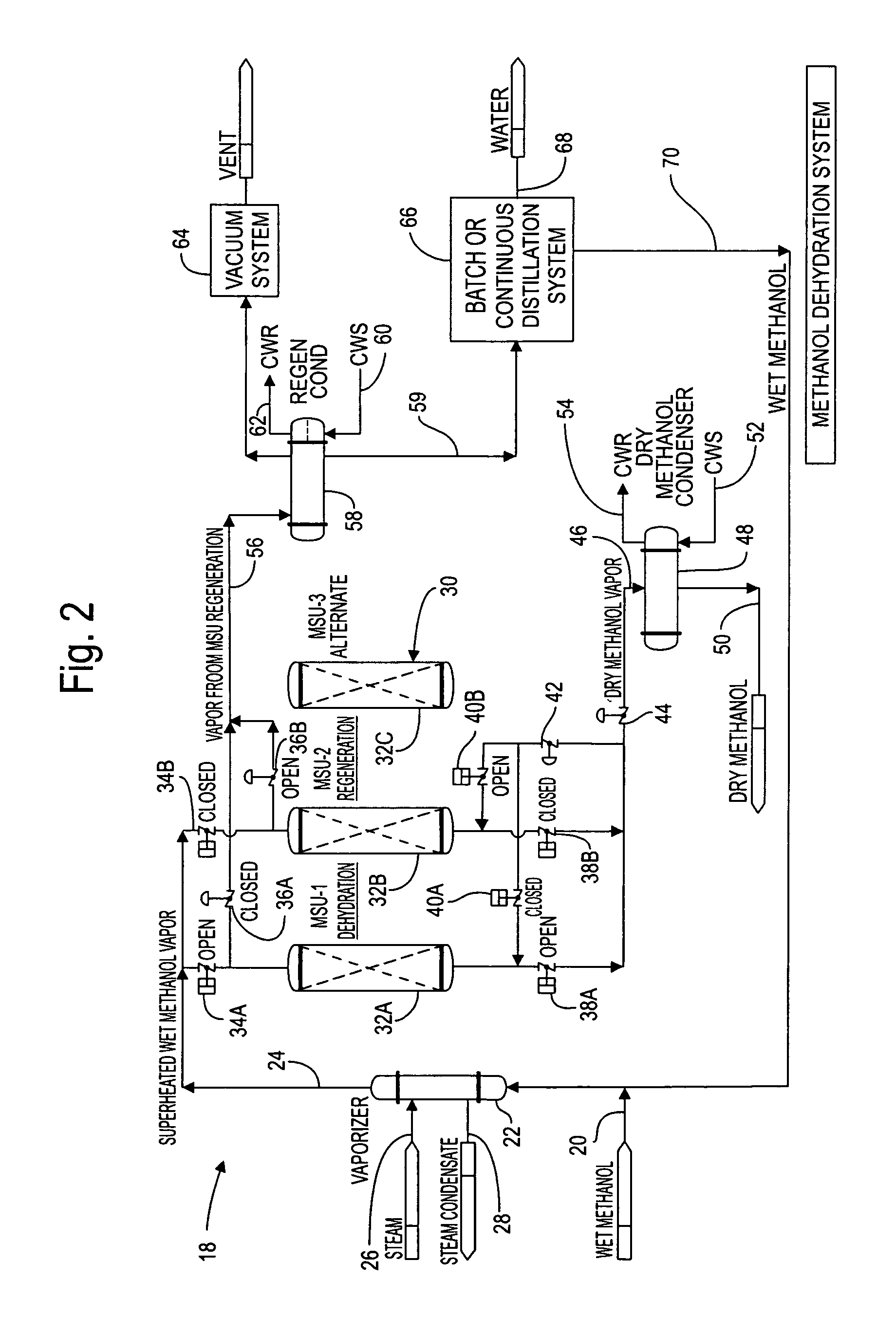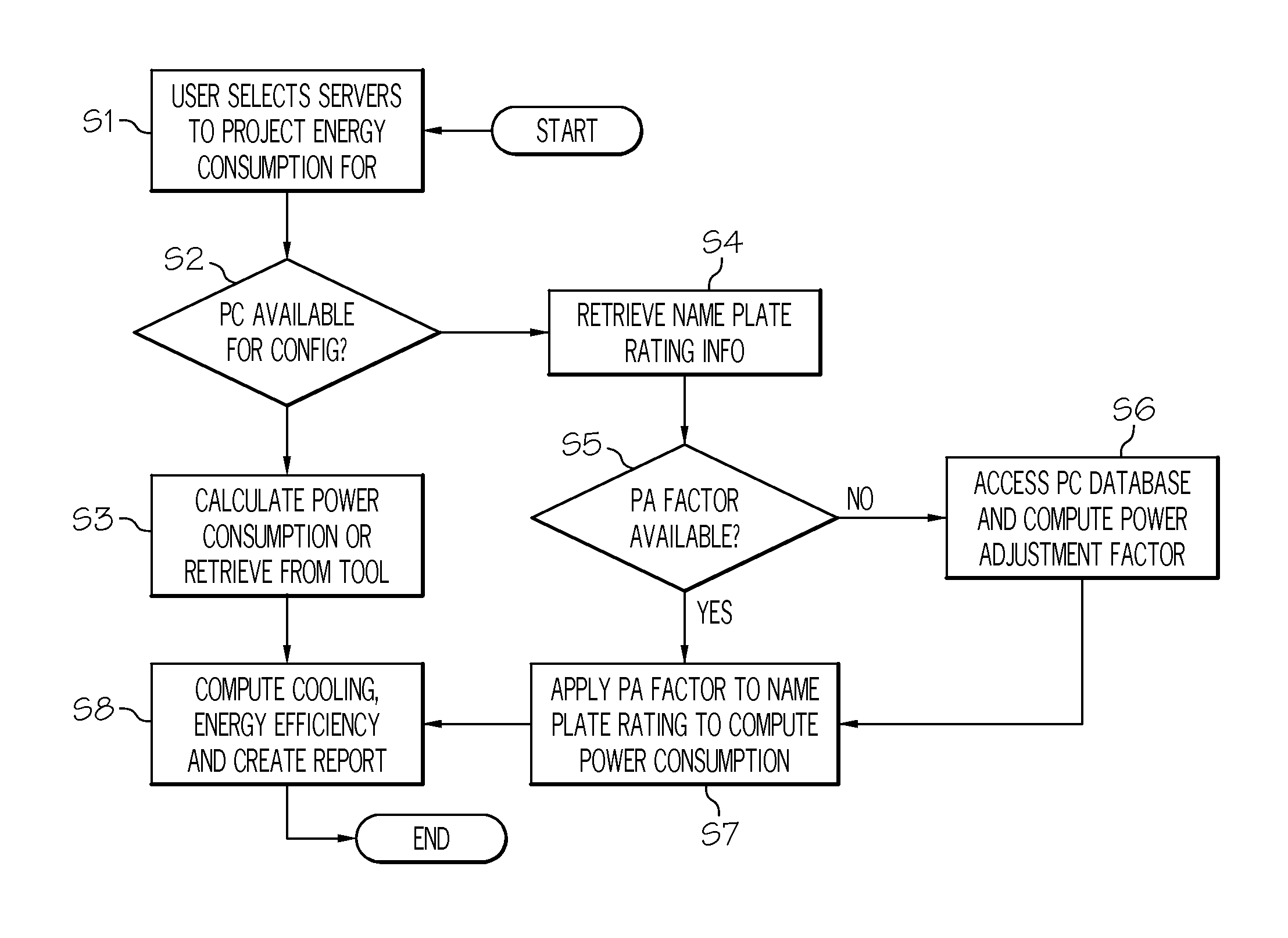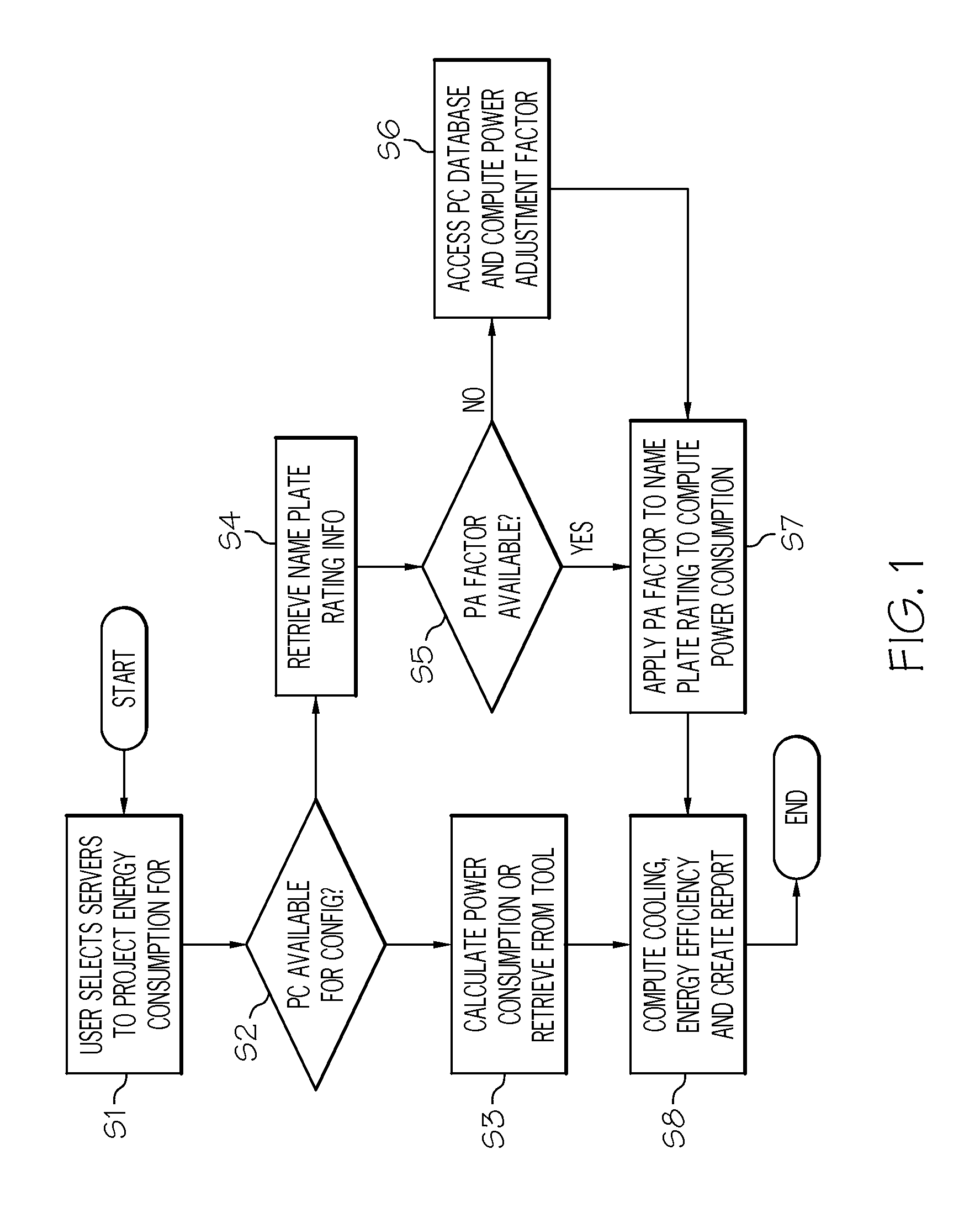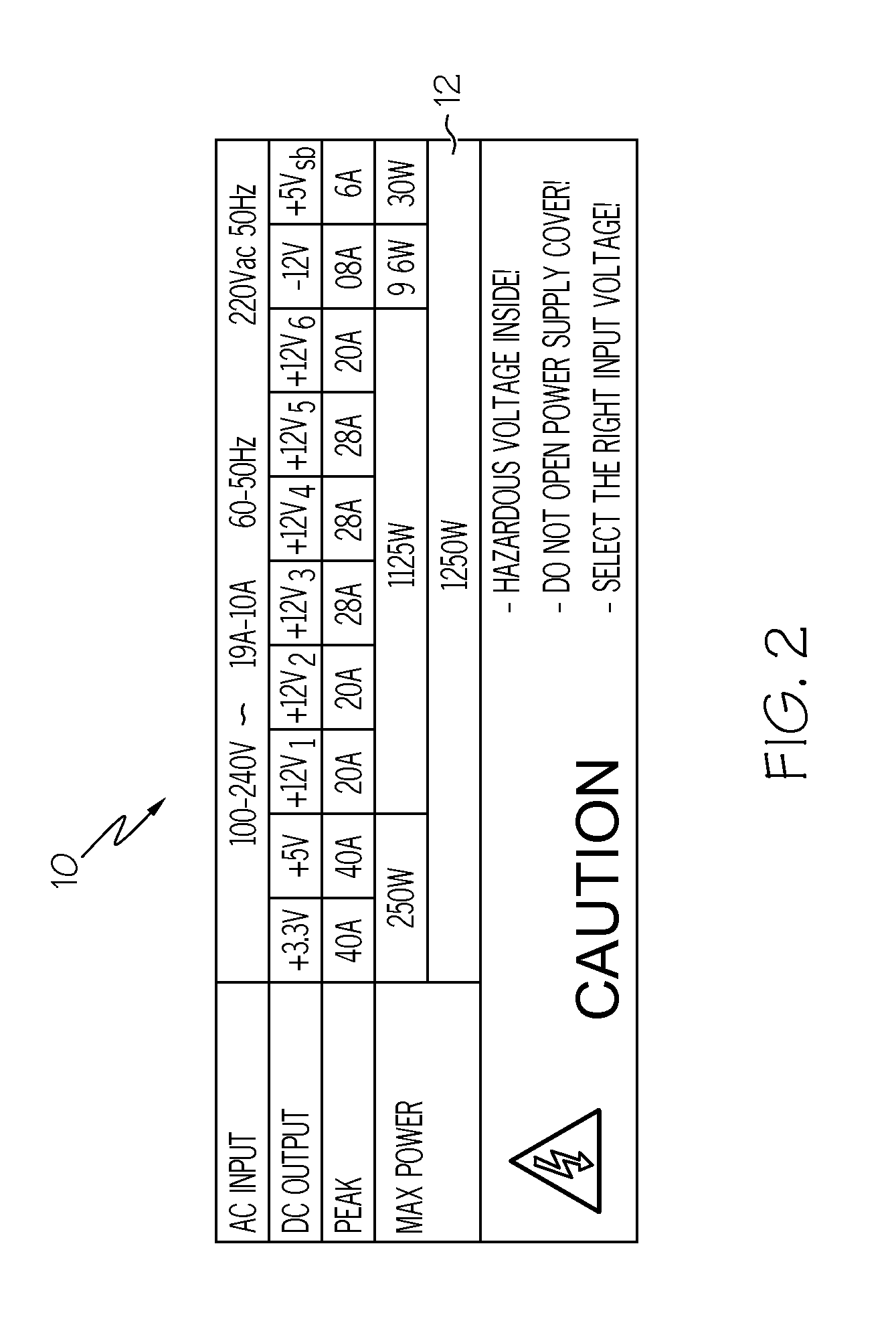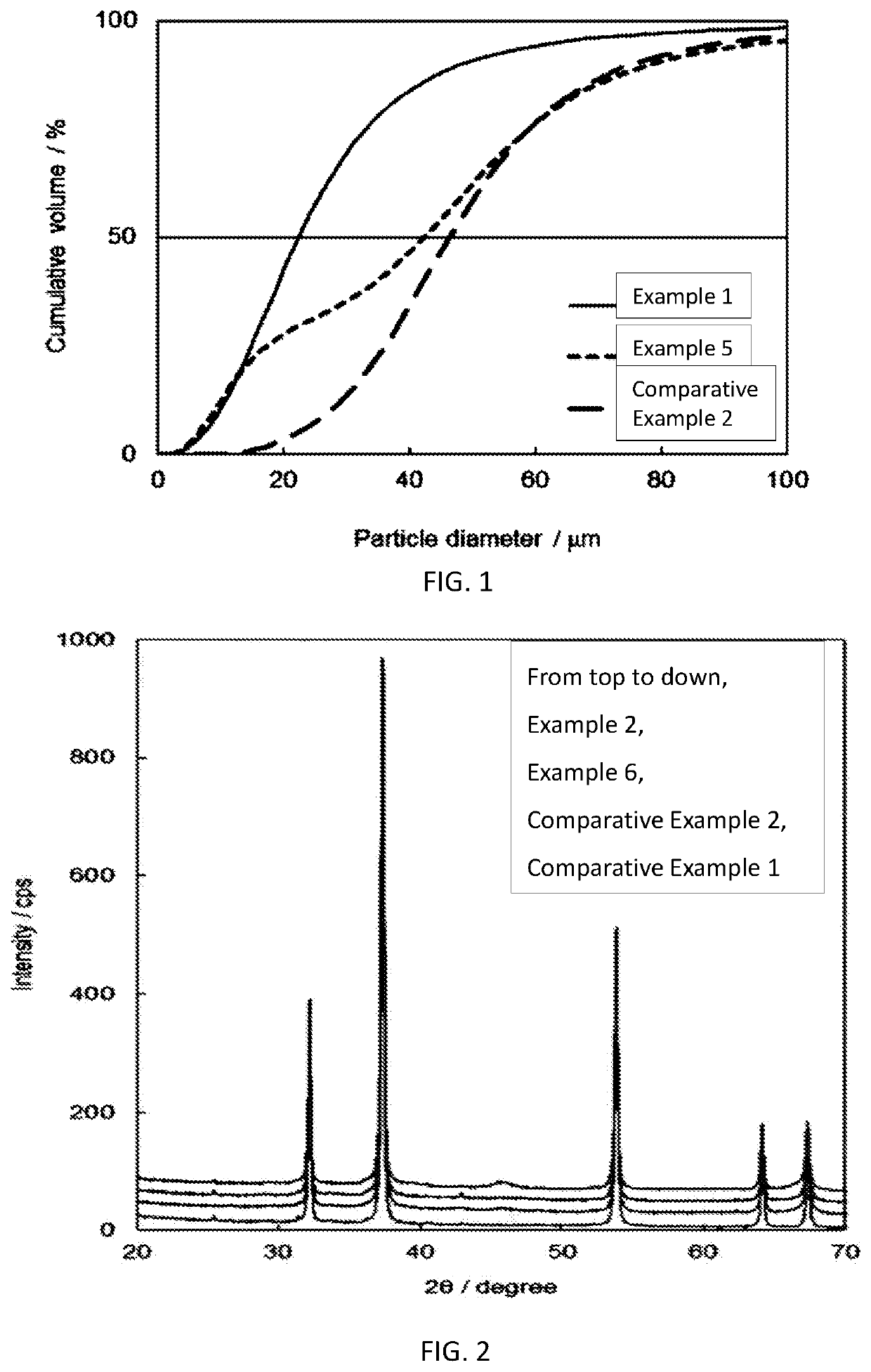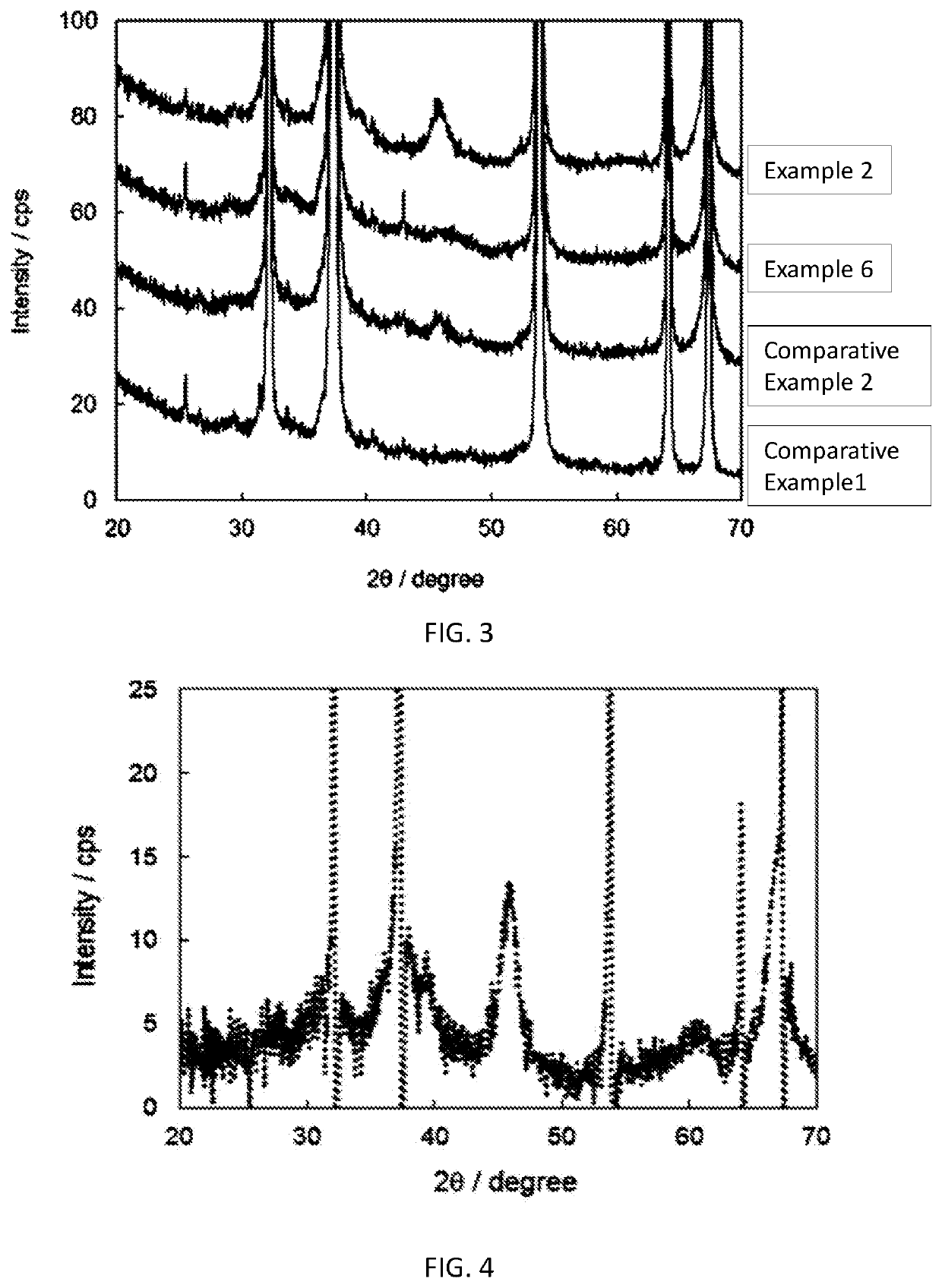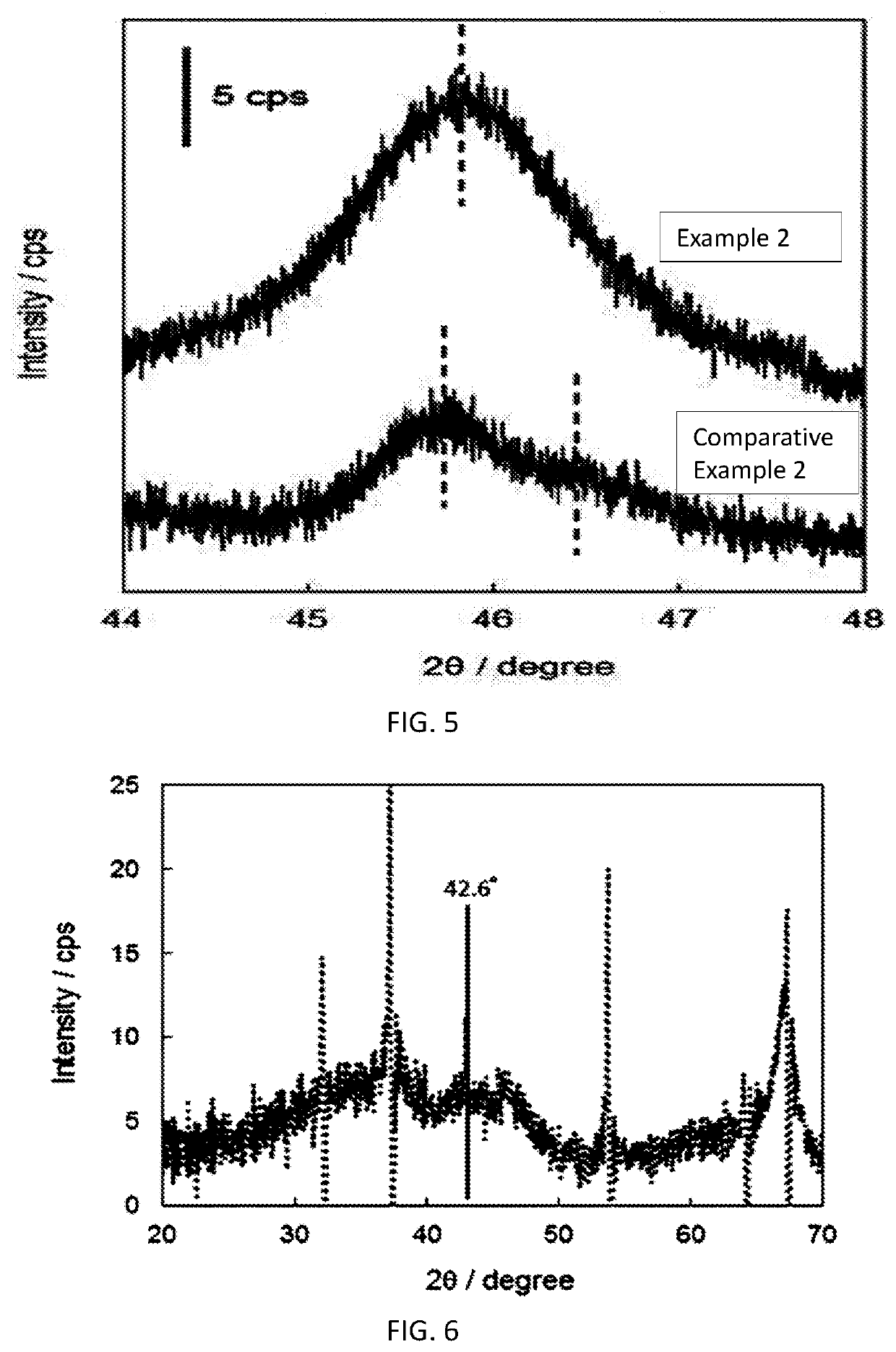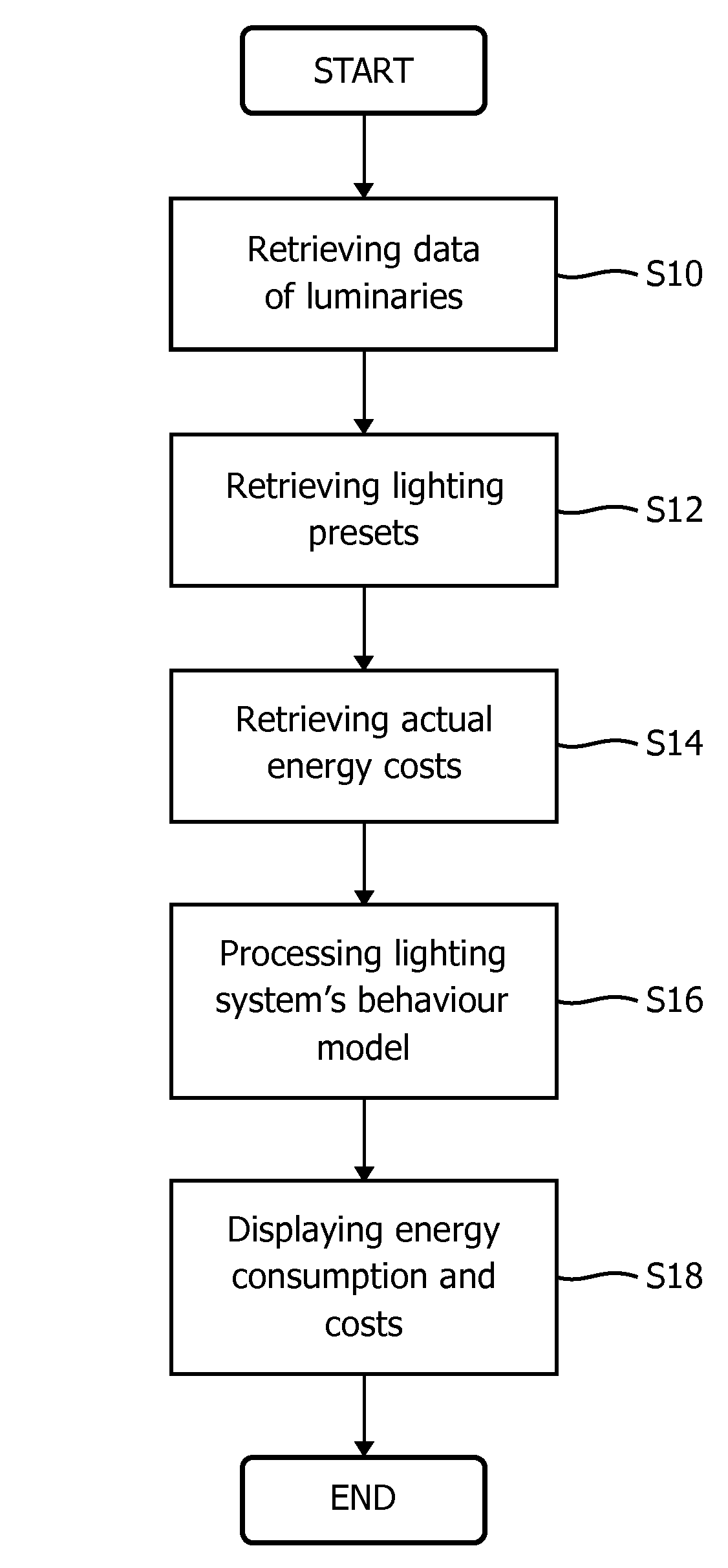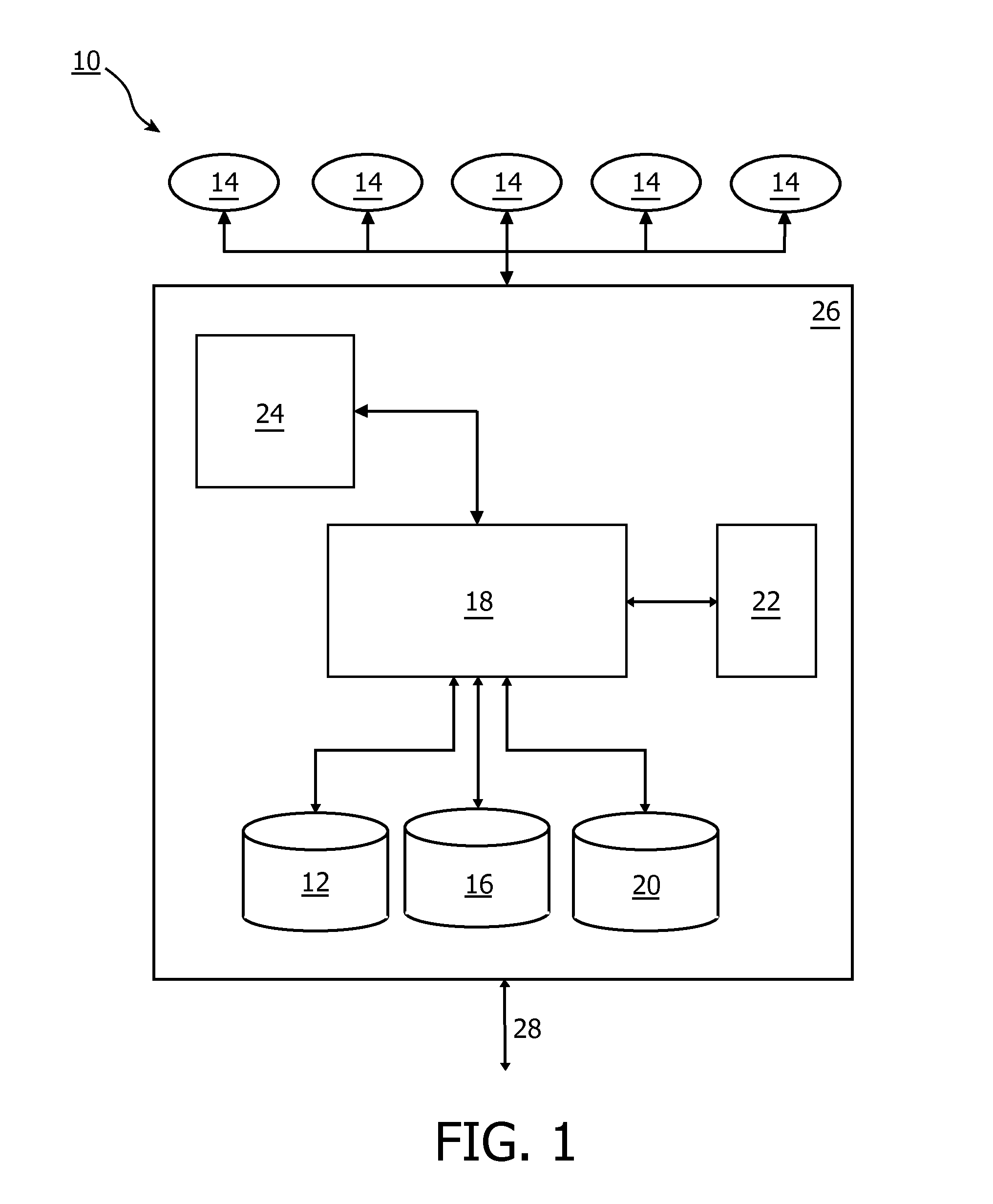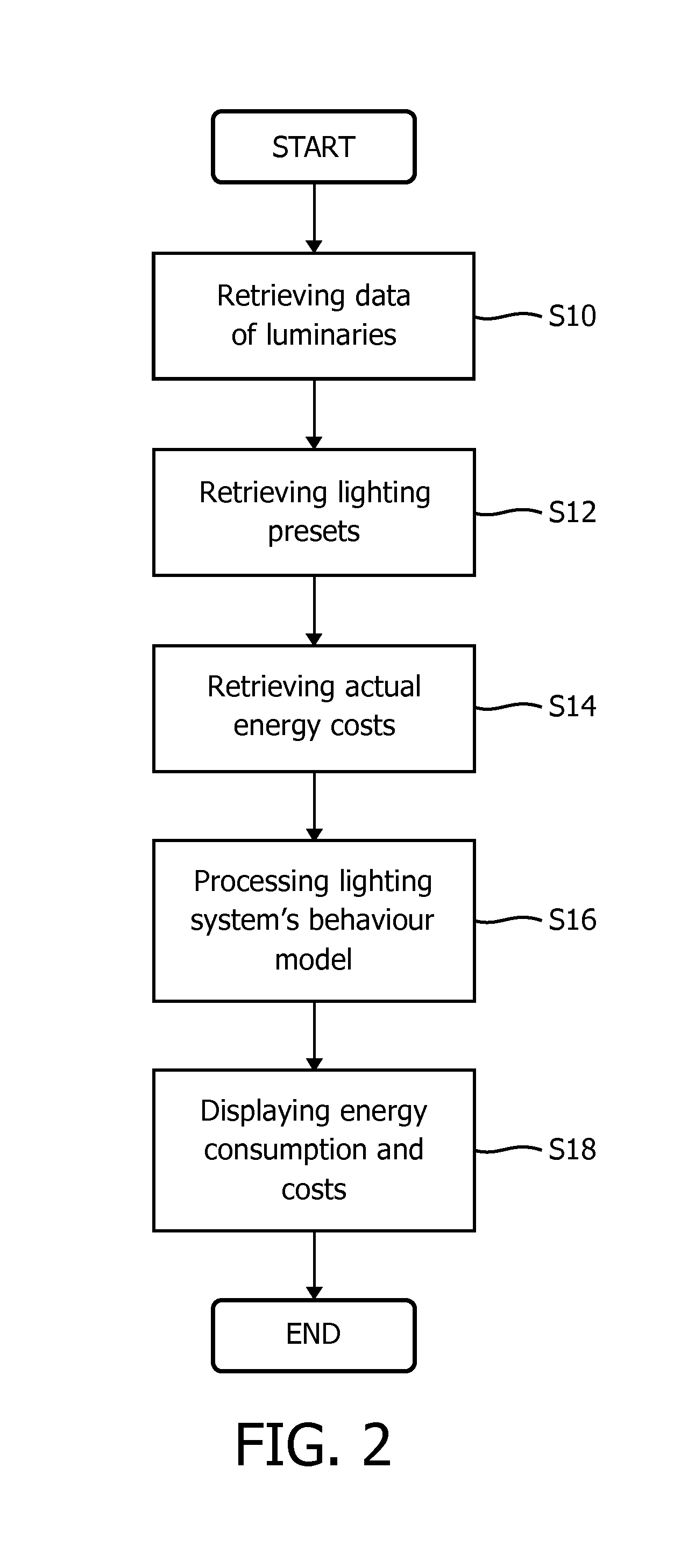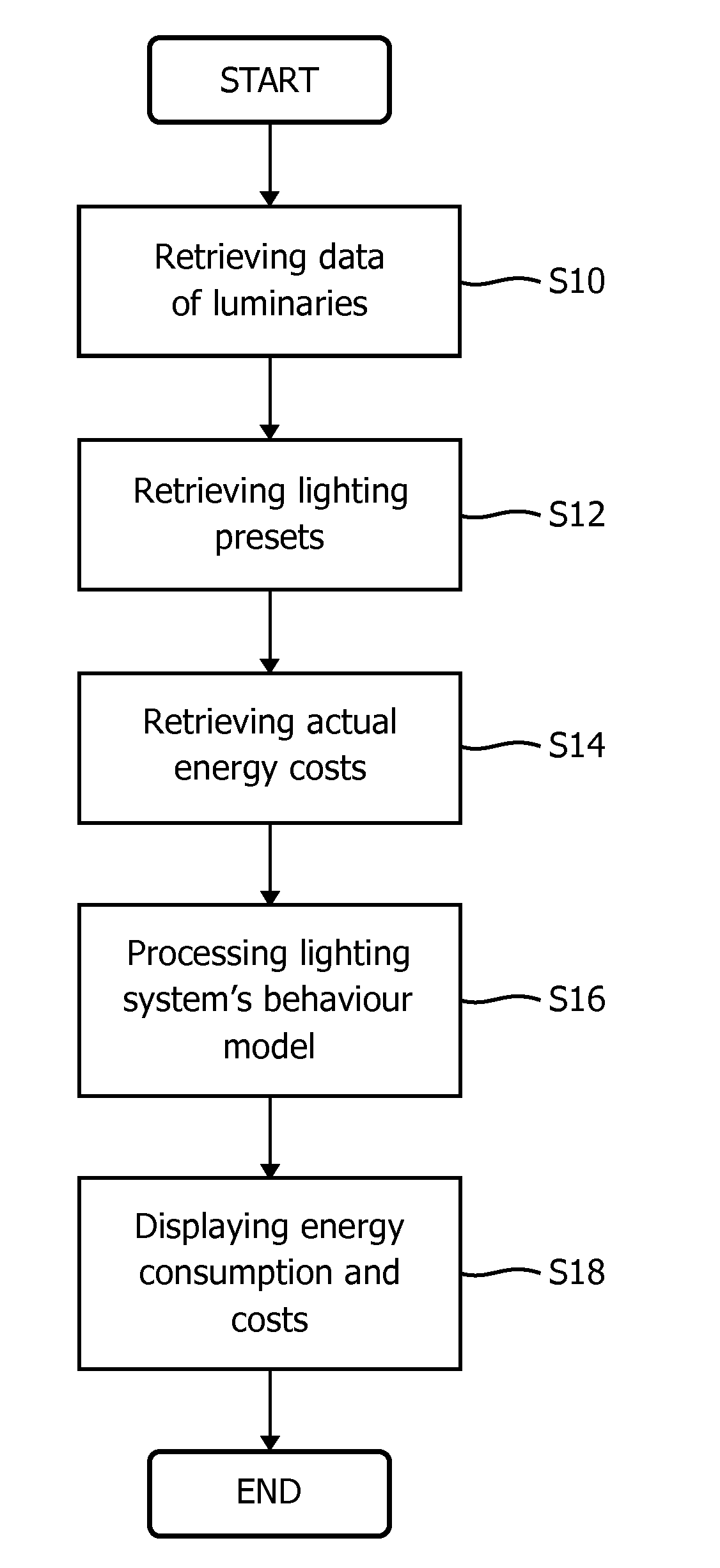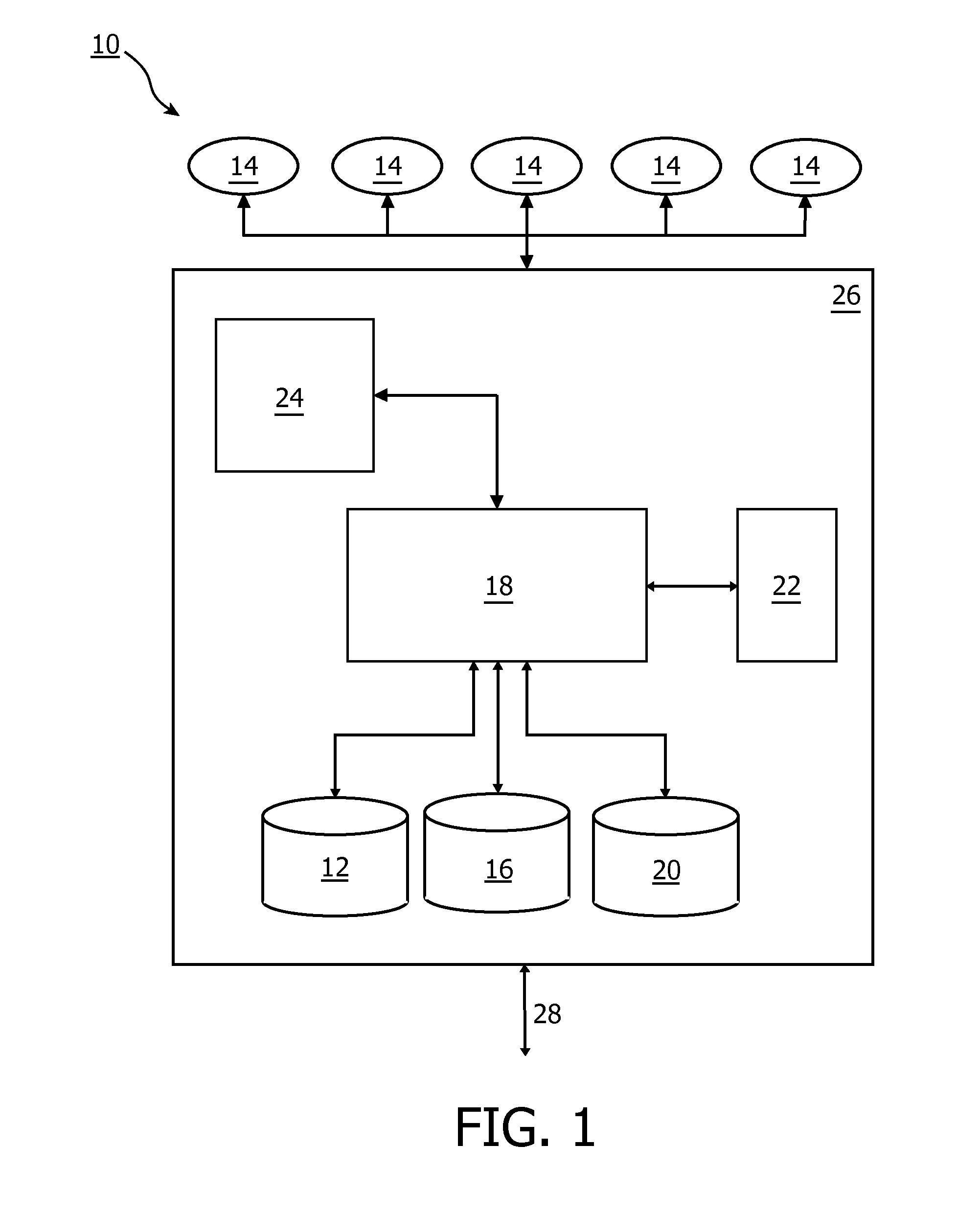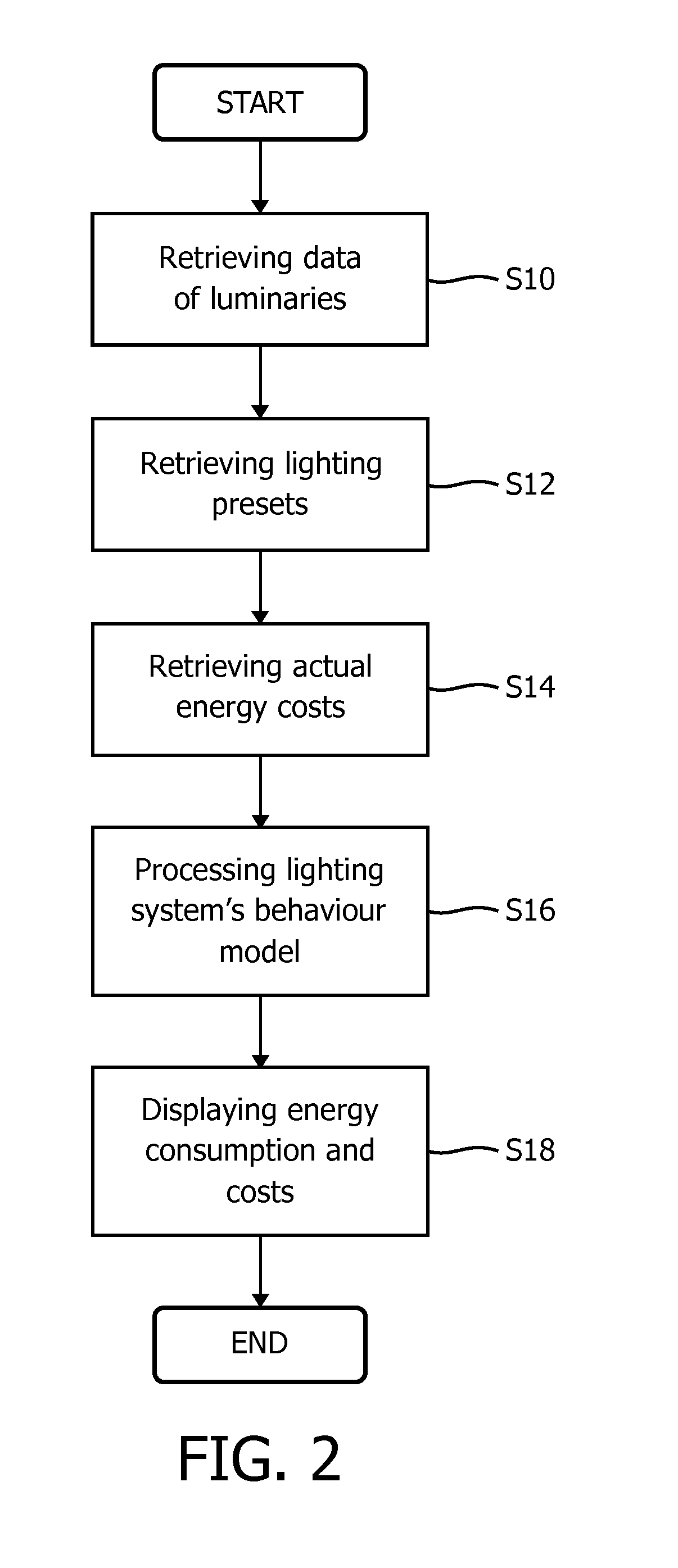Patents
Literature
31results about How to "Energy cost" patented technology
Efficacy Topic
Property
Owner
Technical Advancement
Application Domain
Technology Topic
Technology Field Word
Patent Country/Region
Patent Type
Patent Status
Application Year
Inventor
Optimization of microgrid energy use and distribution
ActiveUS20100179704A1Optimize energy distributionOptimize energy useBatteries circuit arrangementsLevel controlPersonalizationMicrogrid
An energy distribution may include a server and one or more databases. The system may communicate with an energy provider to receive energy provider data, at least one information collector to receive information collector data such as individualized energy usage data, customer preferences, and customer or location characteristics, and the one or more databases for receiving data for optimization. The system may calculate a cost of service or avoided cost using at least one of the individualized energy usage data and a system generation cost at a nearest bus. The system may also forecast individualized demand by end-use, individualized demand by location, energy prices, or energy costs. The system may optimize energy distribution, energy use, cost of service, or avoided cost using the forecasted individualized demand by end-use, the forecasted individualized demand by location, the forecasted energy prices, and the forecasted energy costs.
Owner:INTEGRAL ANALYTICS
Optimization of microgrid energy use and distribution
InactiveUS20110231028A1Optimize energy distributionOptimize energy useLevel controlLoad forecast in ac networkPersonalizationMicrogrid
Systems and methods for energy optimization may receive receiving energy provider data, near-real time individualized energy usage data for each of a plurality of end-uses or near-real time individualized whole premise energy usage data, customer preferences, and near-real time and forecasted weather information. The systems and methods may forecast, for a selected time period, individualized energy usage for each of the plurality of end-uses or individualized whole premise energy usage data for a customer location using: (1) the energy provider data, (2) the near-real time individualized energy usage data, (3) the customer preferences, and (4) the near-real time and forecasted weather information. The systems and methods may optimize, for the selected time period, energy usage at the customer location using (1) the individualized energy usage, (2) the energy provider data, and (3) the customer preferences.
Owner:INTEGRAL ANALYTICS
Wireless power charging timing and charging control
ActiveUS20100213895A1Control moreReduce energy costsElectromagnetic wave systemMobile unit charging stationsEnergy rateTime schedule
Exemplary embodiments are directed to timing and control of wireless power transfer. A wireless power charging device includes at least one transmitter and a processor in communication with the at least one transmitter. The transmitter is configured for transmitting wireless power to one or more electronic devices, and the processor is configured to deactivate the transmitter during a pre-determined time interval. The charging device may include charging modes that a user may select between from an interface of the charging device. Charging modes may be related to times of operation such as those based on a user schedule, based on energy rates, or with modes programmed by a user. A charging schedule may be created by a user through the interface of the charging device or from an external device in communication with the charging device.
Owner:QUALCOMM INC
Optimization of microgrid energy use and distribution
ActiveUS20110035073A1Low costCostBatteries circuit arrangementsLevel controlPersonalizationMicrogrid
Owner:INTEGRAL ANALYTICS
Optimization of microgrid energy use and distribution
Systems and methods for energy optimization may receive receiving energy provider data, near-real time individualized energy usage data for each of a plurality of end-uses or near-real time individualized whole premise energy usage data, customer preferences, and near-real time and forecasted weather information. The systems and methods may forecast, for a selected time period, individualized energy usage for each of the plurality of end-uses or individualized whole premise energy usage data for a customer location using: (1) the energy provider data, (2) the near-real time individualized energy usage data, (3) the customer preferences, and (4) the near-real time and forecasted weather information. The systems and methods may optimize, for the selected time period, energy usage at the customer location using (1) the individualized energy usage, (2) the energy provider data, and (3) the customer preferences.
Owner:INTEGRAL ANALYTICS
Power consumption projection
ActiveUS20110106326A1Effective estimateEnergy costMechanical power/torque controlLevel controlLower limitDecision maker
The present invention provides a way to more effectively estimate energy usage by devices such as servers, including traditional mainframes as well as other enterprise systems. One core idea surrounds the fact that when detailed power consumption information is unavailable for a specific configuration, power consumption is computed / projected / estimated by de-rating the maximum power rating by a power adjustment factor that would more closely project the true power consumption. Under this approach, the power consumption is then provided as a range specifying probable expected lower and upper limits for a given device. This range is more meaningful for planning and decision-making and shows the client a more likely best and worst case energy consumption scenario for their specific device(s), and hence is helpful for planning or server comparison decisions. Cooling, energy costs, energy efficiency, and energy expanded per MIPS are also projected and given as a range instead of a single number. This gives the IT decision maker more accurate information upon which to base IT decision-making.
Owner:KYNDRYL INC
Systems, Methods and Apparatuses for Direct Embossment of a Polymer Melt Sheet
InactiveUS20120135191A1Increased energy costLarge space and footprint requirementLayered productsConfectioneryTemperature controlSingle stage
A continuous single-stage embossing station comprised of two (2) temperature controlled engraved rollers which is located immediately after the extrusion die in the manufacturing process for multi-layer laminated glass panels and allows for dual simultaneous embossment of both sides of a polymer melt sheet and produces a polymer interlayer sheet with increased permanence, embossed retention values and decreased incidence of mottle and stack sticking peel force values. Also disclosed herein is an embossed polymer interlayer sheet with a first side, a second side and an embossed surface on at least one of the sides, with a surface roughness Rz of 10 to 90 microns on the embossed surface, a permanence of greater than 95% when tested at 100° C. for five (5) minutes and an embossed surface retention of greater than 70% when tested at 140 ° C. for five (5) minutes.
Owner:SOLUTIA INC
Systems, Program Product, and Methods For Synthesizing Heat Exchanger Networks That Account For Future Higher Levels of Disturbances and Uncertainty, and Identifying Optimal Topology For Future Retrofit
ActiveUS20110054715A1Improve automationImprovement in energy efficiency optimizationLevel controlTemperatue controlOperation modeEnergy recovery
A system, methods, and user-friendly program product to optimize energy recovery for a process or cluster of processes under all possible combinations of given process changes and stream-specific minimum temperature approach values without enumeration, are provided. The systems, methods, and program product can include steps / operations to identify a set of common-structure heat exchanger network designs which allow for construction of a physically exchanger network easily retrofittable to accommodate time-dependent new operating modes, disturbances, and uncertainty schemes.
Owner:SAUDI ARABIAN OIL CO
Systems, Program Product, and Methods For Synthesizing Heat Exchanger Networks That Exhibit Life-Cycle Switchability and Flexibility Under All Possible Combinations of Process Variations
ActiveUS20110046997A1Improve automationImprovement in energy efficiency optimizationLevel controlTemperatue controlEnergy recoveryProcess engineering
A system, methods, and user-friendly program product to optimize energy recovery for a process or cluster of processes under all possible combinations of given process changes and stream-specific minimum temperature approach values without enumeration, are provided. The systems, methods, and program product can include steps / operations to synthesize multiple heat exchanger network designs according to different process variations schemes, analyze the impact of process variations on each heat exchanger network, and identify which design provides a more optimal heat exchanger network design and which process variation scheme represents a more optimal flexibility index.
Owner:SAUDI ARABIAN OIL CO
Systems, Program Product, and Methods For Targeting Optimal Process Conditions That Render An Optimal Heat Exchanger Network Design Under Varying Conditions
ActiveUS20110046998A1Improve automationImprovement in energy efficiency optimizationAir-treating devicesComputer controlProcess engineeringEngineering
A system, methods, and user-friendly program product to optimize energy recovery for a process or cluster of processes under all possible combinations of given process changes and stream-specific minimum temperature approach values without enumeration, are provided. The systems, methods, and program product can include steps / operations to identify an optimal set of discrete target temperature values for the process streams for a given heat exchanger network design, to identify which target temperature values of the various process streams have the most significant economic impact on the process or cluster of processes, and to identify process stream supply attribute ranges of variations, e.g., in the form of a criticality list for the plurality of process streams, e.g., resulting from disturbances and / or uncertainty, which have a highly significant or otherwise critical effect on streams target temperature.
Owner:SAUDI ARABIAN OIL CO
Systems, program product, and methods for synthesizing heat exchanger networks that exhibit life-cycle switchability and flexibility under all possible combinations of process variations
ActiveUS8116918B2Keep full controlReduce the numberLevel controlTemperatue controlEnergy recoveryProcess engineering
A system, methods, and user-friendly program product to optimize energy recovery for a process or cluster of processes under all possible combinations of given process changes and stream-specific minimum temperature approach values without enumeration, are provided. The systems, methods, and program product can include steps / operations to synthesize multiple heat exchanger network designs according to different process variations schemes, analyze the impact of process variations on each heat exchanger network, and identify which design provides a more optimal heat exchanger network design and which process variation scheme represents a more optimal flexibility index.
Owner:SAUDI ARABIAN OIL CO
Additive composition for hydraulic composition
ActiveUS20110021668A1Good surface textureReduce retention timeInksGlycerol DerivativesPolymer science
Owner:KAO CORP
Systems, program product, and methods for synthesizing heat exchanger networks that account for future higher levels of disturbances and uncertainty, and identifying optimal topology for future retrofit
ActiveUS8311682B2Keep full controlReduce the numberLevel controlTemperatue controlEnergy recoveryOperation mode
Owner:SAUDI ARABIAN OIL CO
Protocol for an electronic device to receive a data packet from an external device
ActiveUS20160014240A1Less energySave energyPower managementTime-division multiplexComputer hardwareData stream
A protocol for transmitting data from an external device to an electronic device is provided in which the external device transmits a data stream which includes the same data packet repeated multiple times. The data packet has a predetermined length and has a header portion at a predetermined position. A receiver at the electronic device captures a block of data having the predetermined length from the transmitted data stream, and a decoder rotates the captured block of data to place the header portion at the predetermined position within the data packet. This eliminates the need for an accurate jitter-free clock reference at the electronic device. By shifting power consumption and system complexity to the external unit where power is typically not constrained, the energy efficiency of the electronic device can be increased.
Owner:RGT UNIV OF MICHIGAN
Systems, program product, and methods for targeting optimal process conditions that render an optimal heat exchanger network design under varying conditions
ActiveUS8364327B2Keep full controlReduce the numberAir-treating devicesComputer controlProcess engineeringEnergy recovery
A system, methods, and user-friendly program product to optimize energy recovery for a process or cluster of processes under all possible combinations of given process changes and stream-specific minimum temperature approach values without enumeration, are provided. The systems, methods, and program product can include steps / operations to identify an optimal set of discrete target temperature values for the process streams for a given heat exchanger network design, to identify which target temperature values of the various process streams have the most significant economic impact on the process or cluster of processes, and to identify process stream supply attribute ranges of variations, e.g., in the form of a criticality list for the plurality of process streams, e.g., resulting from disturbances and / or uncertainty, which have a highly significant or otherwise critical effect on streams target temperature.
Owner:SAUDI ARABIAN OIL CO
Process for preparing methyl mercaptan
InactiveUS8008530B2Lower synthesis costImprove usabilityThiol preparationOrganic compound preparationMethanolHydrogen sulfide
Owner:EVONIK OPERATIONS GMBH
Protocol for an electronic device to receive a data packet from an external device
ActiveUS9635147B2Increased power consumptionEasy to usePower managementEnergy efficient ICTComputer hardwareData stream
A protocol for transmitting data from an external device to an electronic device is provided in which the external device transmits a data stream which includes the same data packet repeated multiple times. The data packet has a predetermined length and has a header portion at a predetermined position. A receiver at the electronic device captures a block of data having the predetermined length from the transmitted data stream, and a decoder rotates the captured block of data to place the header portion at the predetermined position within the data packet. This eliminates the need for an accurate jitter-free clock reference at the electronic device. By shifting power consumption and system complexity to the external unit where power is typically not constrained, the energy efficiency of the electronic device can be increased.
Owner:RGT UNIV OF MICHIGAN
Systems, methods and apparatuses for direct embossment of a polymer melt sheet
InactiveUS20140346705A1Increased energy costLarge space and footprint requirementLaminationLamination apparatusTemperature controlSingle stage
A continuous single-stage embossing station comprised of two (2) temperature controlled engraved rollers which is located immediately after the extrusion die in the manufacturing process for multi-layer laminated glass panels and allows for dual simultaneous embossment of both sides of a polymer melt sheet and produces a polymer interlayer sheet with increased permanence, embossed retention values and decreased incidence of mottle and stack sticking peel force values. Also disclosed herein is an embossed polymer interlayer sheet with a first side, a second side and an embossed surface on at least one of the sides, with a surface roughness Rz of 10 to 90 microns on the embossed surface, a permanence of greater than 95% when tested at 100° C. for five (5) minutes and an embossed surface retention of greater than 70% when tested at 140° C. for five (5) minutes.
Owner:SOLUTIA INC
Method and arrangement to enhance the preheating of a fuel cell system
InactiveUS20110123886A1Increase profitLow gas consumptionFuel cell heat exchangeFused electrolyte fuel cellsAutomotive engineeringThermal energy
The disclosure relates to a system and a method for enhancing the preheating of a fuel cell system having at least one fuel cell unit whose fuel cells are provided with an anode side, a cathode side and an electrolyte provided therebetween, as well as a connecting plate set between each of the fuel cells. In operation, safety gas flowing on the anode side is heated, at least for the most part (e.g., greater than 50%), in the fuel cell unit by thermal energy contained in a gas flowing on the cathode side.
Owner:CONVION OY
Use of pressure swing absorption for water removal from a wet methanol stream
ActiveUS20120078003A1High purityEfficient recovery of excessOxygen-containing compound preparationFatty acid esterificationBiodieselAlcohol
The present invention includes a process to dry a feed steam containing alcohol and a small quantity of water. The process includes the step of using pressure swing adsorption to produce a first alcohol stream of substantially dehydrated alcohol and a second mixed stream of water and alcohol. The second mixed stream is distilled in a distillation column to produce a relatively purified water stream and a wet alcohol stream. The wet alcohol stream is added to the feed stream. Optionally the present invention is used to recover excess methanol from a biodiesel reactor that uses one or both of the transesterification reaction and the esterification reaction. The biodiesel reactor produces a product stream comprising fatty acid esters, water and alcohol. Water and alcohol is separated from the product stream. The alcohol is dried as noted above. Dried alcohol is recycled to one or both of the transesterification reaction and the esterification reaction.
Owner:RCM TECH USA INC
Use of enzyme catalysts in co2 pcc processes
A method for processing a stream enriched in CO2 from a gas by the action of an absorbent in the stream includes desorbing CO2 from the stream by application of heat to the stream to desorb the CO2 and regenerate the absorbent in a reaction system that includes reconstitution of carbon dioxide and an alkanolamine from carbamate and ammonium ion solution. The energy requirement is materially reduced by the presence of a biocatalyst. In another aspect, a gas stream is contacted with a sorbent system to effect absorption of CO2 from the gas stream, the sorbent and absorbed CO2 are separated from the gas stream to form a CO2-rich stream, and the sorbent system contains a primary or secondary alkanolamine and a catalyst selected to modify the reaction kinetics of the absorption process so as to materially increase the proportion of bicarbonate in the CO2-rich stream relative to carbamate.
Owner:COMMONWEALTH SCI & IND RES ORG
Process for recovering terephthalic acid
InactiveUS20100038231A1Improve production yieldImprove energy consumptionPreparation from carboxylic acid saltsSemi-permeable membranesElectrolysisFiltration
In a process for recovering terephthalic acid from its salts solution an aqueous solution of a terephthalic acid salt is fed into a cathode compartment of an electro dialysis cell and an electrolyte to an anode compartment, the resulting salt and electrolyte solution is then subjected to electrolysis and terephthalic acid resulting from the reaction of terephthalic acid anions with the electrolyte cations in the anode compartment is withdrawn from the anode compartment and separated from the electrolyte by filtration.
Owner:USTAV CHEMCH PROCESU AV CR V V I
Additive composition for hydraulic composition
Owner:KAO CORP
Processor unit efficiency control
ActiveUS10437313B2Reduce power consumptionEnergy costDigital data processing detailsSingle machine energy consumption reductionSimulationControl error
Embodiments provide for a computer implemented method comprising sampling one or more power and performance metrics of a processor; determining an energy cost per instruction based on the one or more power and performance metrics; determining an efficiency metric based on the energy cost per instruction; computing an efficiency control error based on a difference between a current efficiency metric and a target efficiency metric; setting an efficiency control effort based on the efficiency control error; determining a performance control effort, the performance control effort determined by a performance controller for the processor; and adjusting the performance control effort based on the efficiency control effort, wherein adjusting the performance control effort reduces power consumption of the processor.
Owner:APPLE INC
Process for producing cycloalkanone oximes
InactiveUS20060252962A1High yieldLong to produceLactams preparationOrganic compound preparationOrganic solventReaction temperature
The present invention provides a process for producing a cycloalkanone oxime by conducting a continuous ammoximation reaction in the presence of a titanosilicate catalyst with supplying a cycloalkanone, hydrogen peroxide, ammonia and an organic solvent into the reaction system, wherein the reaction temperature is from 90° C. to 120° C. and the supplying amount of the organic solvent is not more than 2 times by weight of that of the cycloalkanone.
Owner:SUMITOMO CHEM CO LTD
Use of pressure swing absorption for water removal from a wet methanol stream
ActiveUS8436202B2Effective recoveryHigh purityOxygen-containing compound preparationFatty acid esterificationBiodieselAlcohol
The present invention includes a process to dry a feed steam containing alcohol and a small quantity of water. The process includes the step of using pressure swing adsorption to produce a first alcohol stream of substantially dehydrated alcohol and a second mixed stream of water and alcohol. The second mixed stream is distilled in a distillation column to produce a relatively purified water stream and a wet alcohol stream. The wet alcohol stream is added to the feed stream. Optionally the present invention is used to recover excess methanol from a biodiesel reactor that uses one or both of the transesterification reaction and the esterification reaction. The biodiesel reactor produces a product stream comprising fatty acid esters, water and alcohol. Water and alcohol is separated from the product stream. The alcohol is dried as noted above. Dried alcohol is recycled to one or both of the transesterification reaction and the esterification reaction.
Owner:RCM TECH USA INC
Power consumption projection
ActiveUS8423195B2Effective estimateEnergy costMechanical power/torque controlLevel controlDecision makerGround fact
The present invention provides a way to more effectively estimate energy usage by devices such as servers, including traditional mainframes as well as other enterprise systems. One core idea surrounds the fact that when detailed power consumption information is unavailable for a specific configuration, power consumption is computed / projected / estimated by de-rating the maximum power rating by a power adjustment factor that would more closely project the true power consumption. Under this approach, the power consumption is then provided as a range specifying probable expected lower and upper limits for a given device. This range is more meaningful for planning and decision-making and shows the client a more likely best and worst case energy consumption scenario for their specific device(s), and hence is helpful for planning or server comparison decisions. Cooling, energy costs, energy efficiency, and energy expanded per MIPS are also projected and given as a range instead of a single number. This gives the IT decision maker more accurate information upon which to base IT decision-making.
Owner:KYNDRYL INC
Fluorine-containing gas decomposing/removing agent, method for producing same, and fluorine-containing gas removing method and fluorine resource recovery method each using same
InactiveUS20200101418A1Efficient removalEnergy costGas treatmentOther chemical processesFluorinated gasesAluminium oxides
The present invention relates to a fluorine-containing gas removing agent comprising an alumina and an alkali earth metal compound, wherein an ammonia desorption curve obtained by an ammonia TPD-MS method having a mass-to-charge ratio of 15 has a peak in a range lower than 200° C. and has a shoulder in a range of 200° C. or higher.
Owner:CLARIANT CATALYSTS JAPAN
Lighting system and a method for determining the energy consumption of a lighting system
ActiveUS9468079B2Create additionalSelection of a lighting scene creation by a user more comfortable.Electrical apparatusElectric light circuit arrangementEnergy depletionLighting system
The invention relates to the creation of lighting programs or scenes with a lighting system taking energy consumption into account. An embodiment of the invention provides a lighting system (10) comprising—a first database (12) containing data of the luminairies (14) of the lighting system, —a second database (16) containing information for lighting presets of the luminairies of the lighting system for a lighting scene to be created, and—a calculation module (18) being adapted to calculate the energy consumption of the lighting system based on a lighting scene to be created depending on data retrieved from the first and the second database.
Owner:SIGNIFY HLDG BV
Lighting system and a method for determining the energy consumption of a lighting system
ActiveUS20120176067A1Create additionalEnergy costElectrical apparatusElectric light circuit arrangementEnergy depletionLighting system
The invention relates to the creation of lighting programs or scenes with a lighting system taking energy consumption into account. An embodiment of the invention provides a lighting system (10) comprising—a first database (12) containing data of the luminairies (14) of the lighting system, —a second database (16) containing information for lighting presets of the luminairies of the lighting system for a lighting scene to be created, and—a calculation module (18) being adapted to calculate the energy consumption of the lighting system based on a lighting scene to be created depending on data retrieved from the first and the second database.
Owner:SIGNIFY HLDG BV
Features
- R&D
- Intellectual Property
- Life Sciences
- Materials
- Tech Scout
Why Patsnap Eureka
- Unparalleled Data Quality
- Higher Quality Content
- 60% Fewer Hallucinations
Social media
Patsnap Eureka Blog
Learn More Browse by: Latest US Patents, China's latest patents, Technical Efficacy Thesaurus, Application Domain, Technology Topic, Popular Technical Reports.
© 2025 PatSnap. All rights reserved.Legal|Privacy policy|Modern Slavery Act Transparency Statement|Sitemap|About US| Contact US: help@patsnap.com
